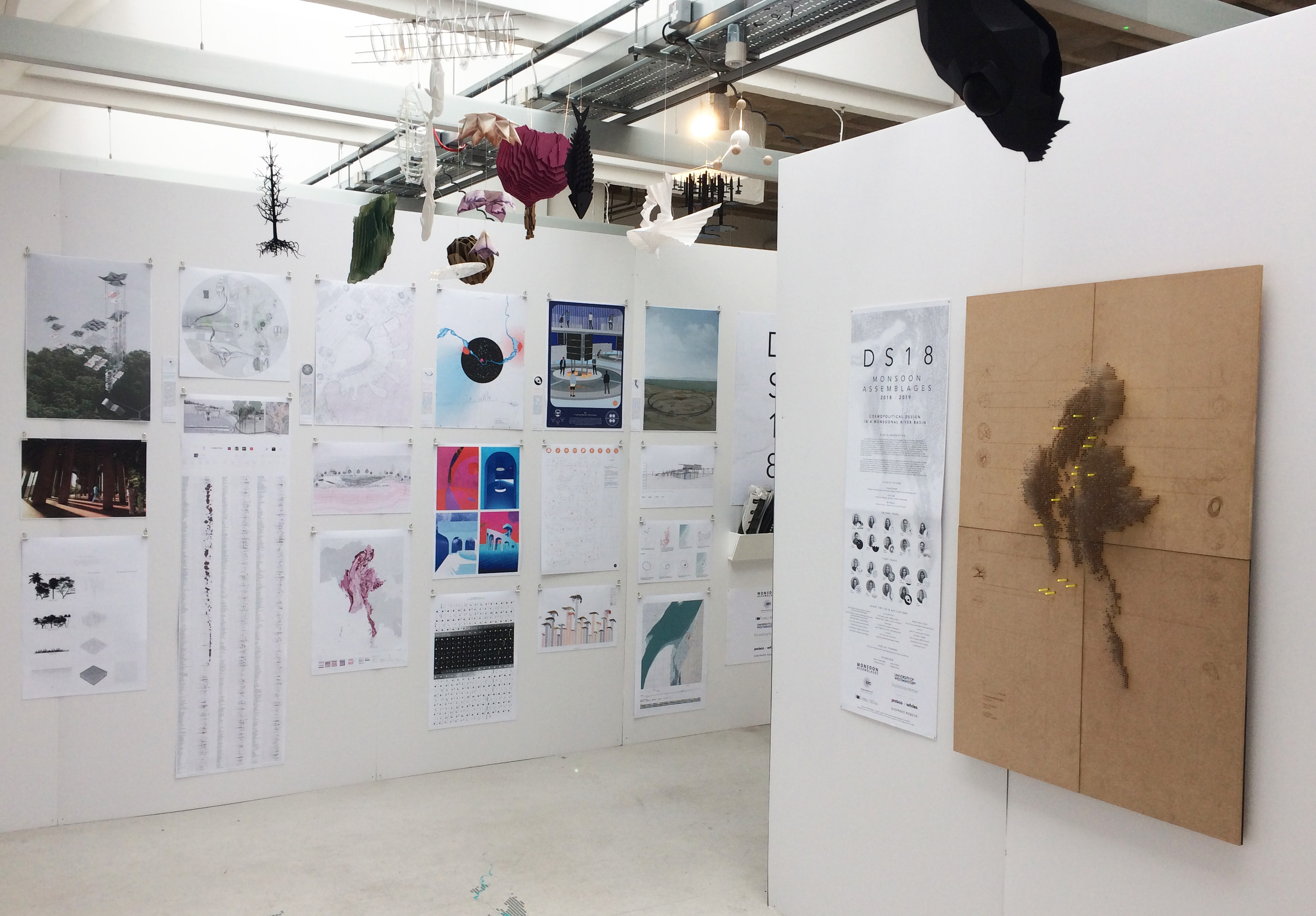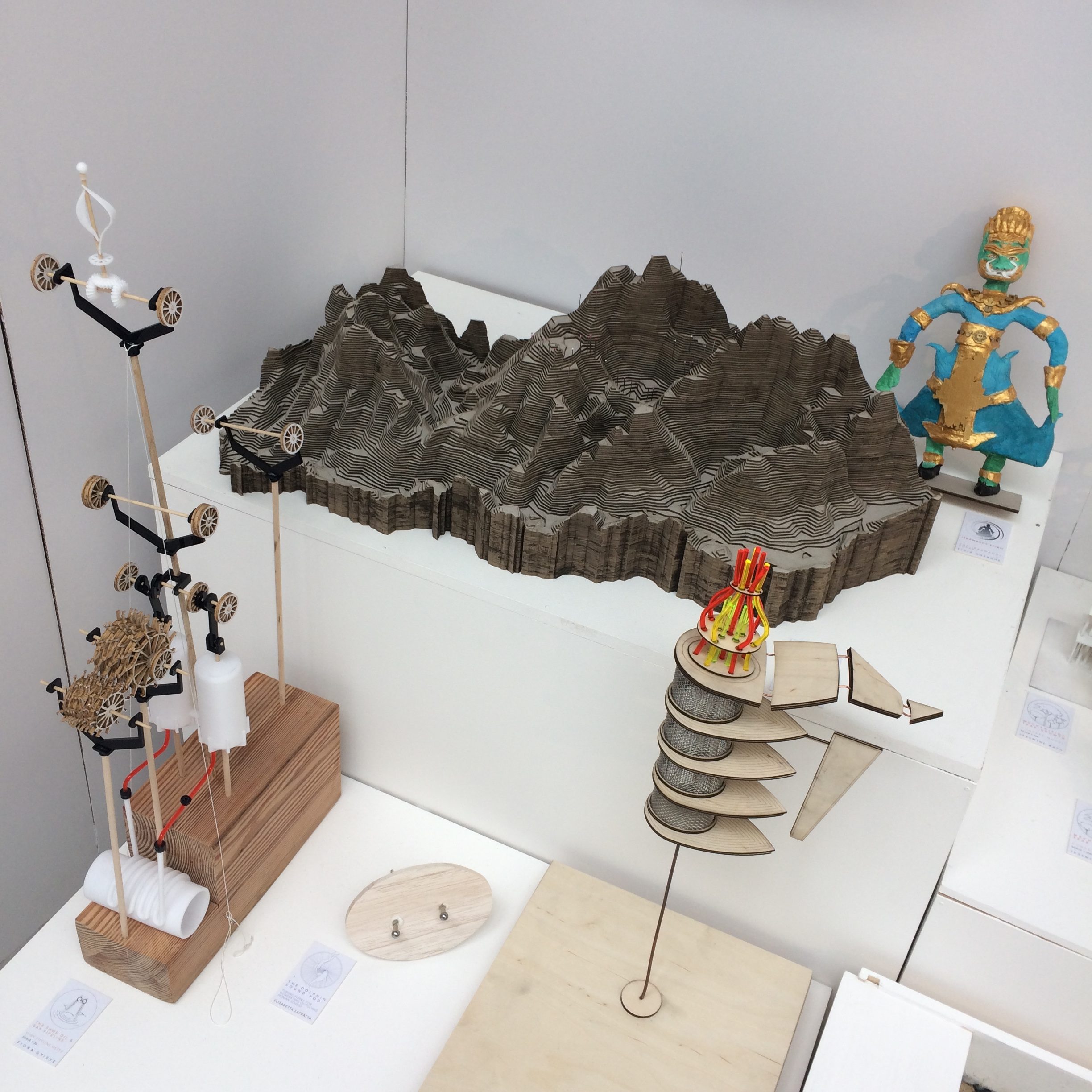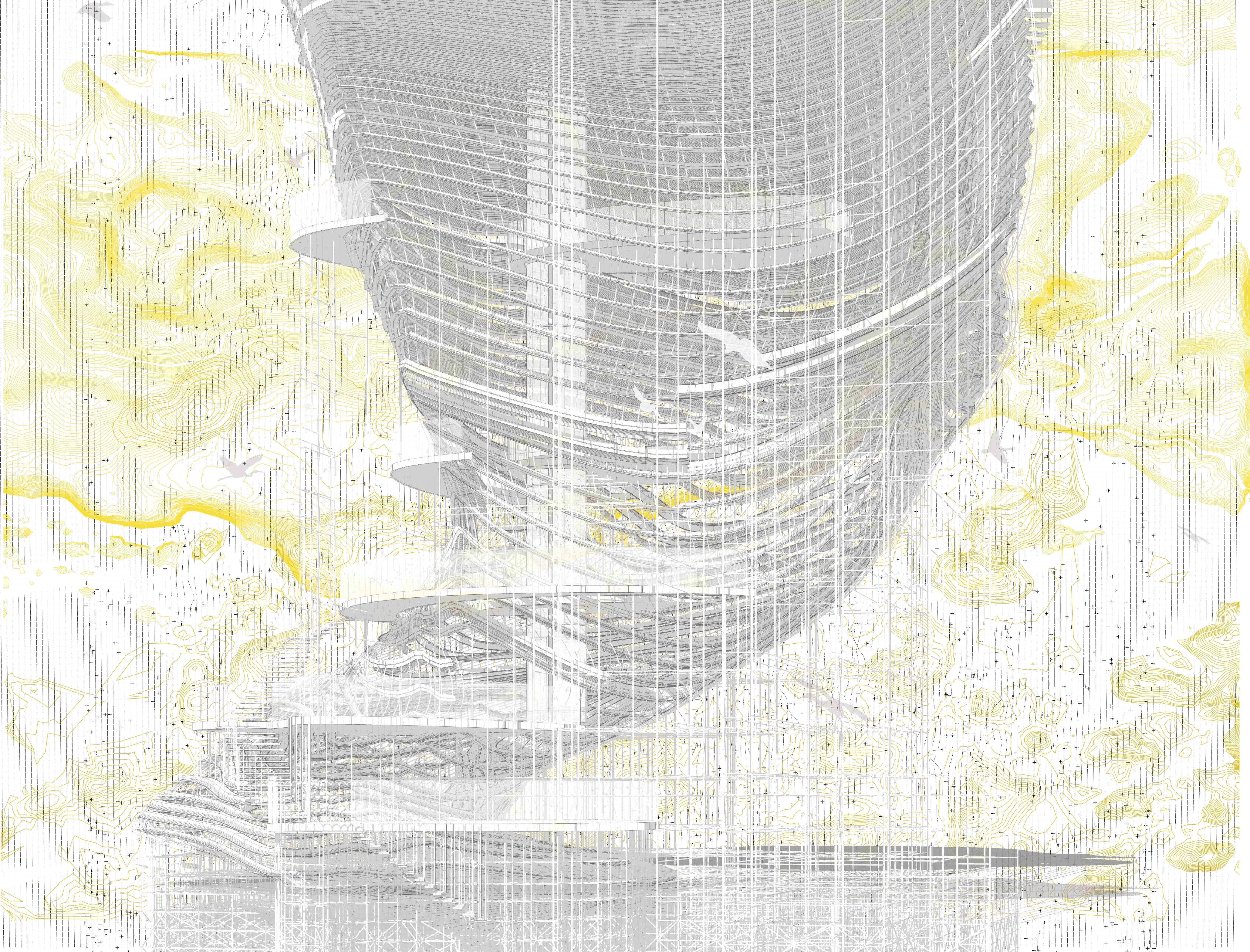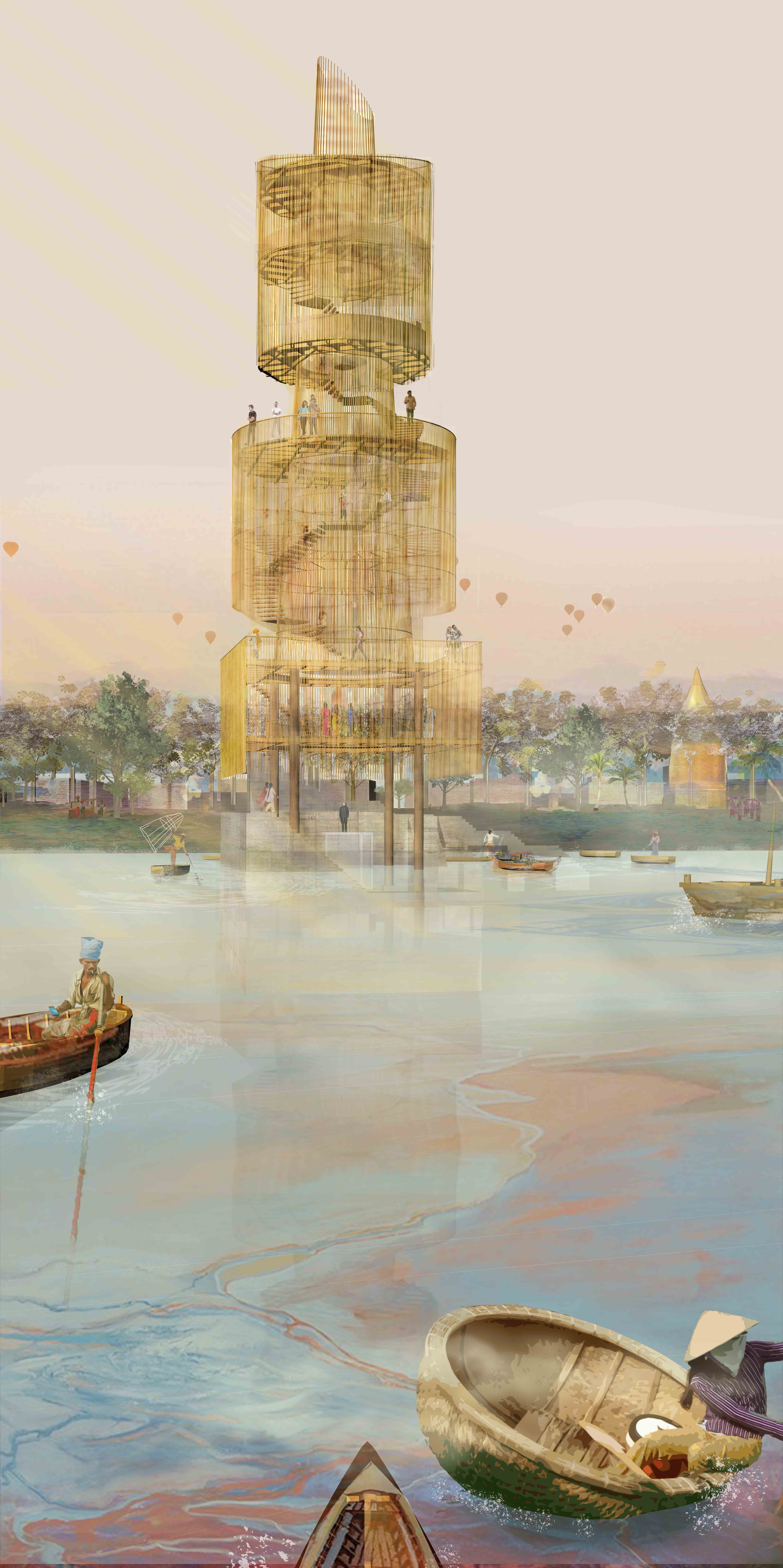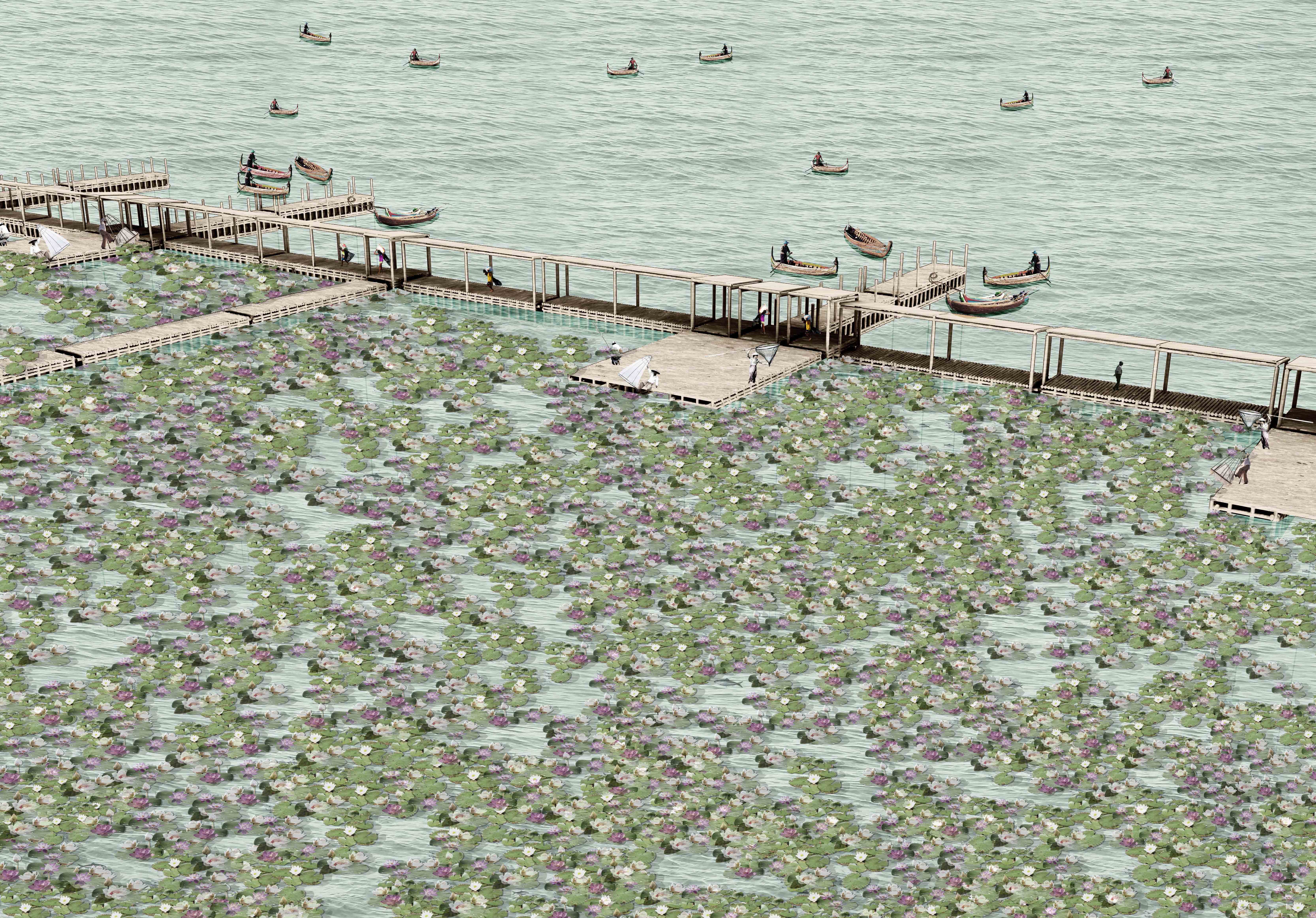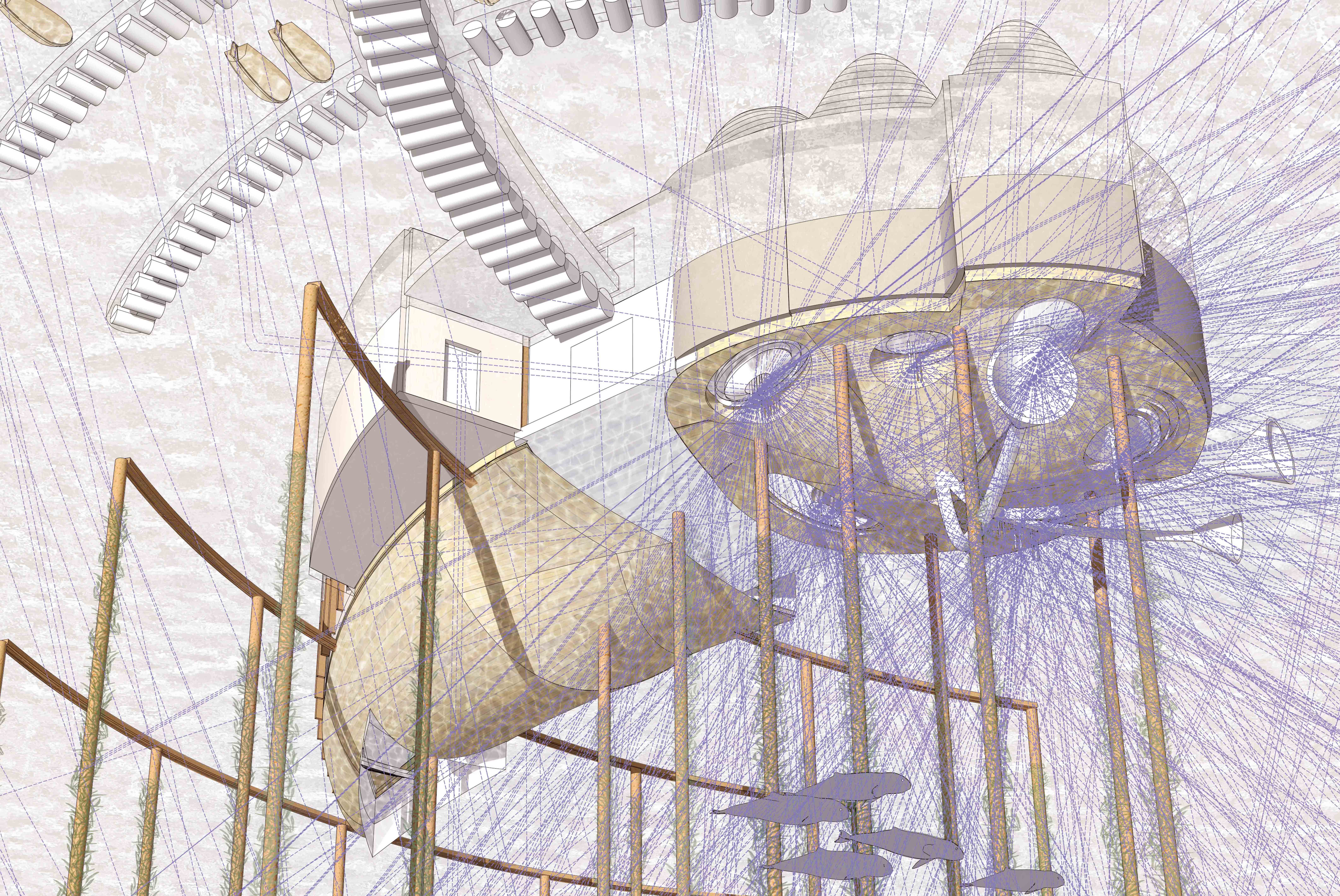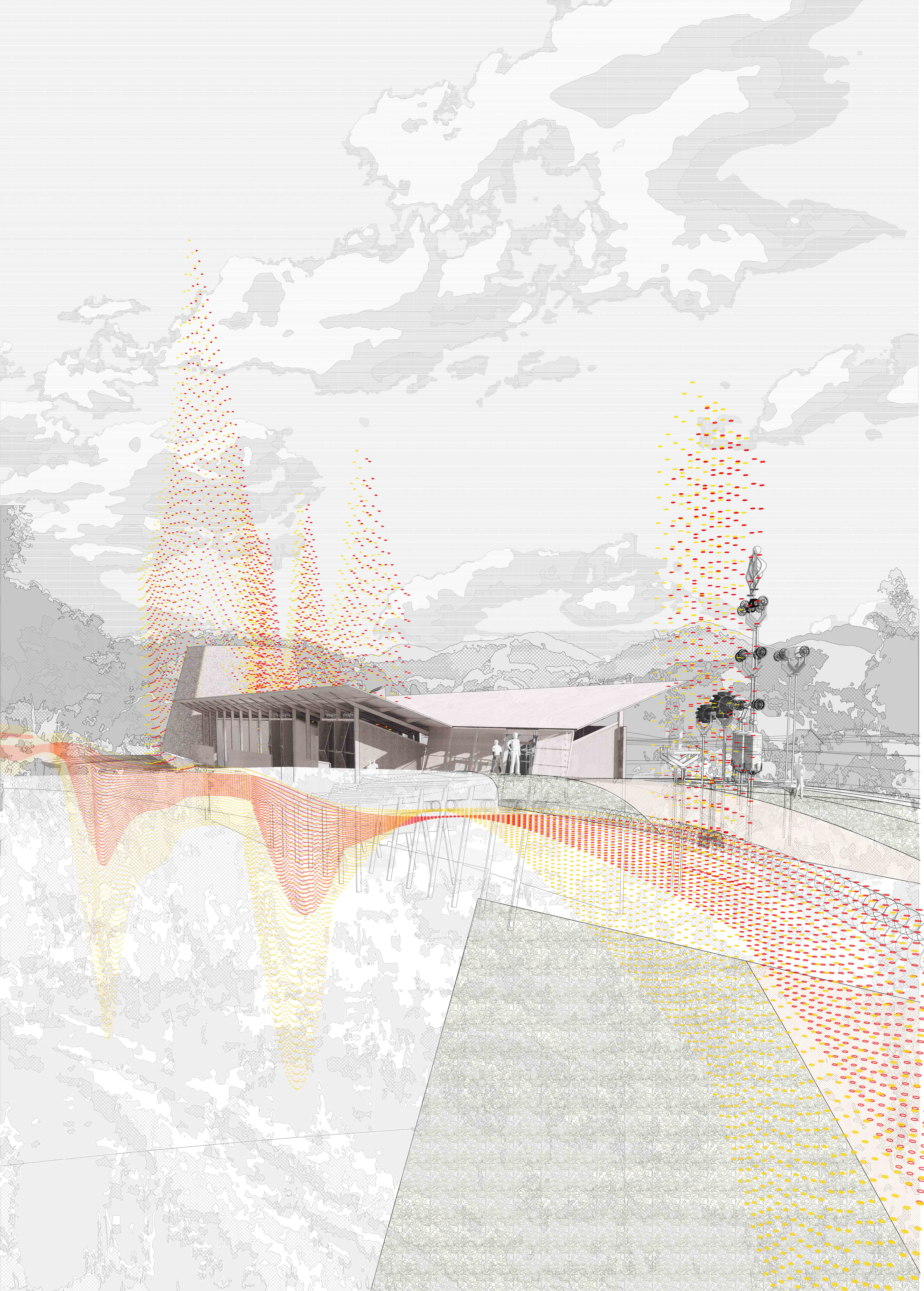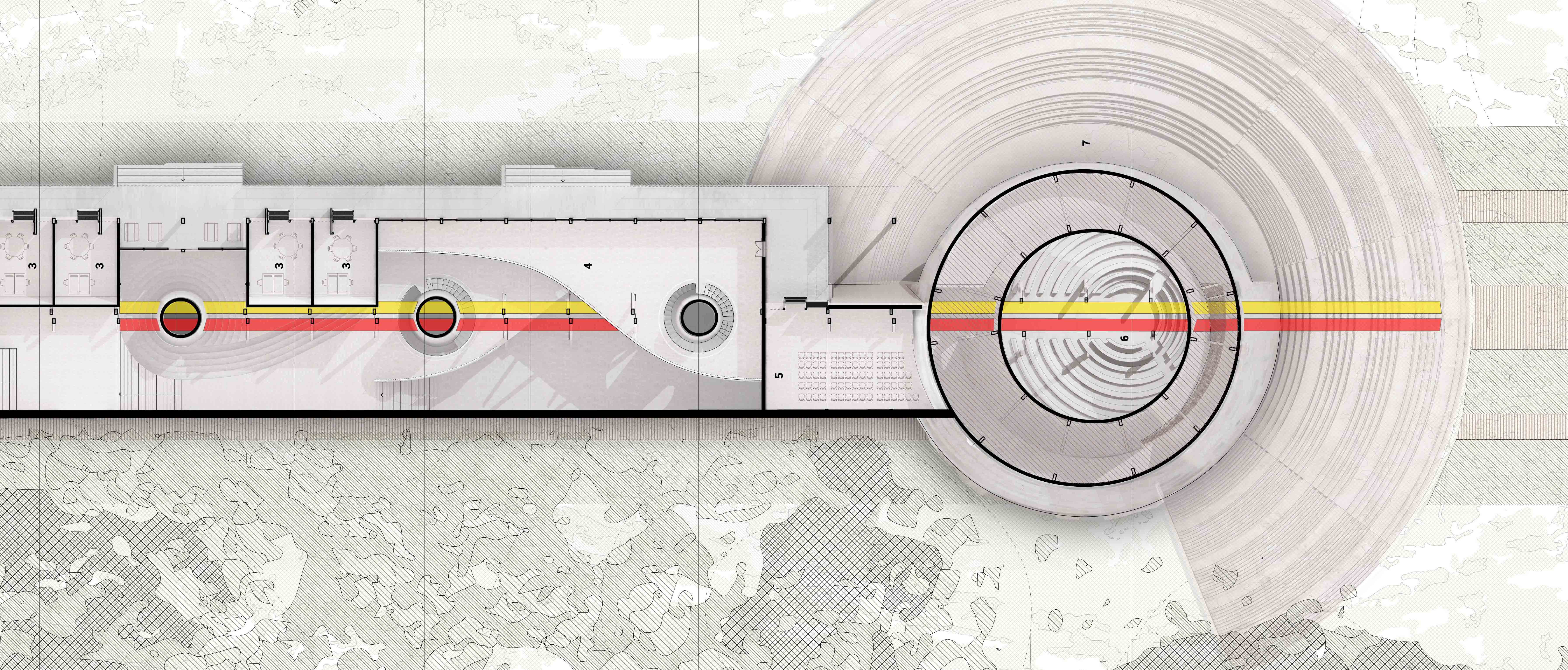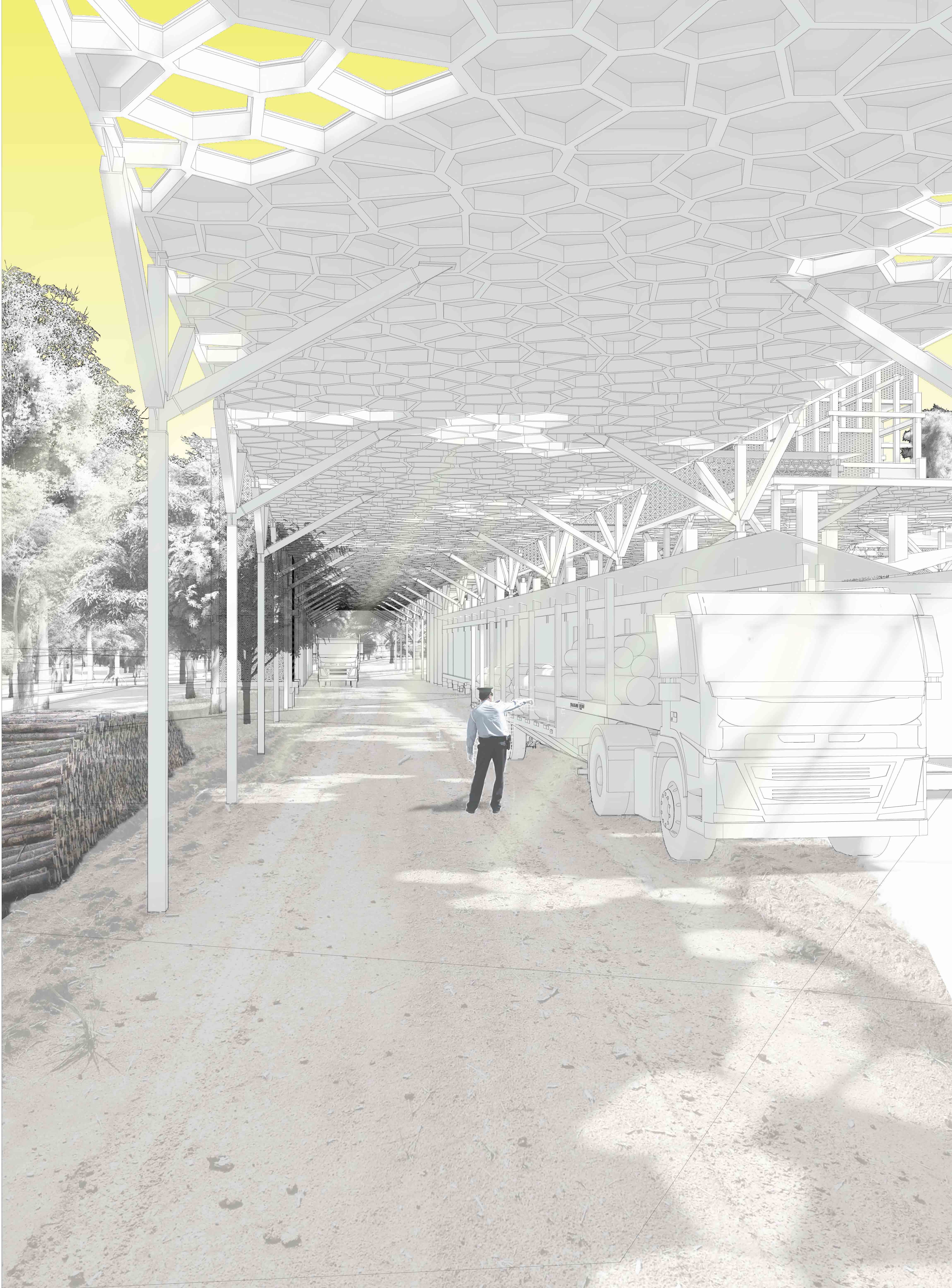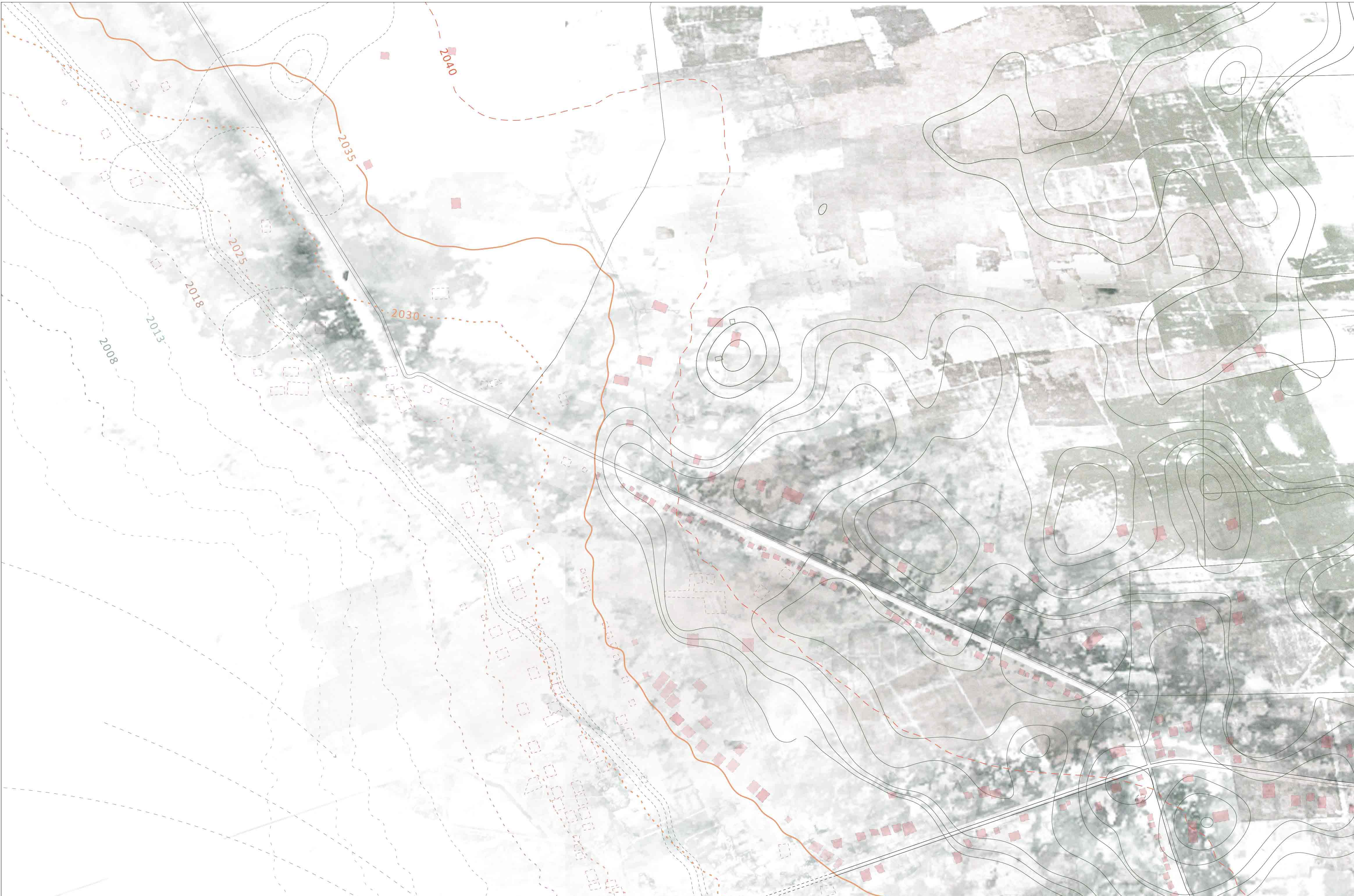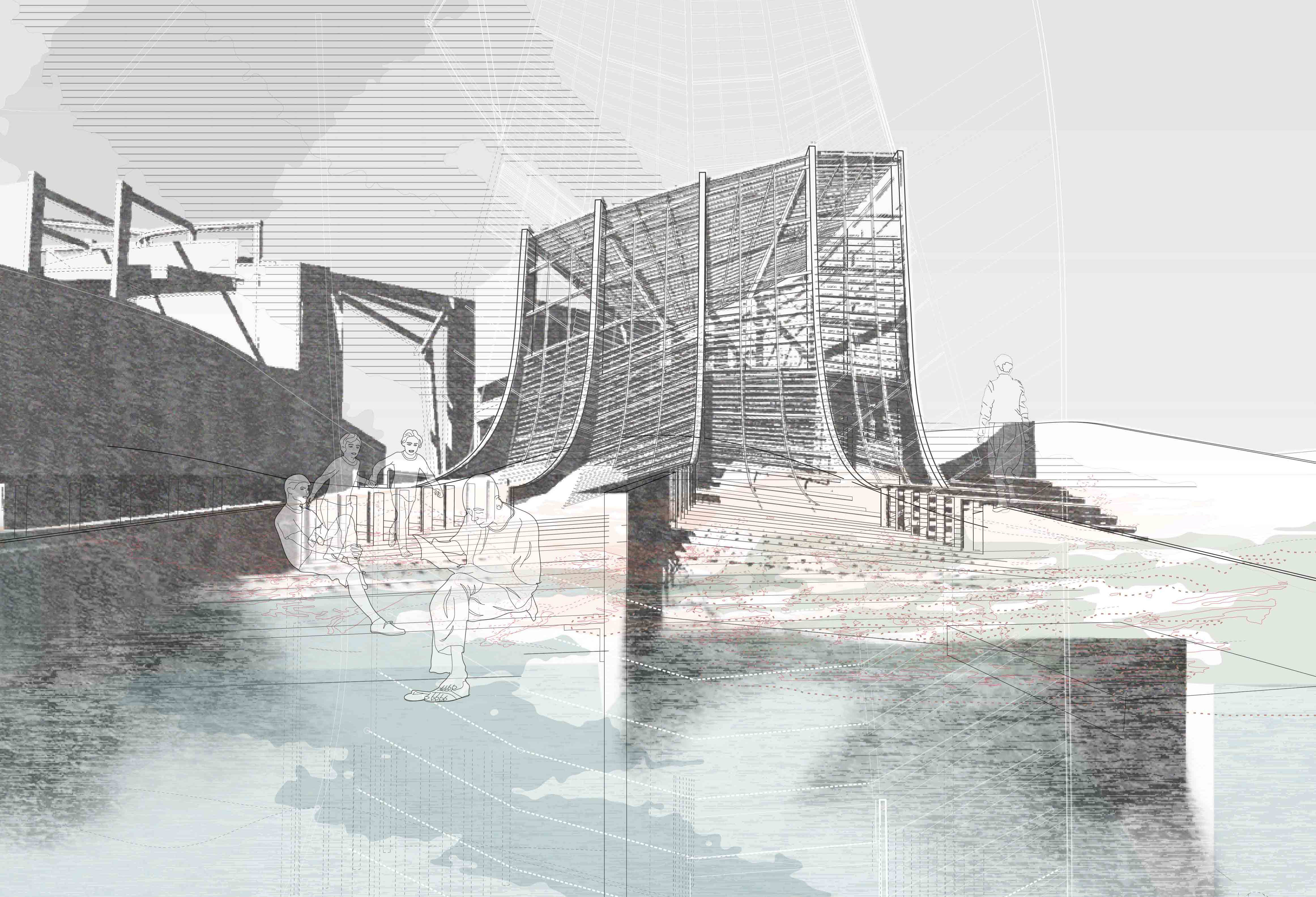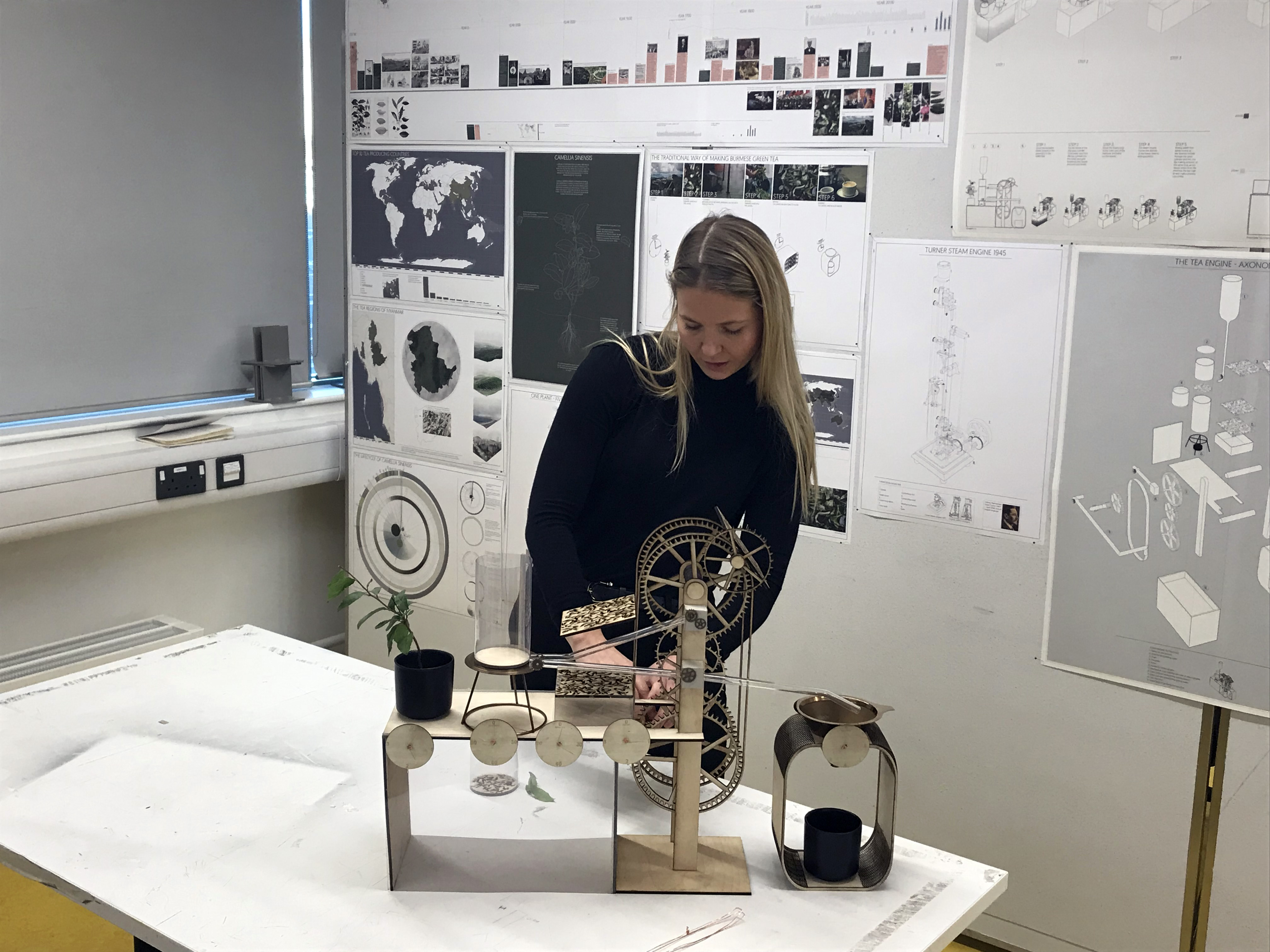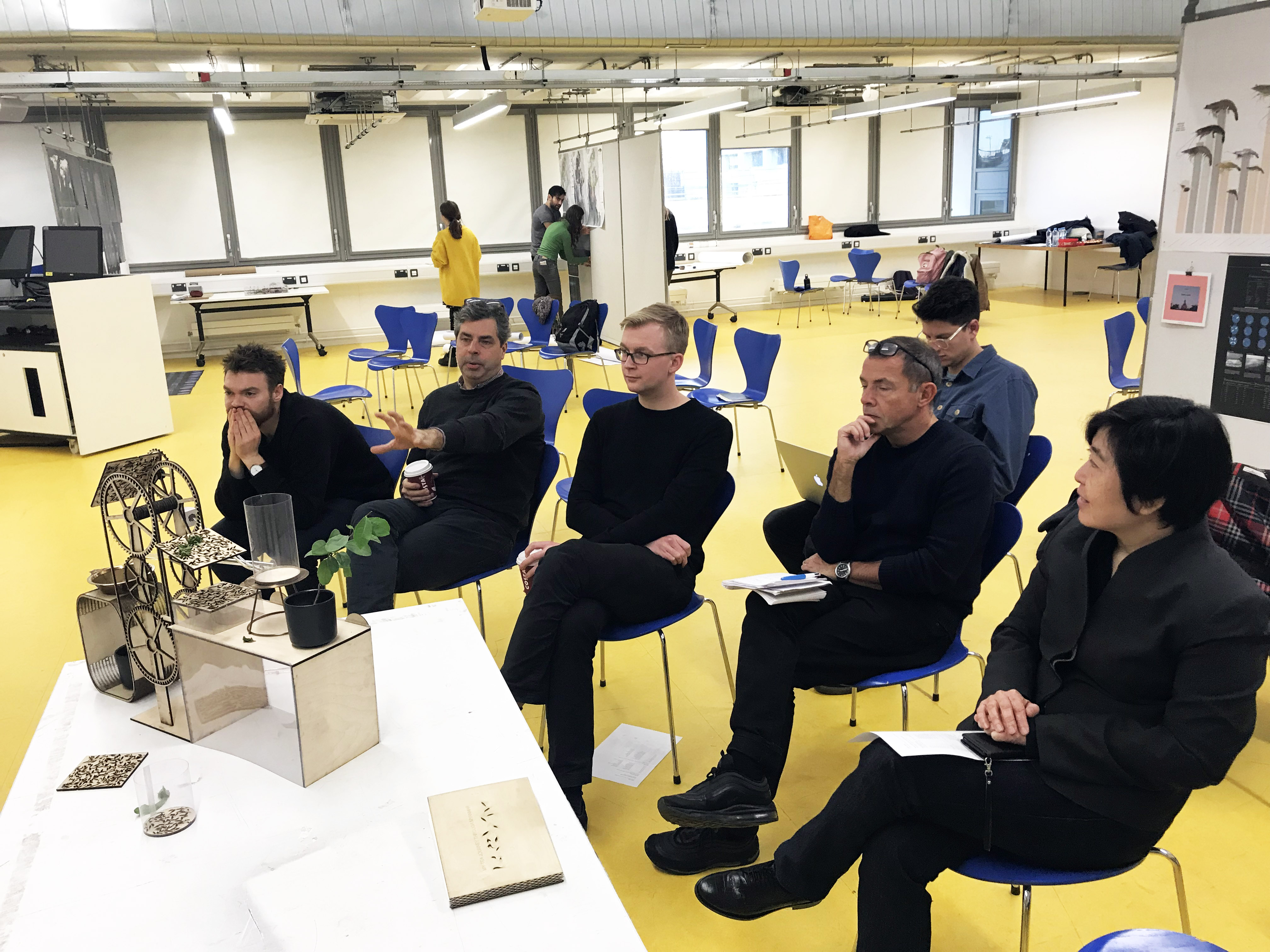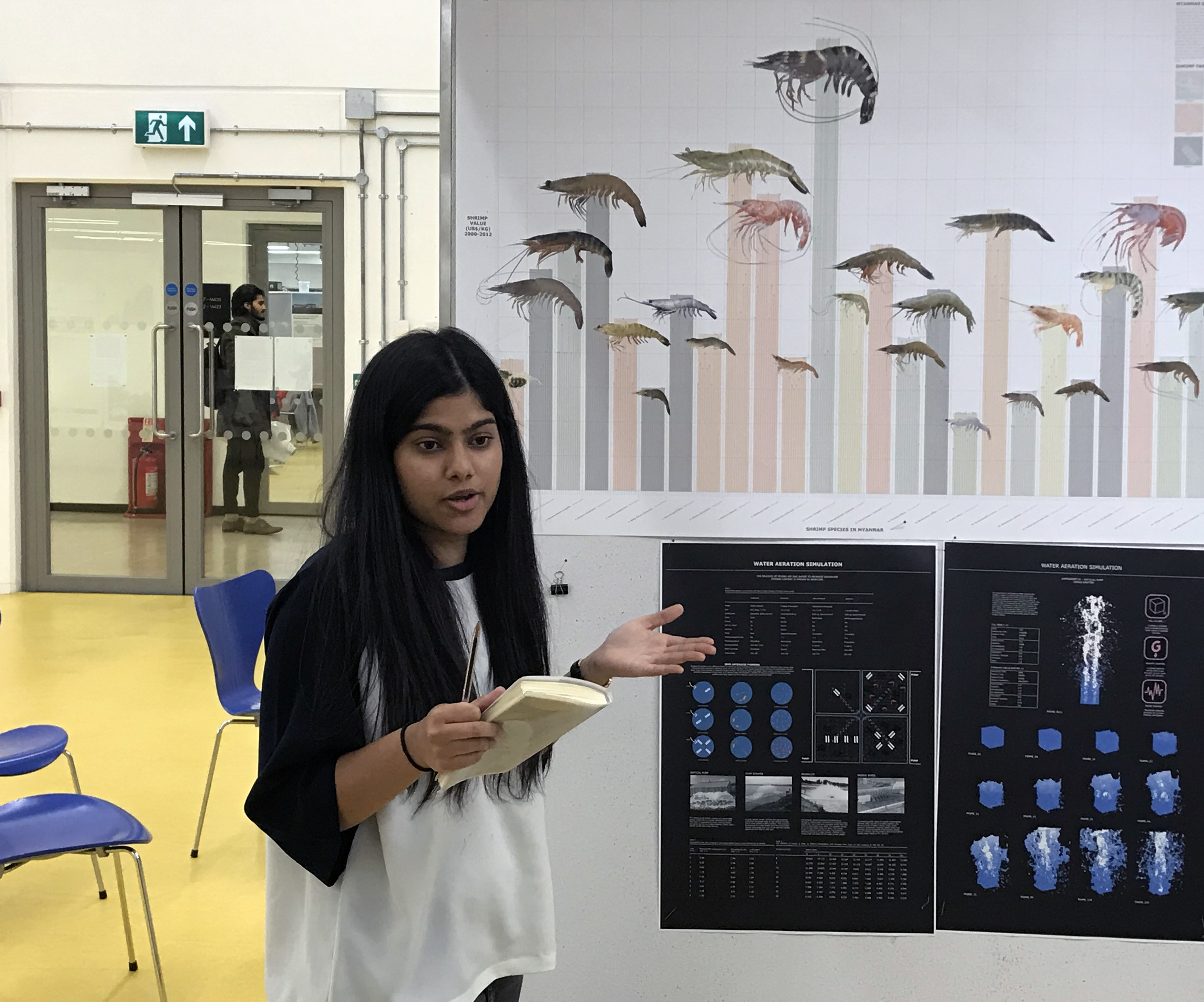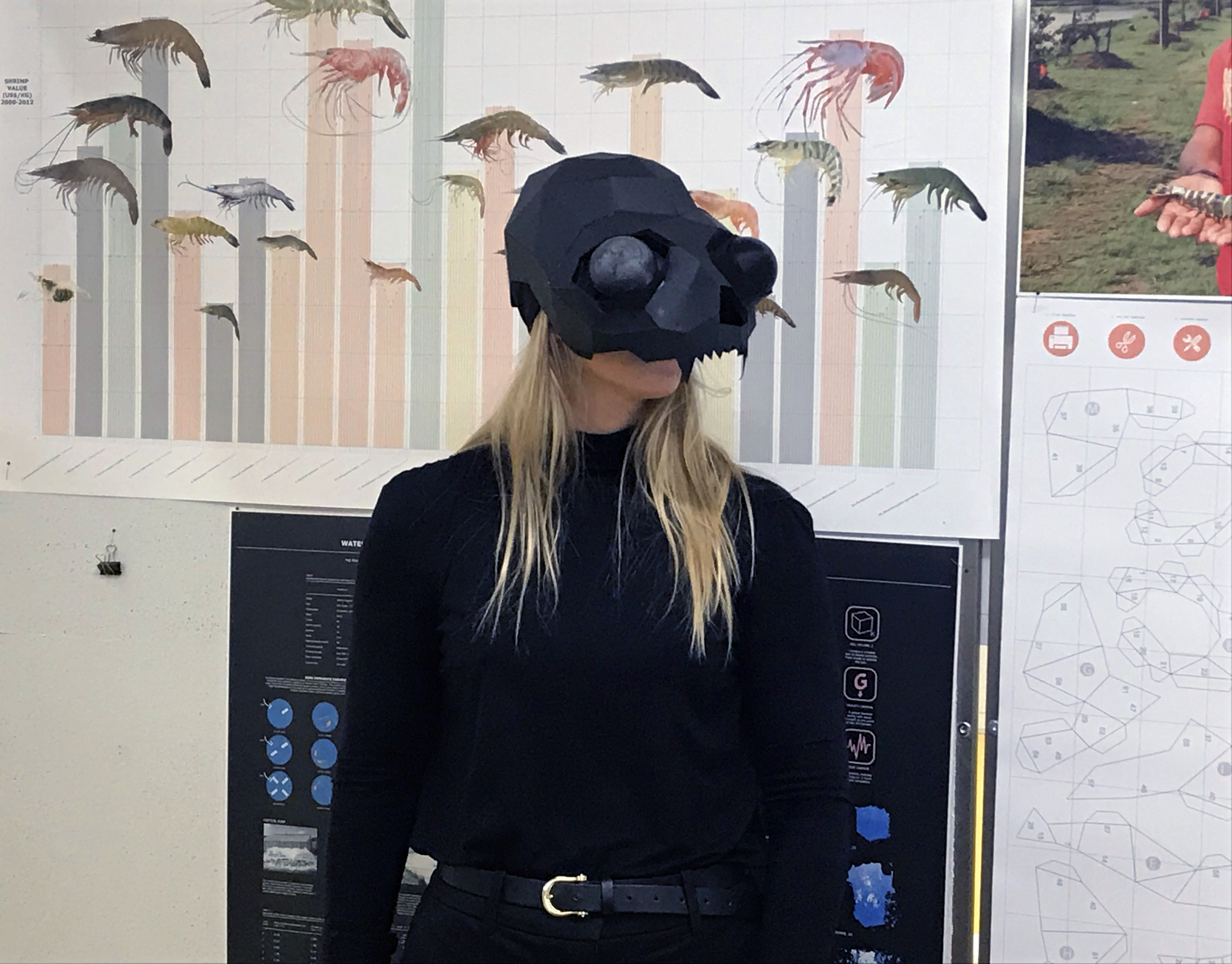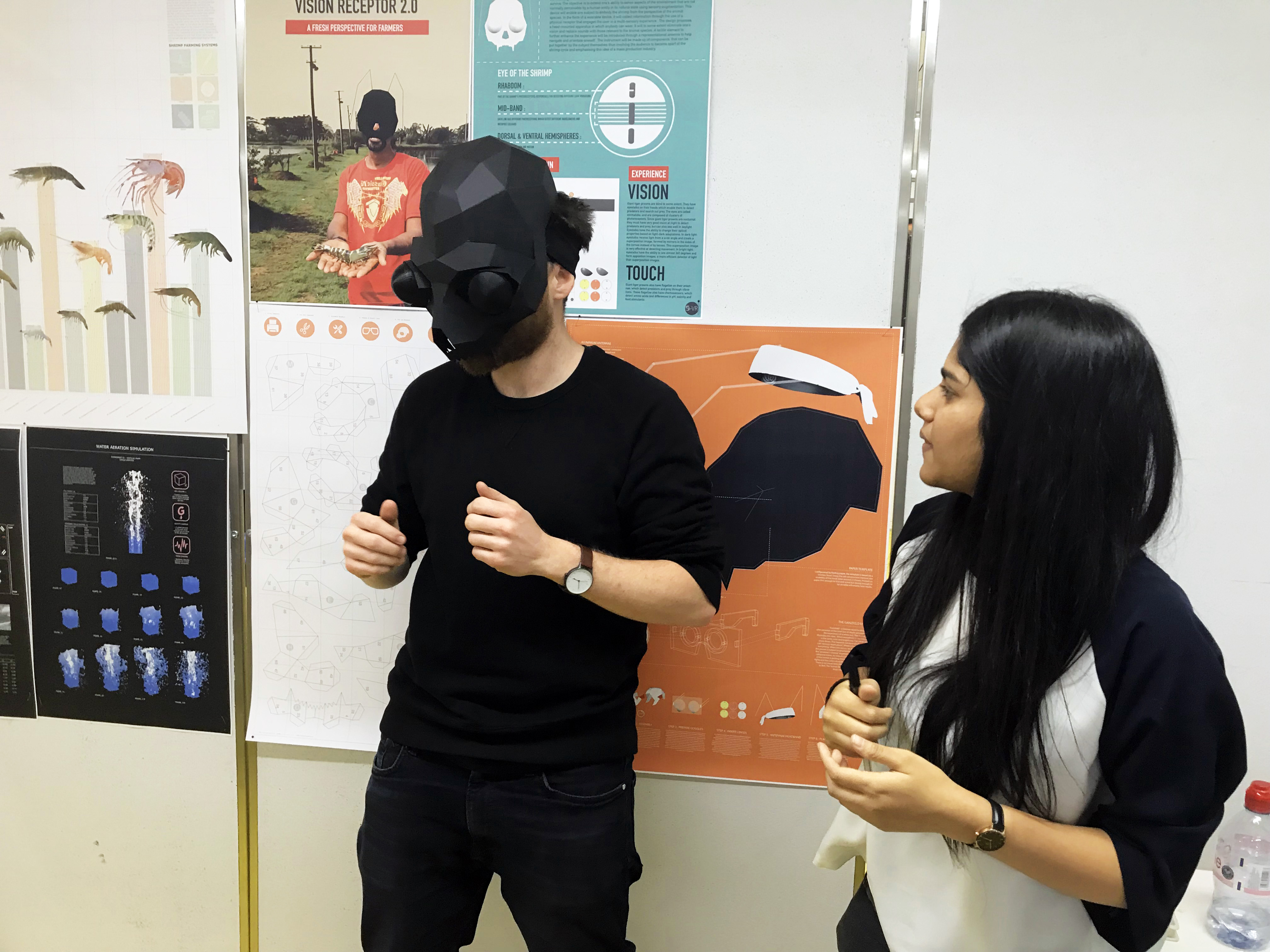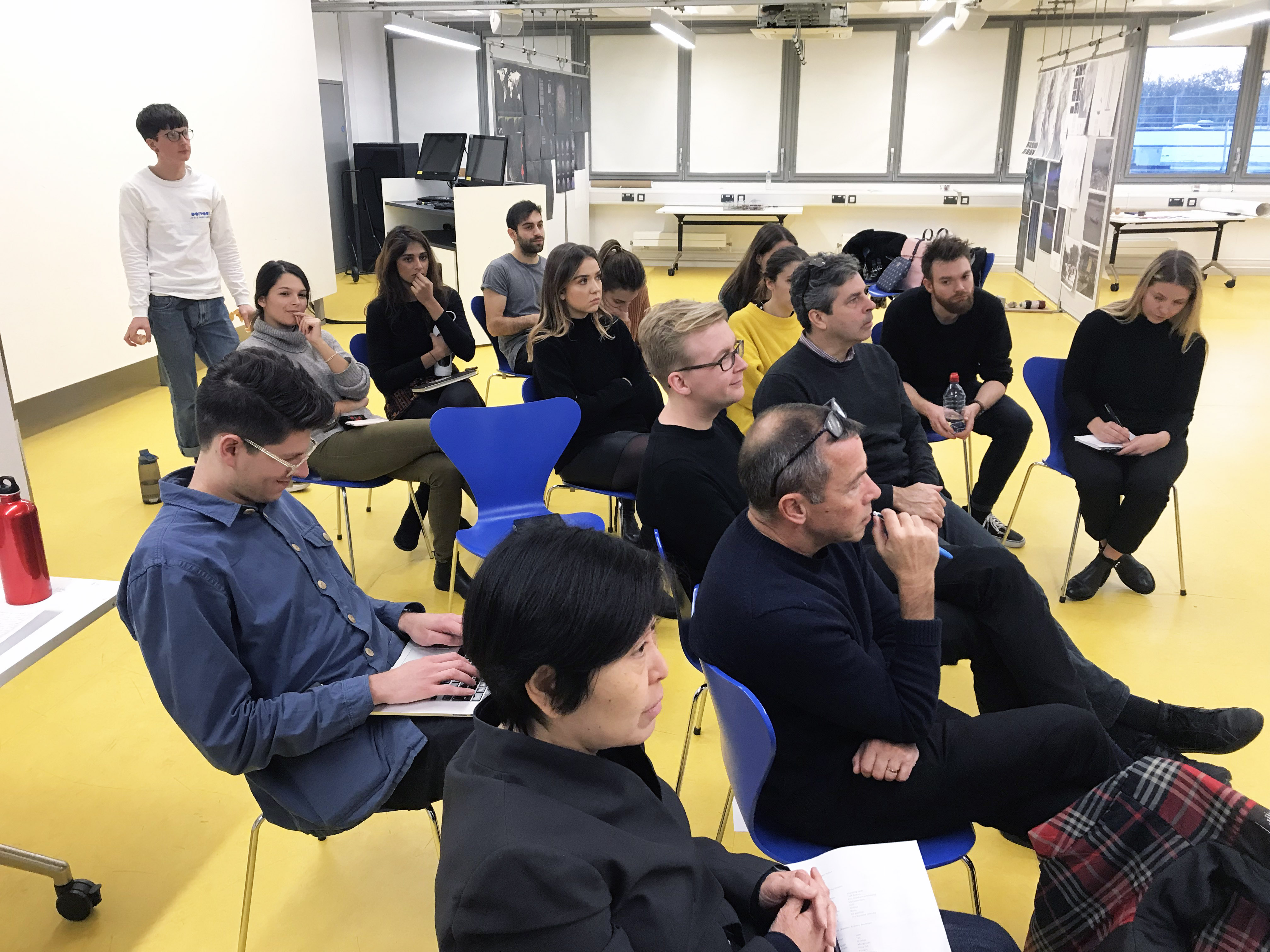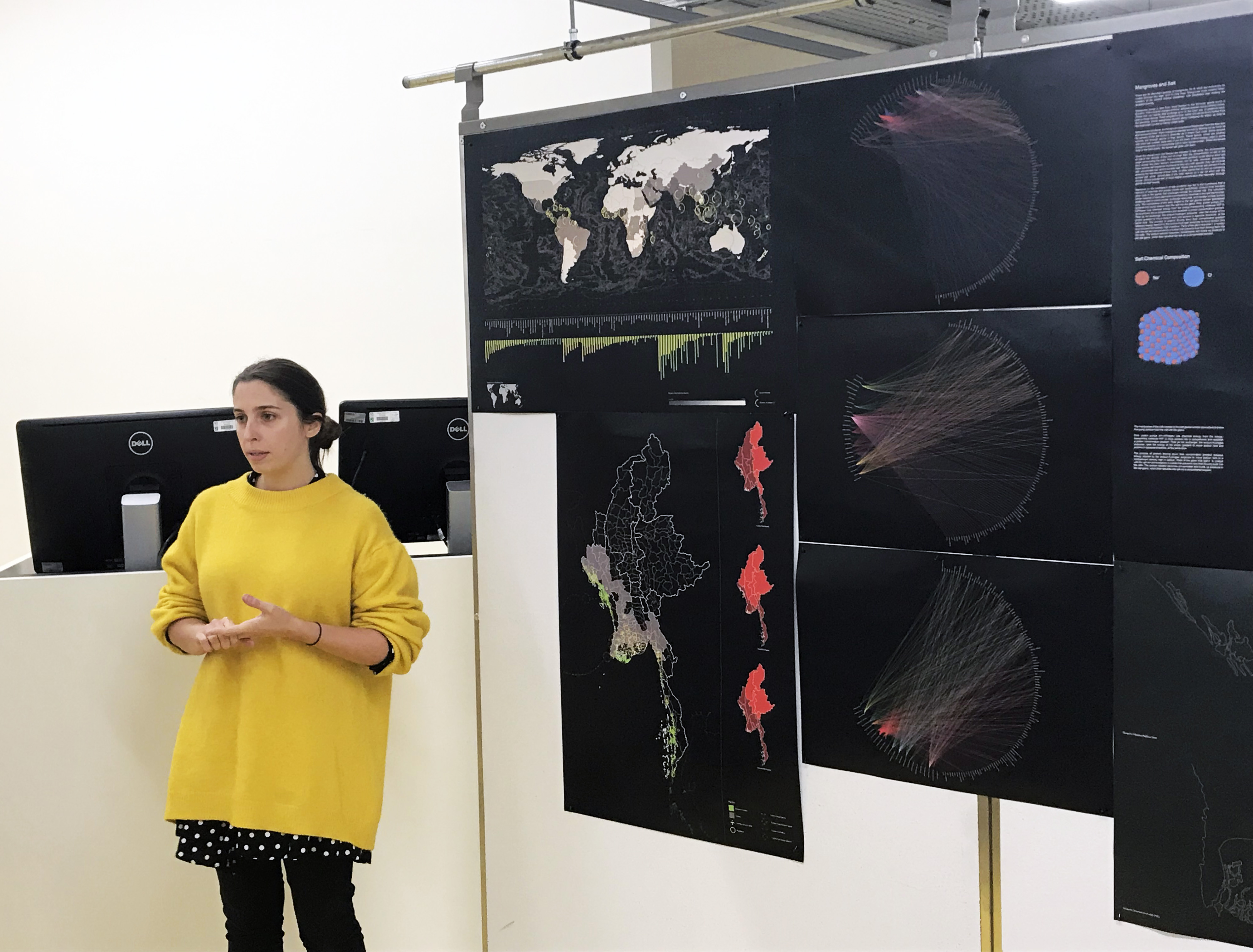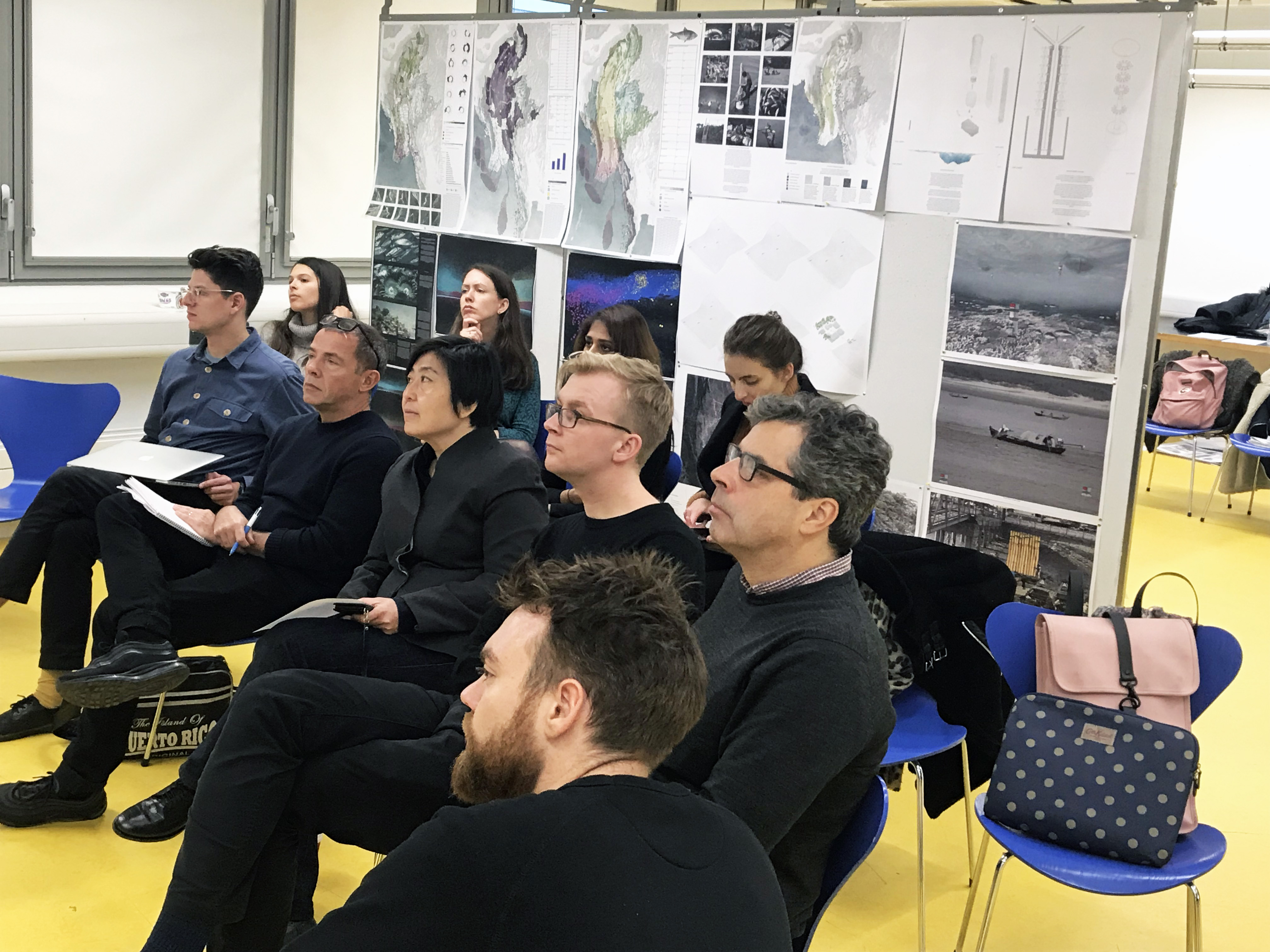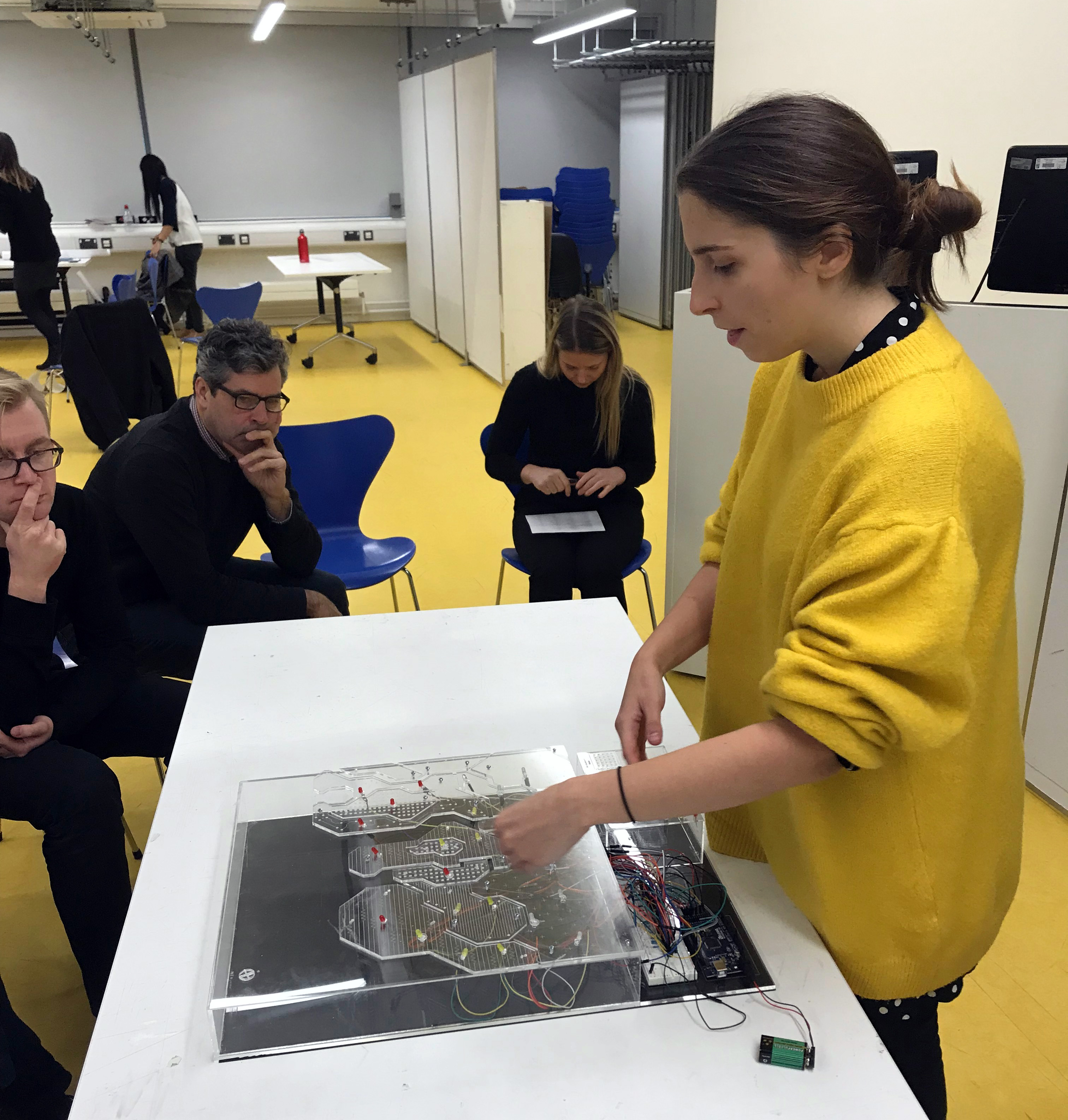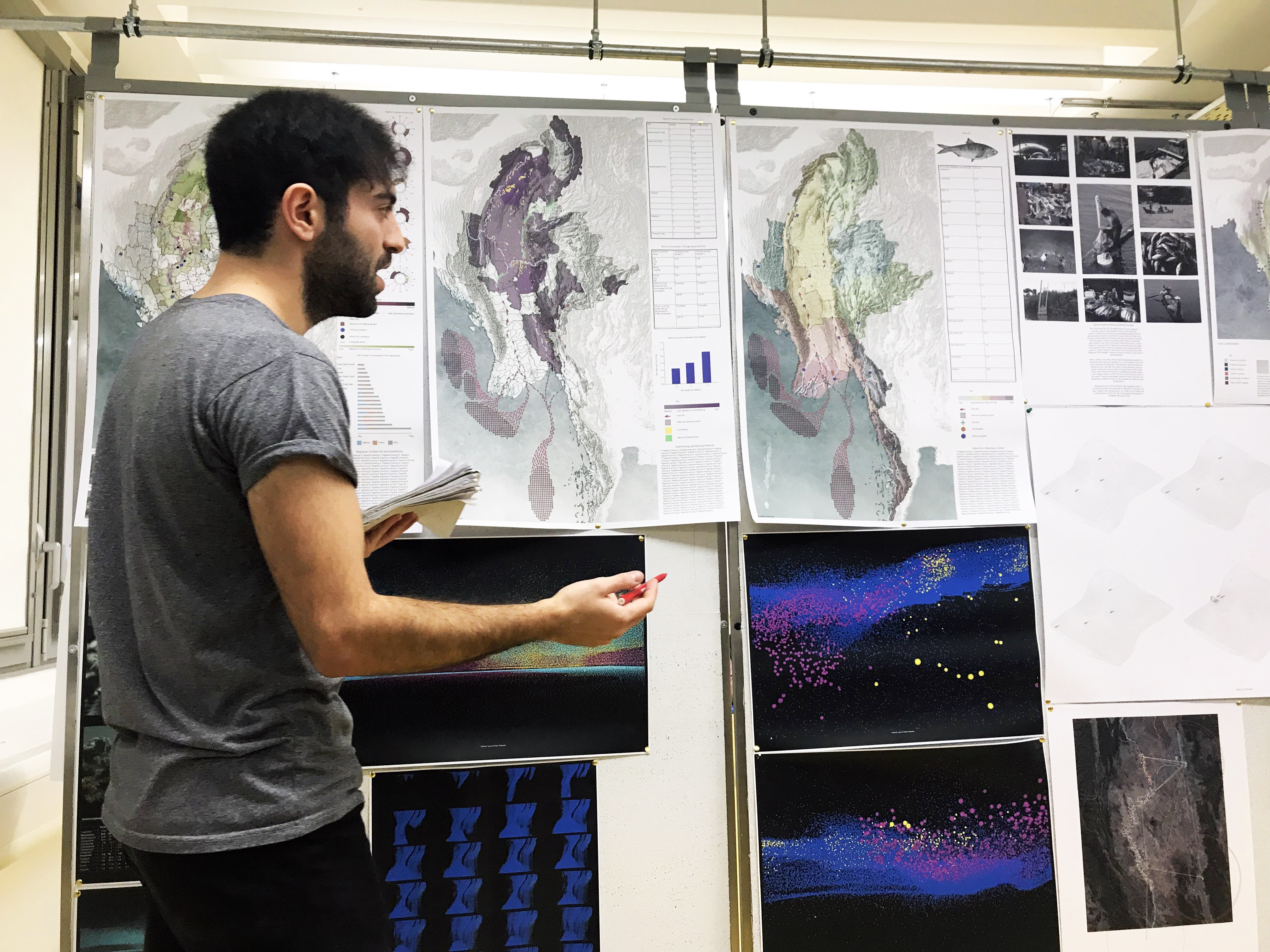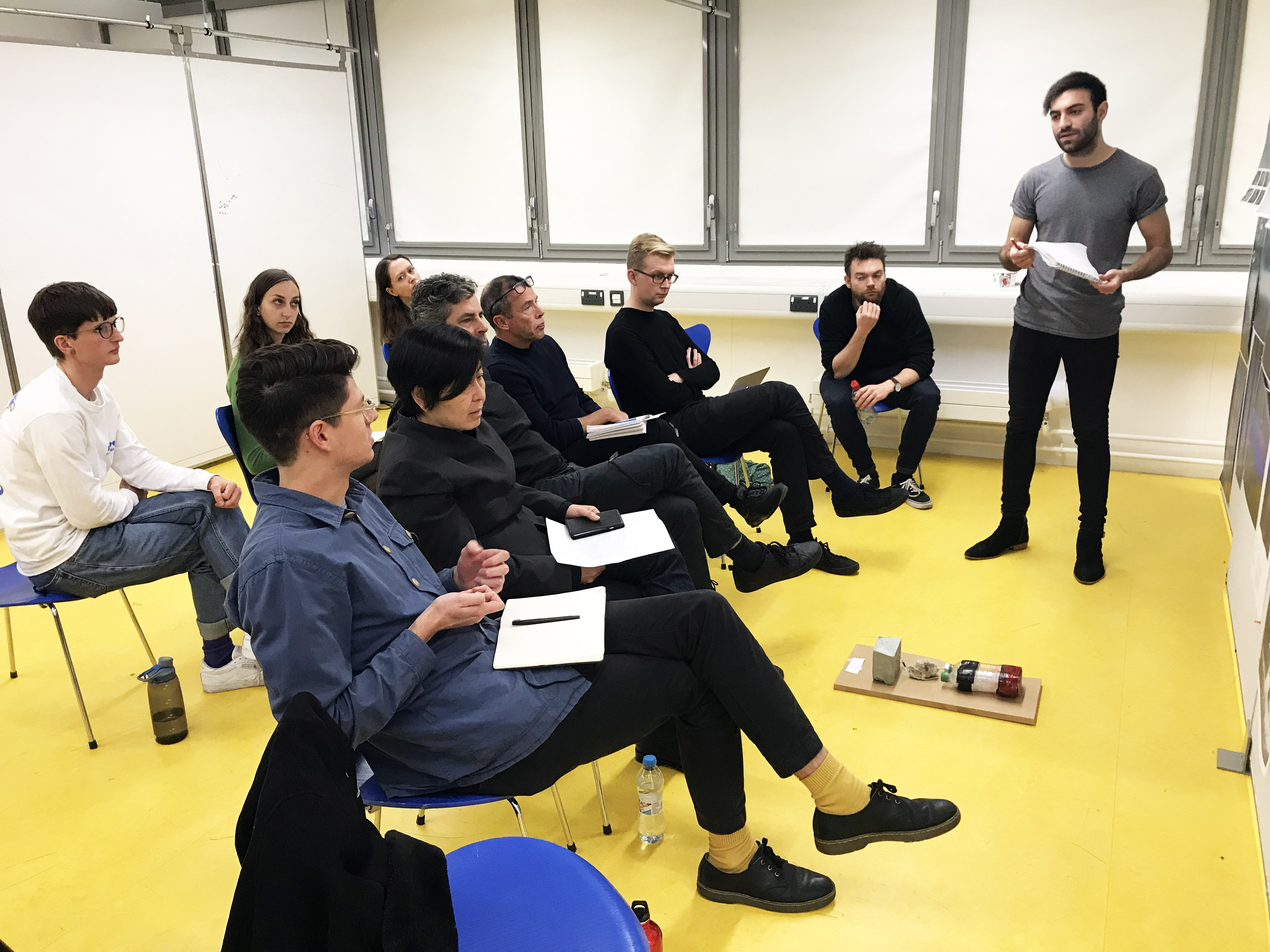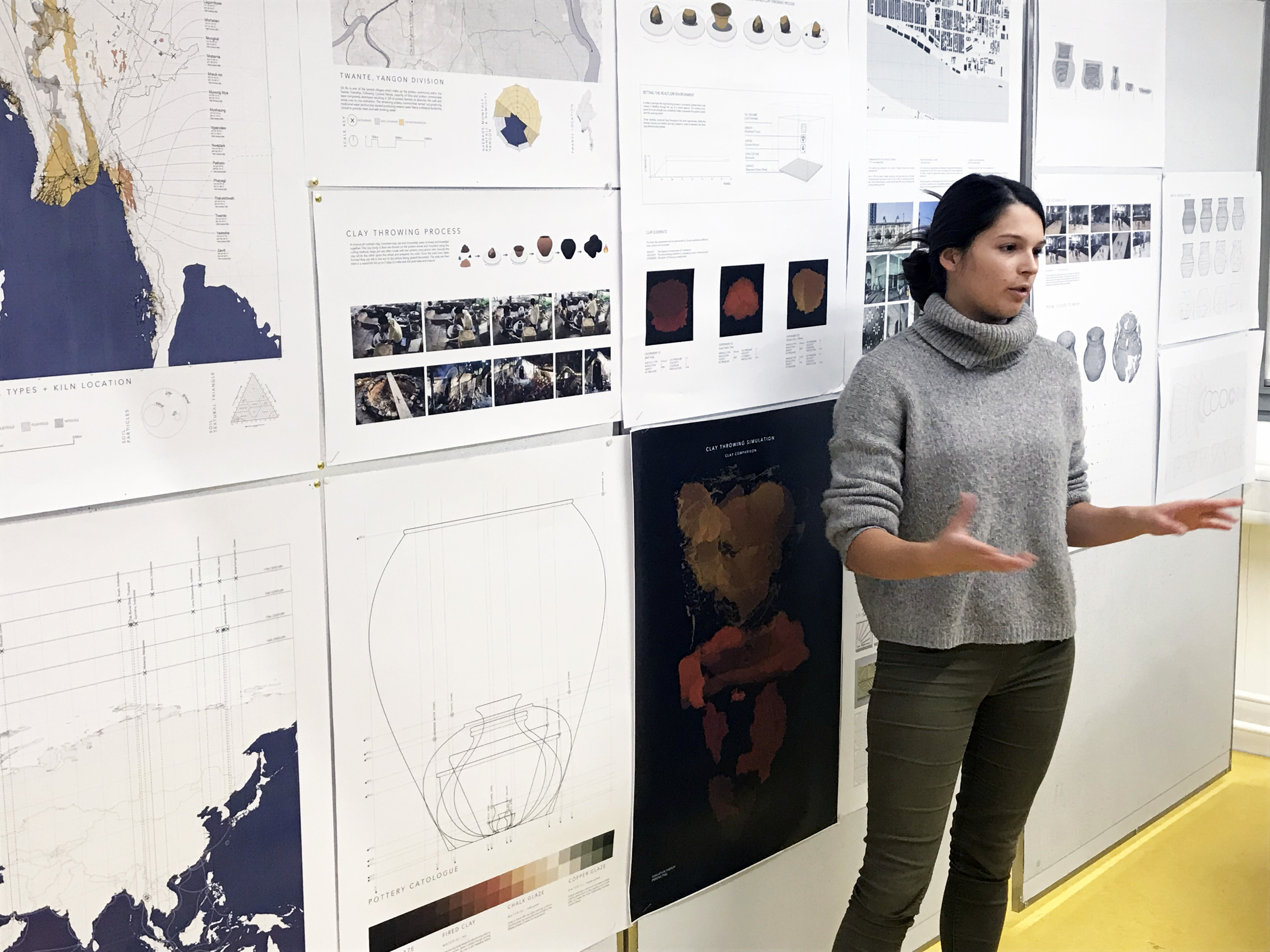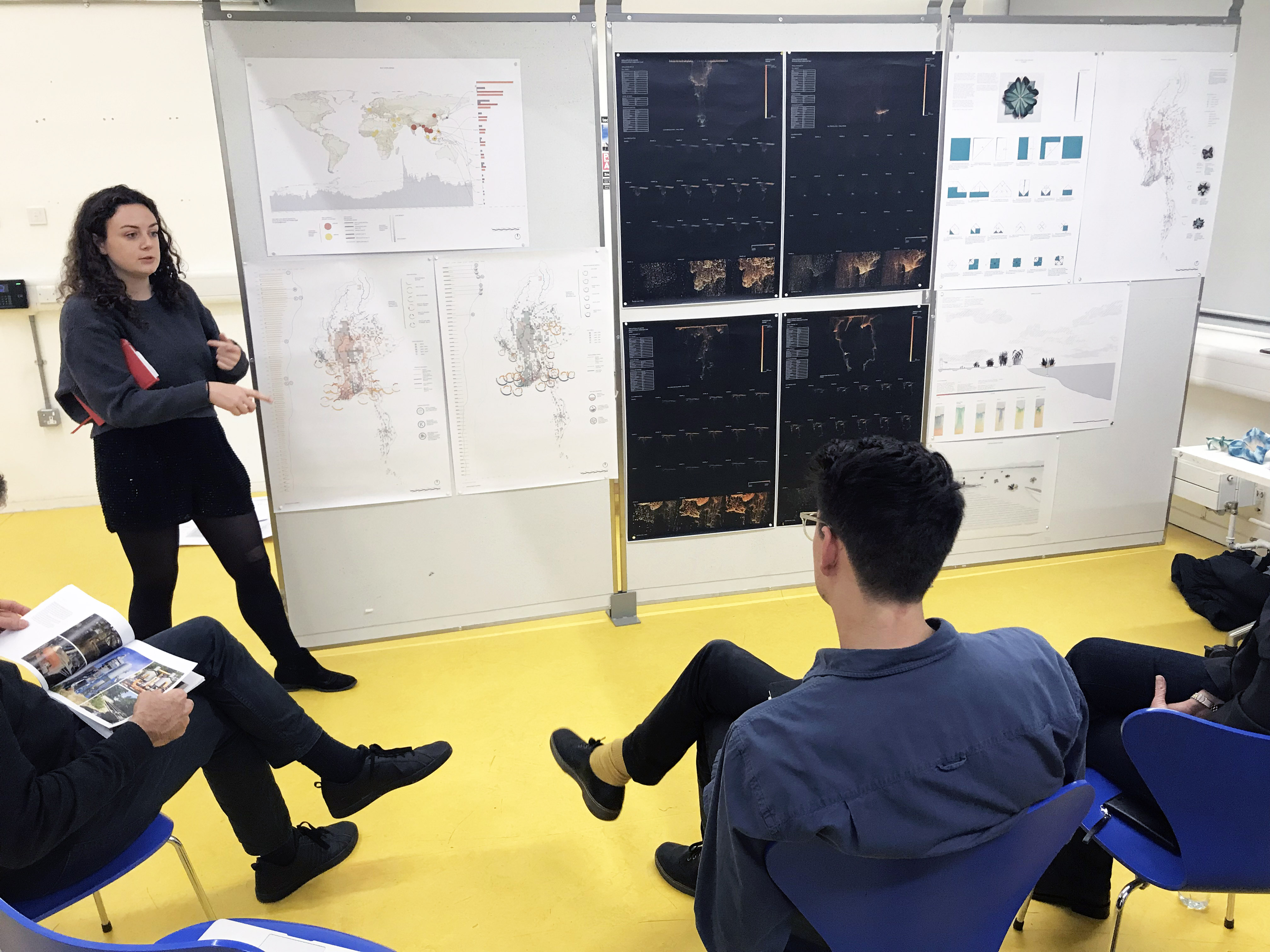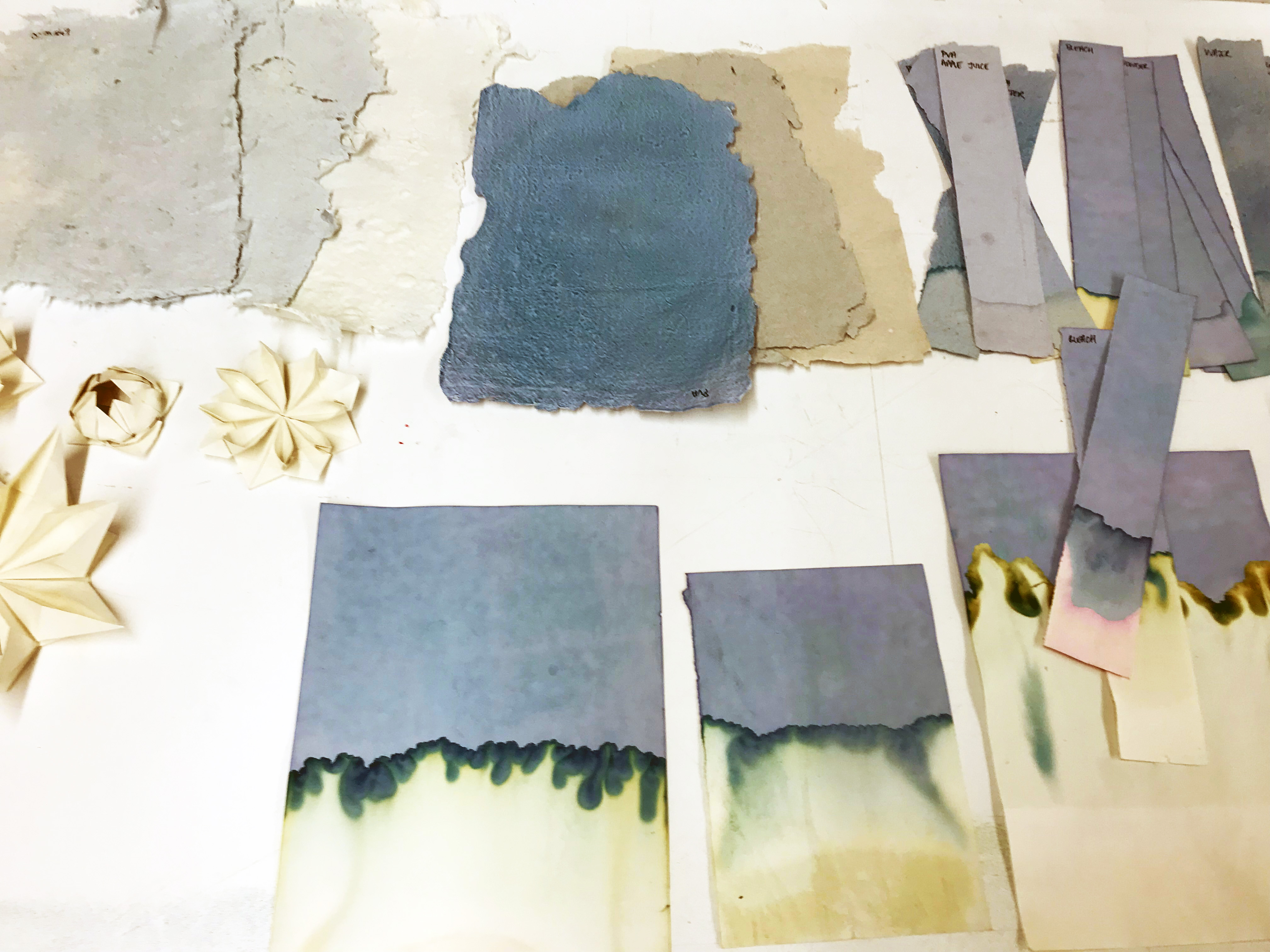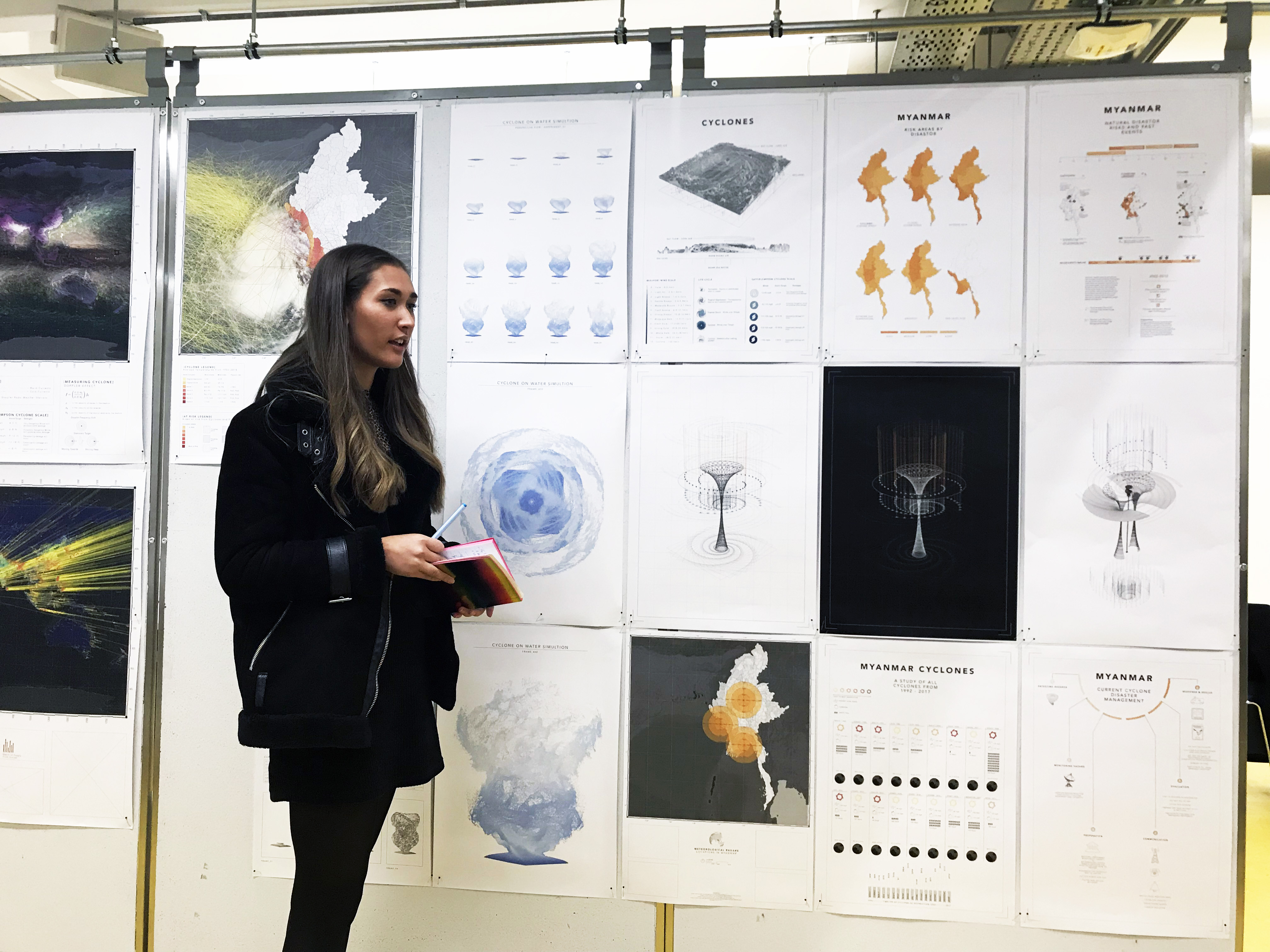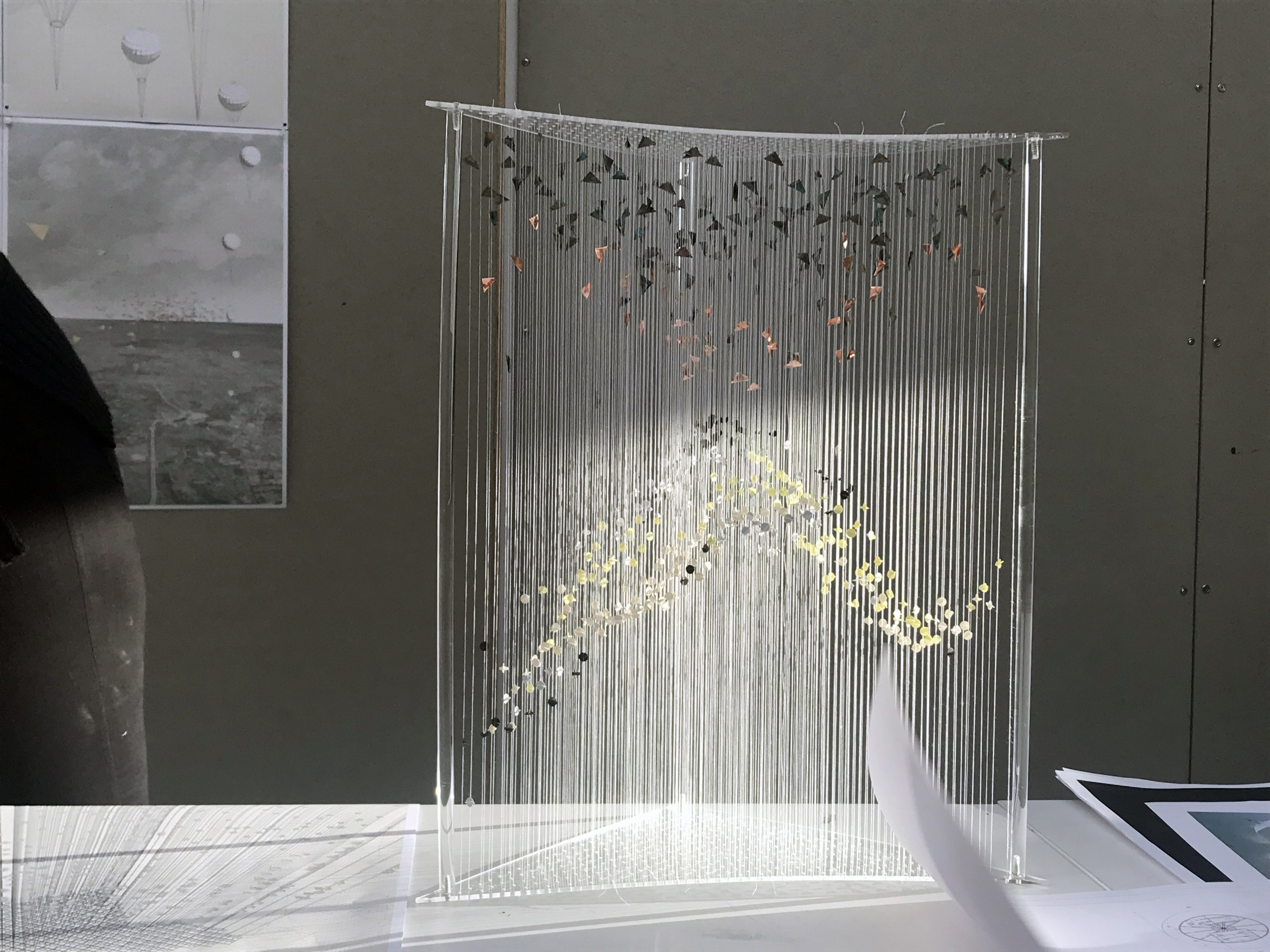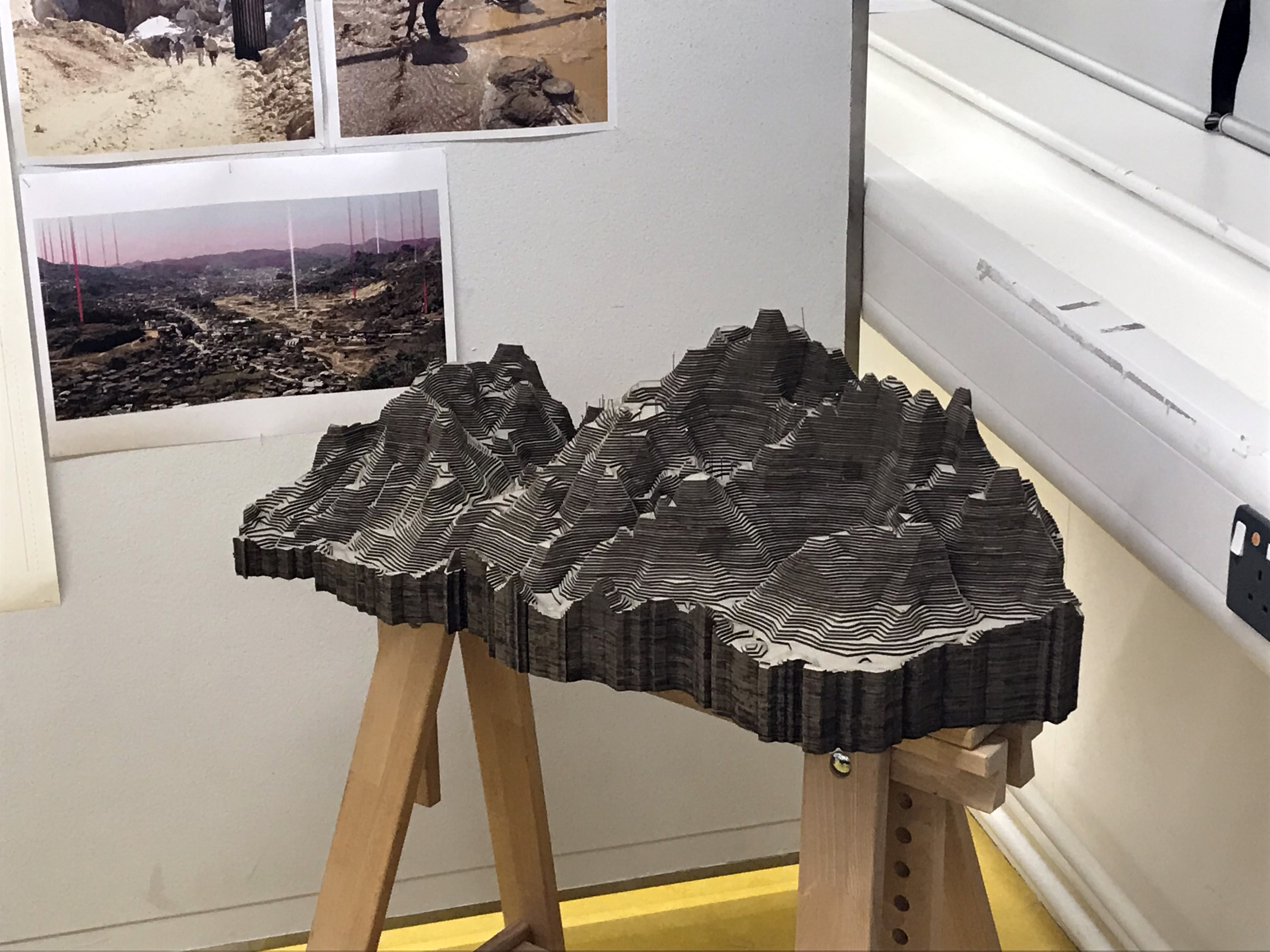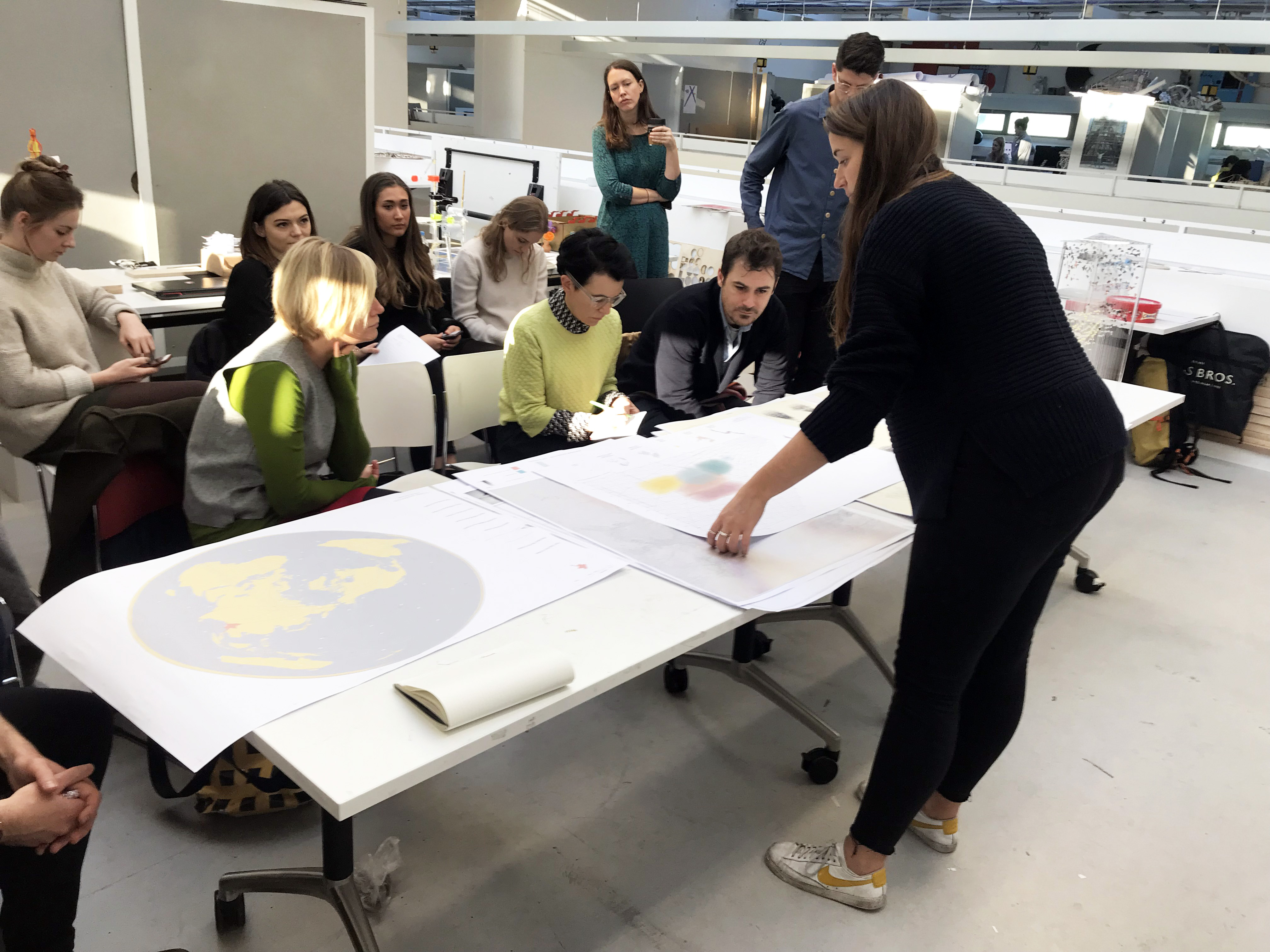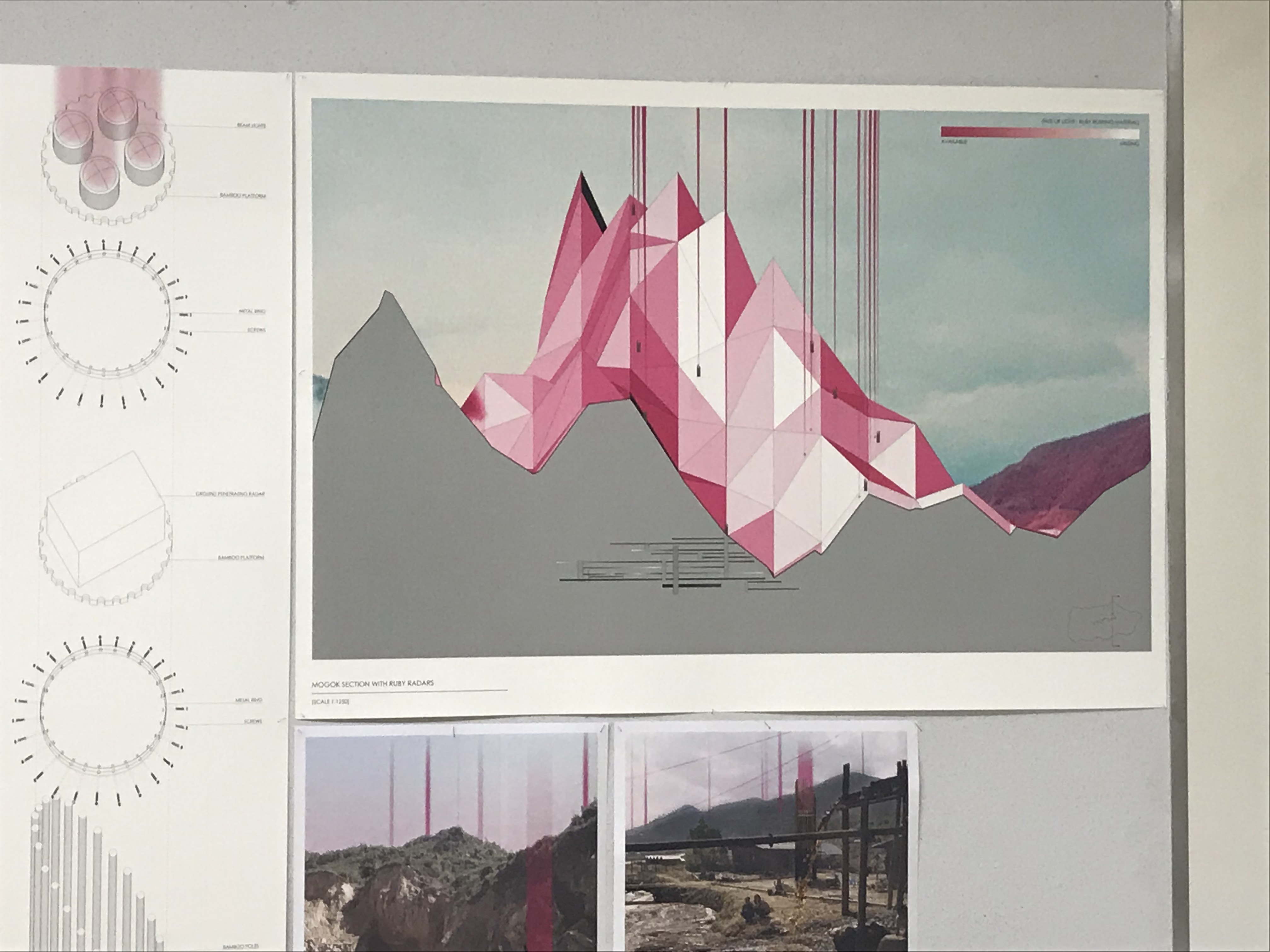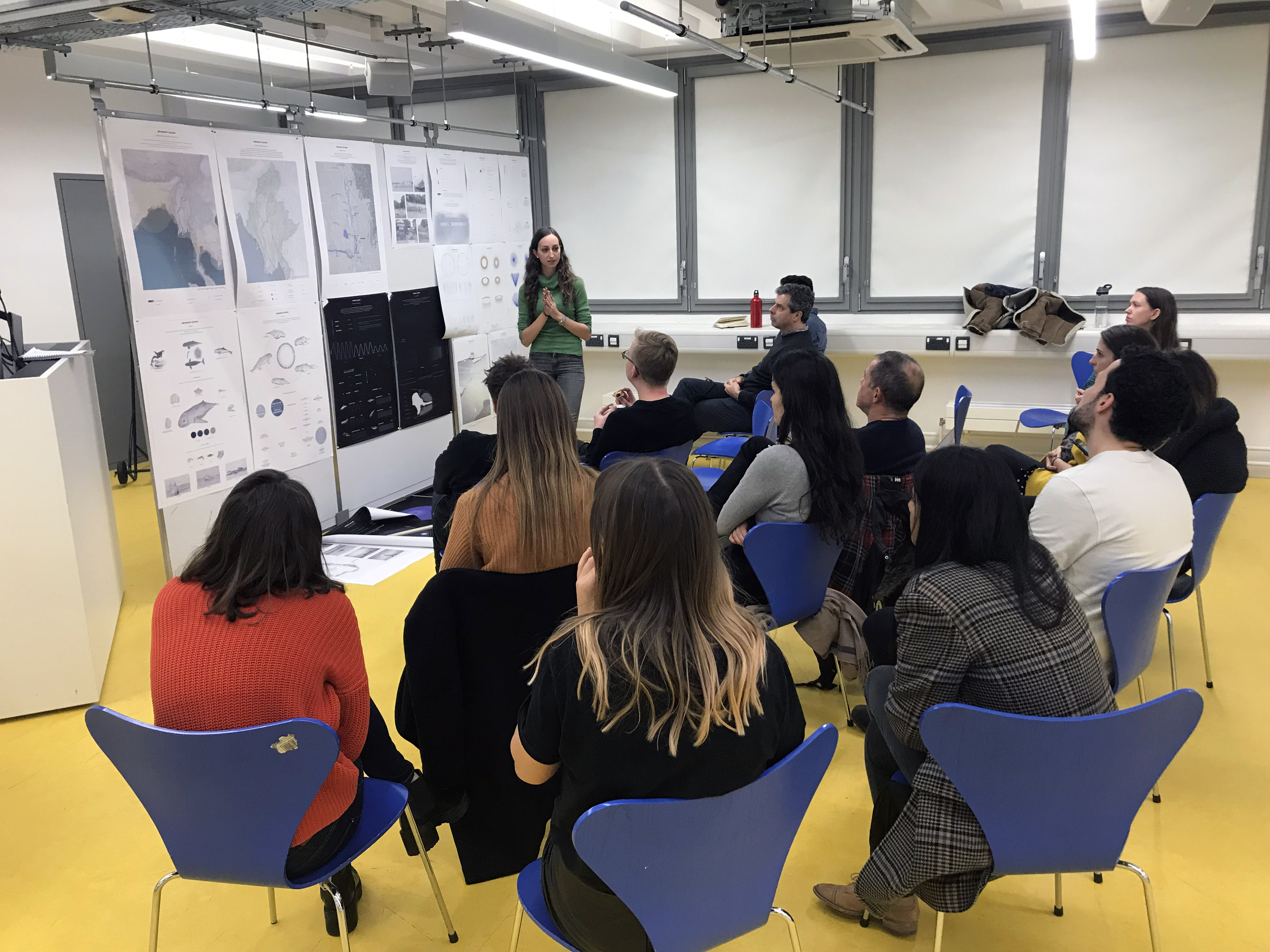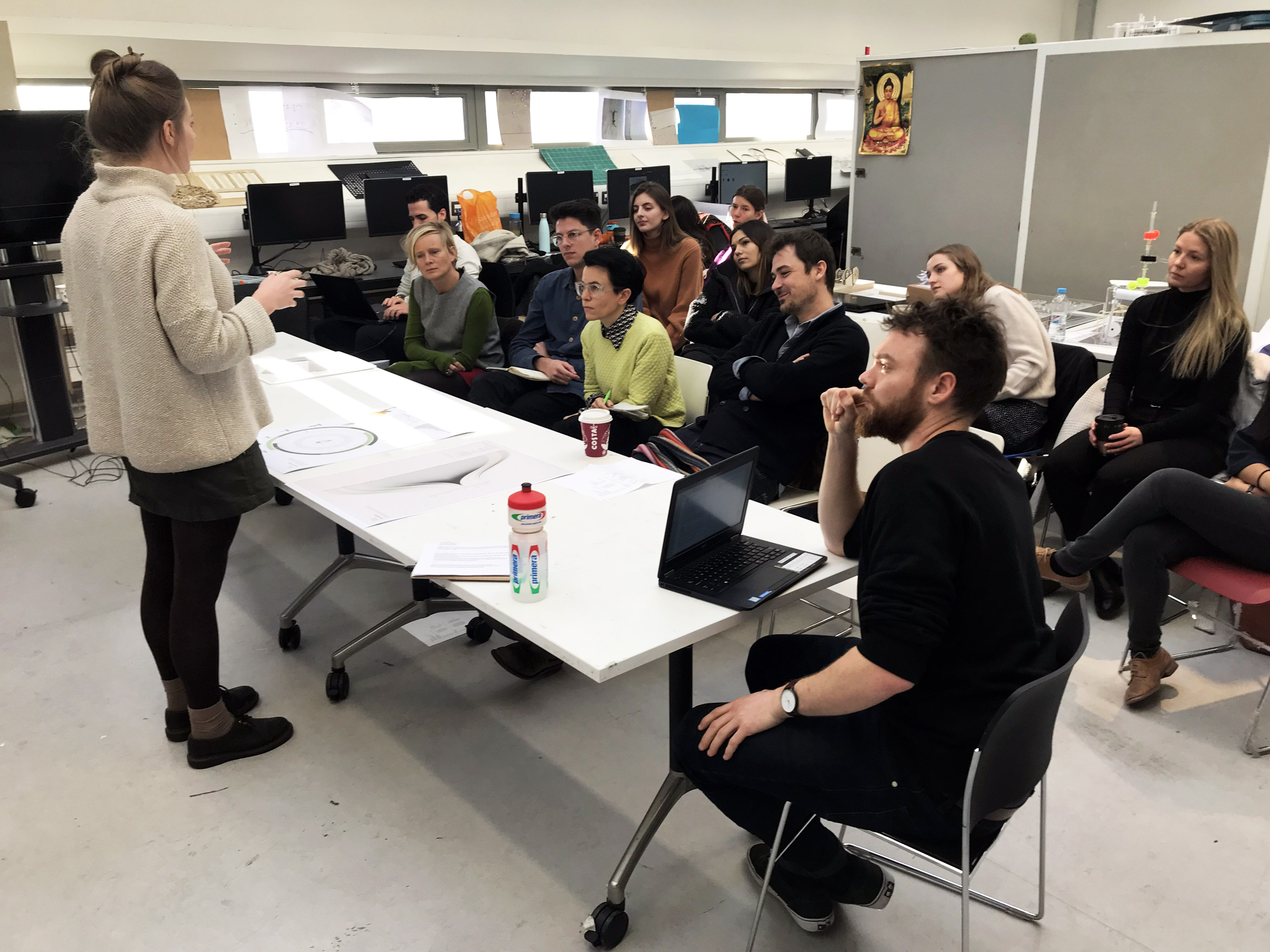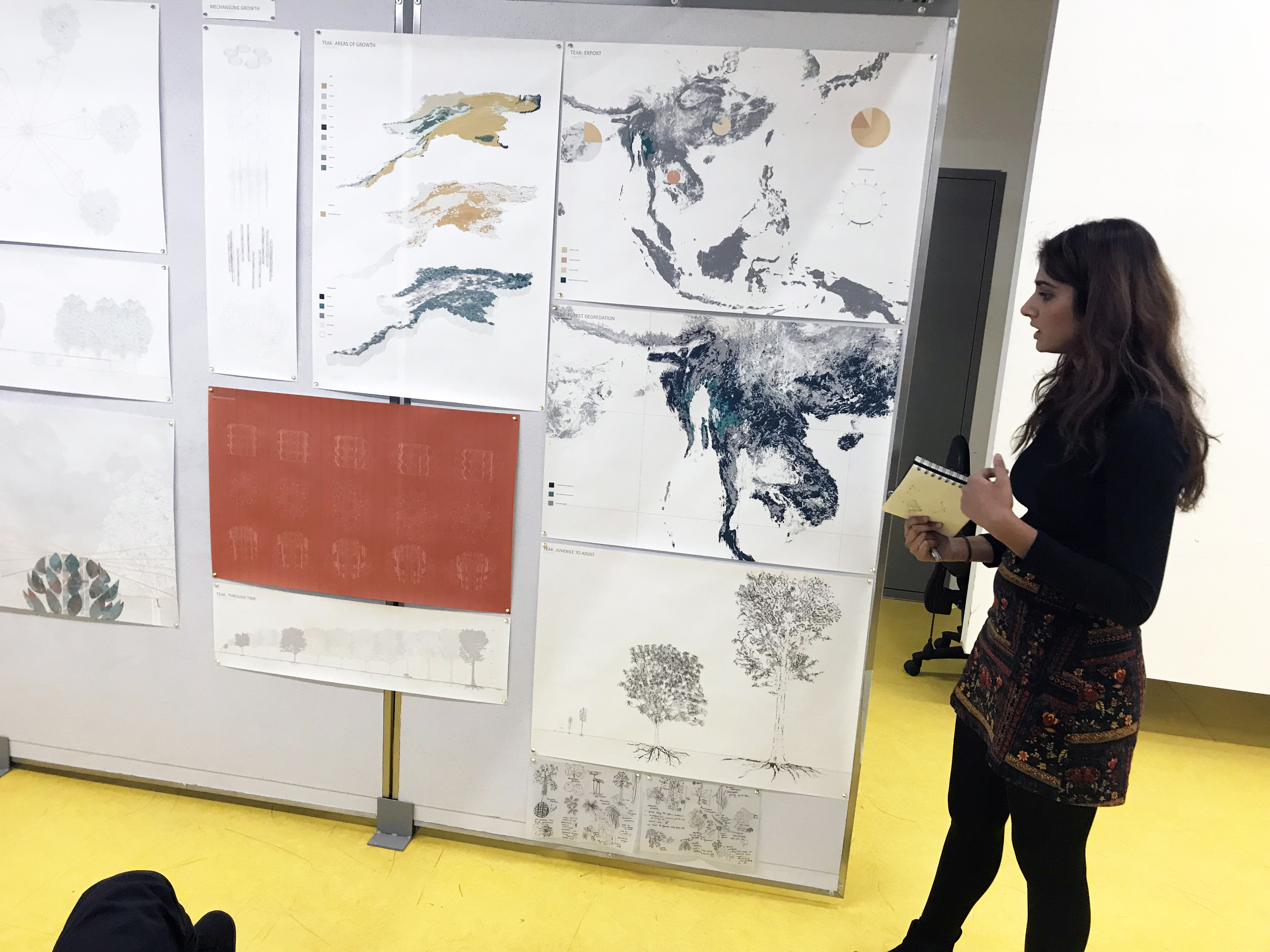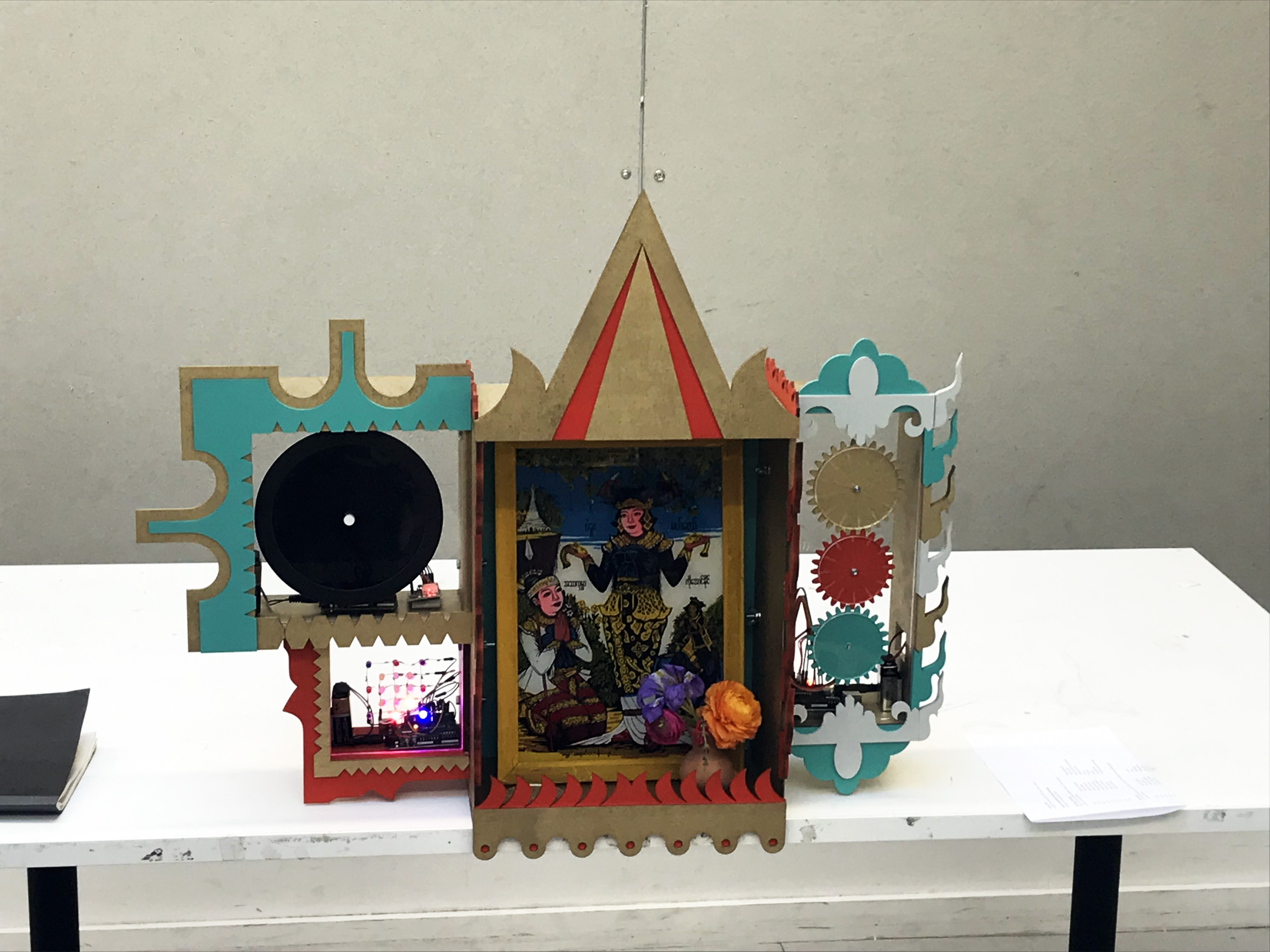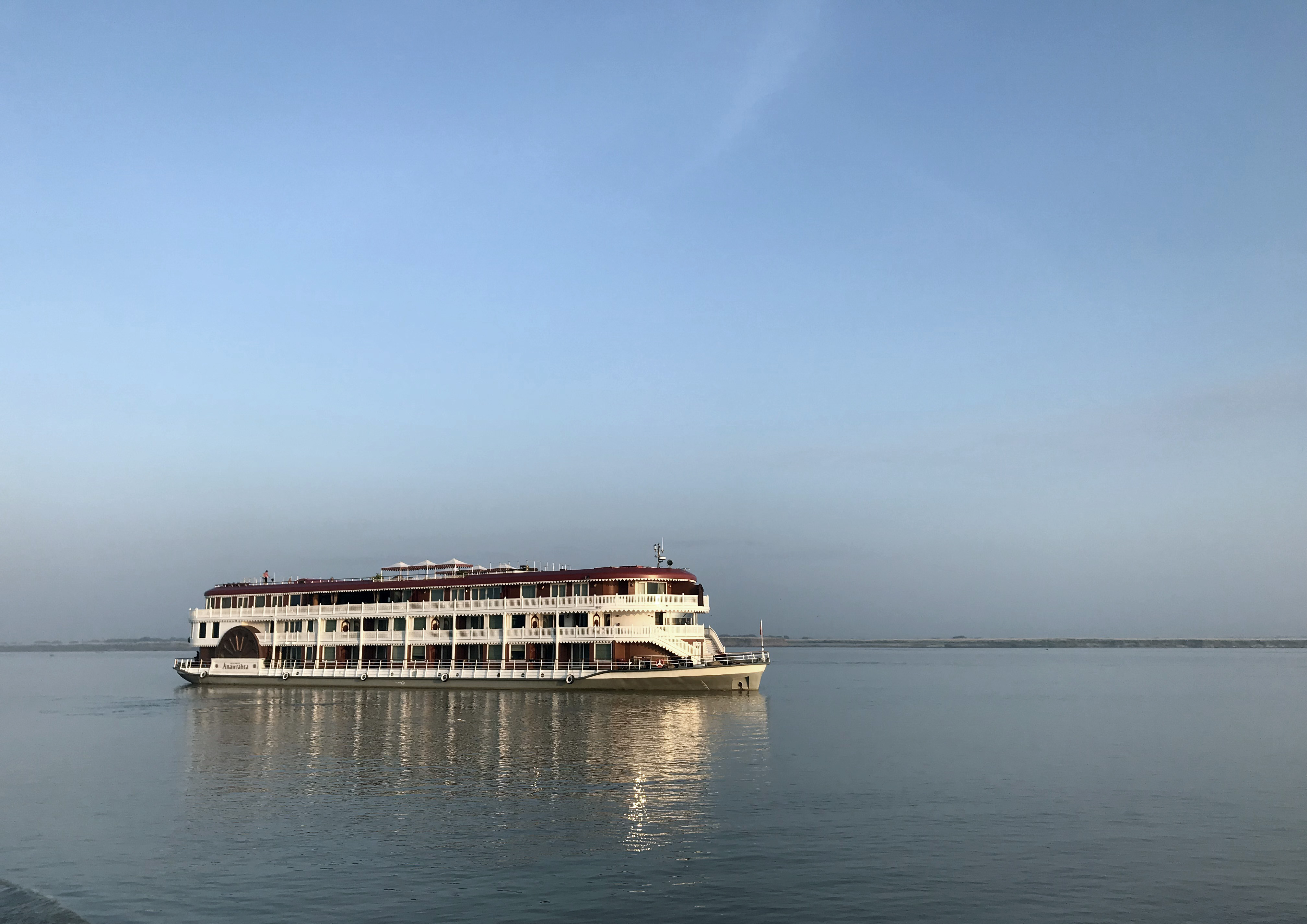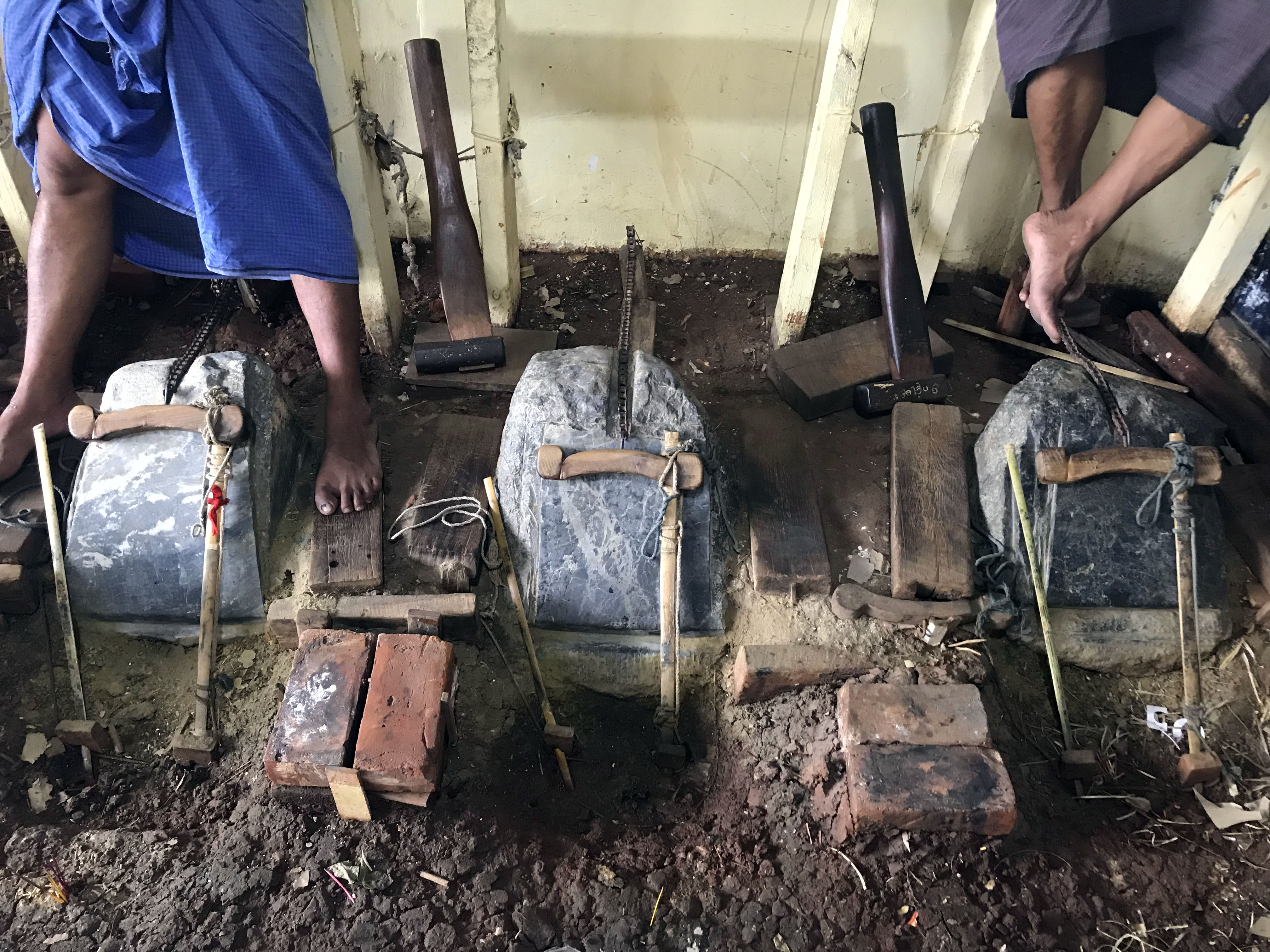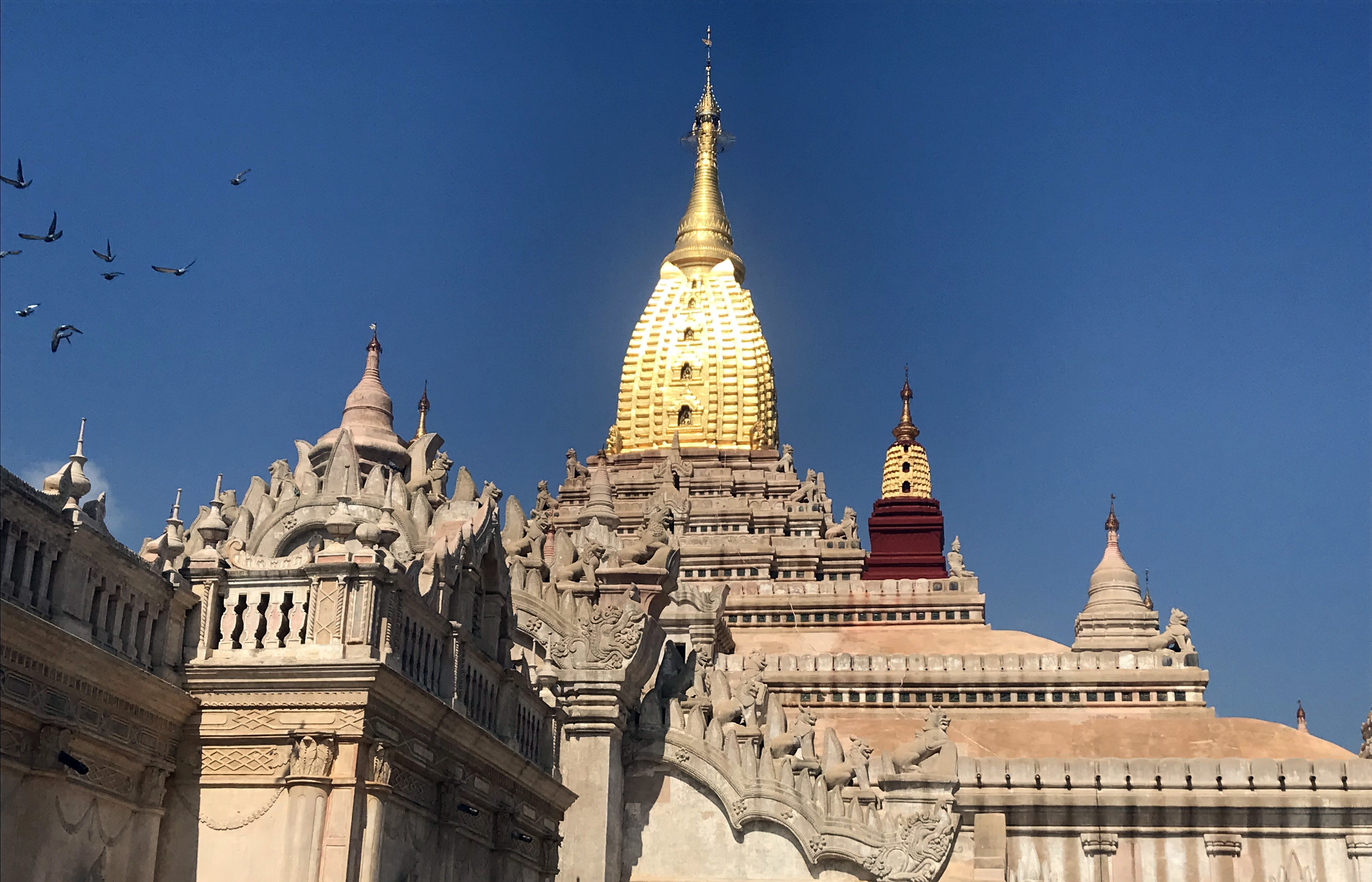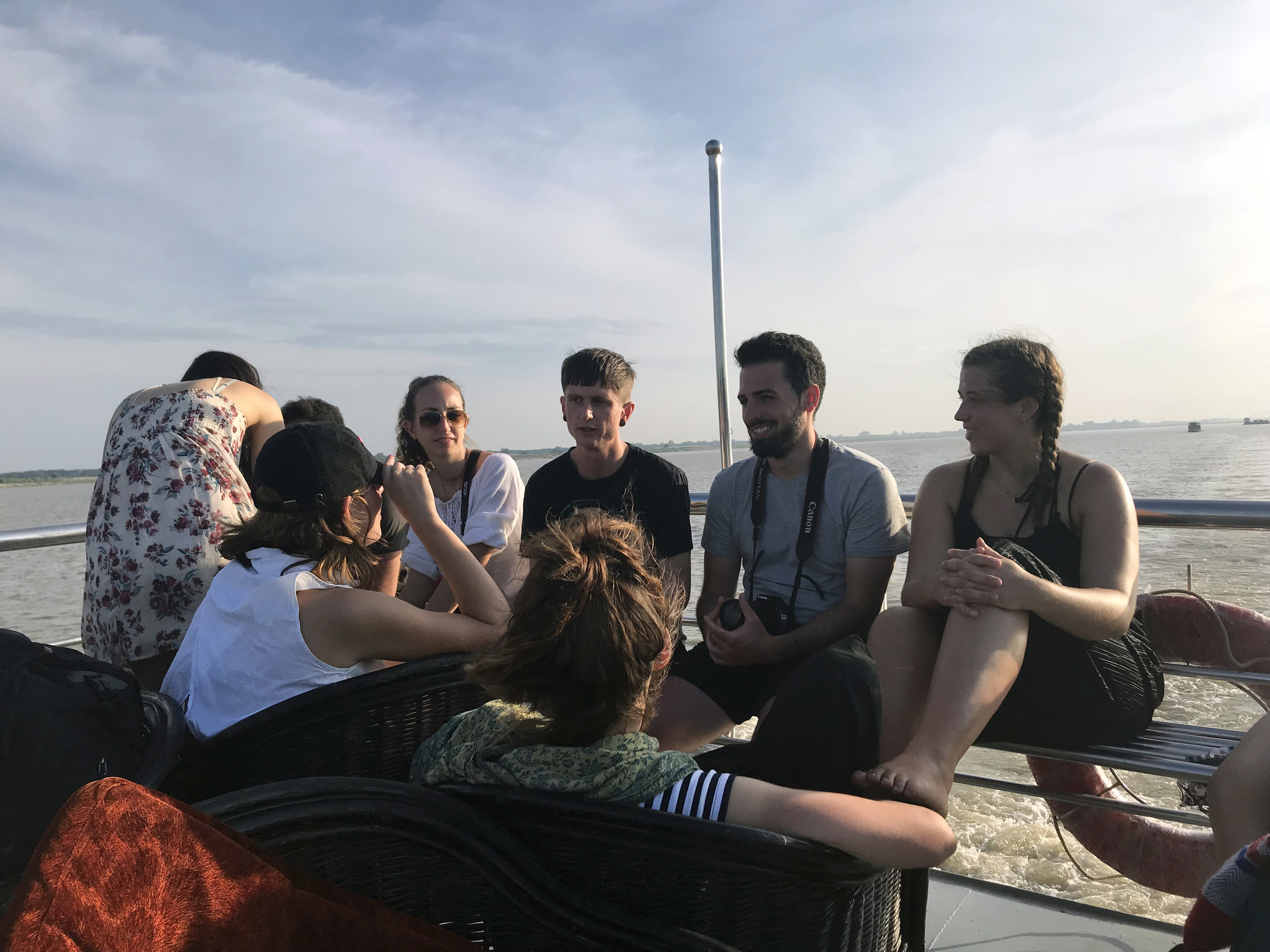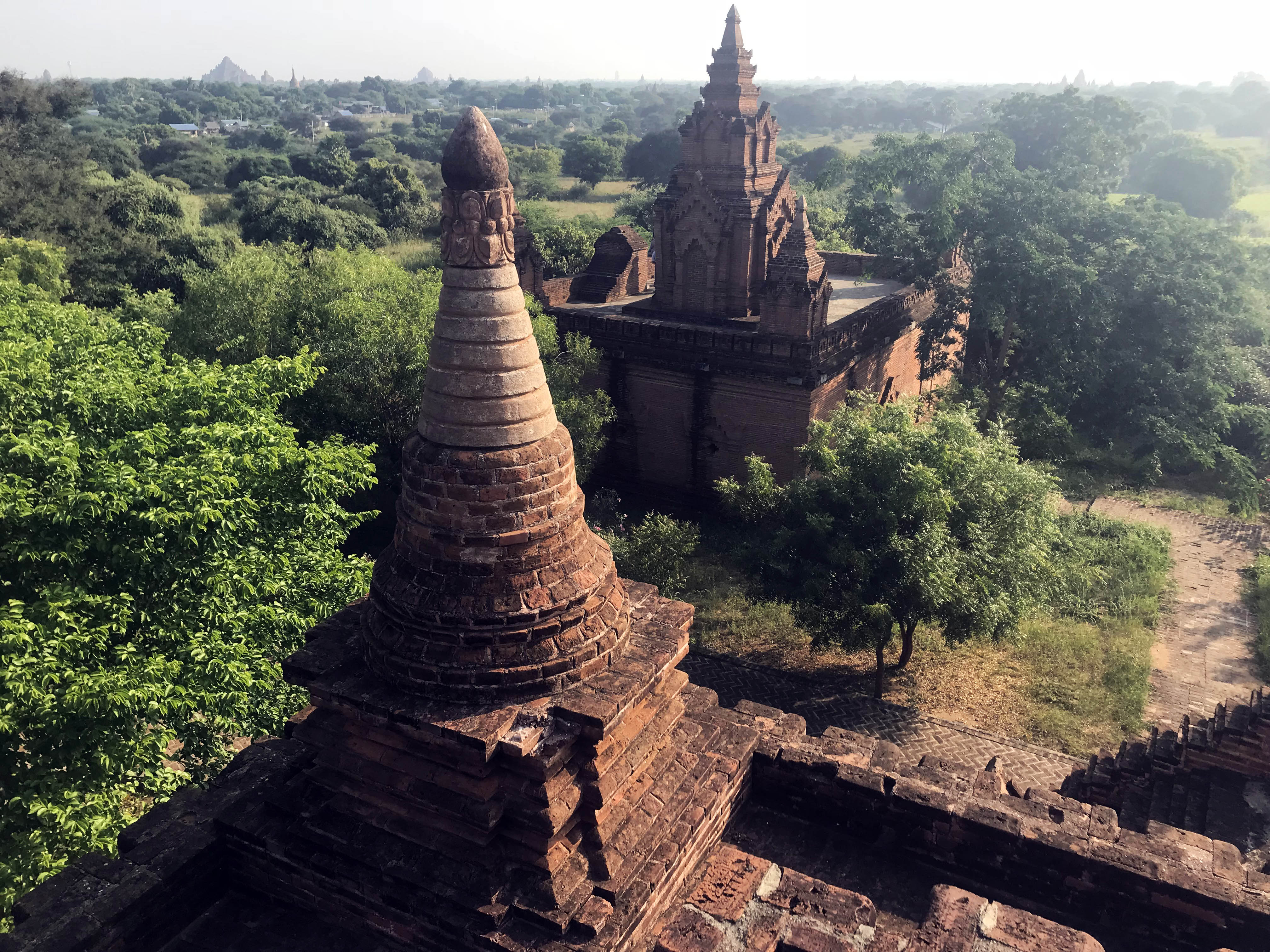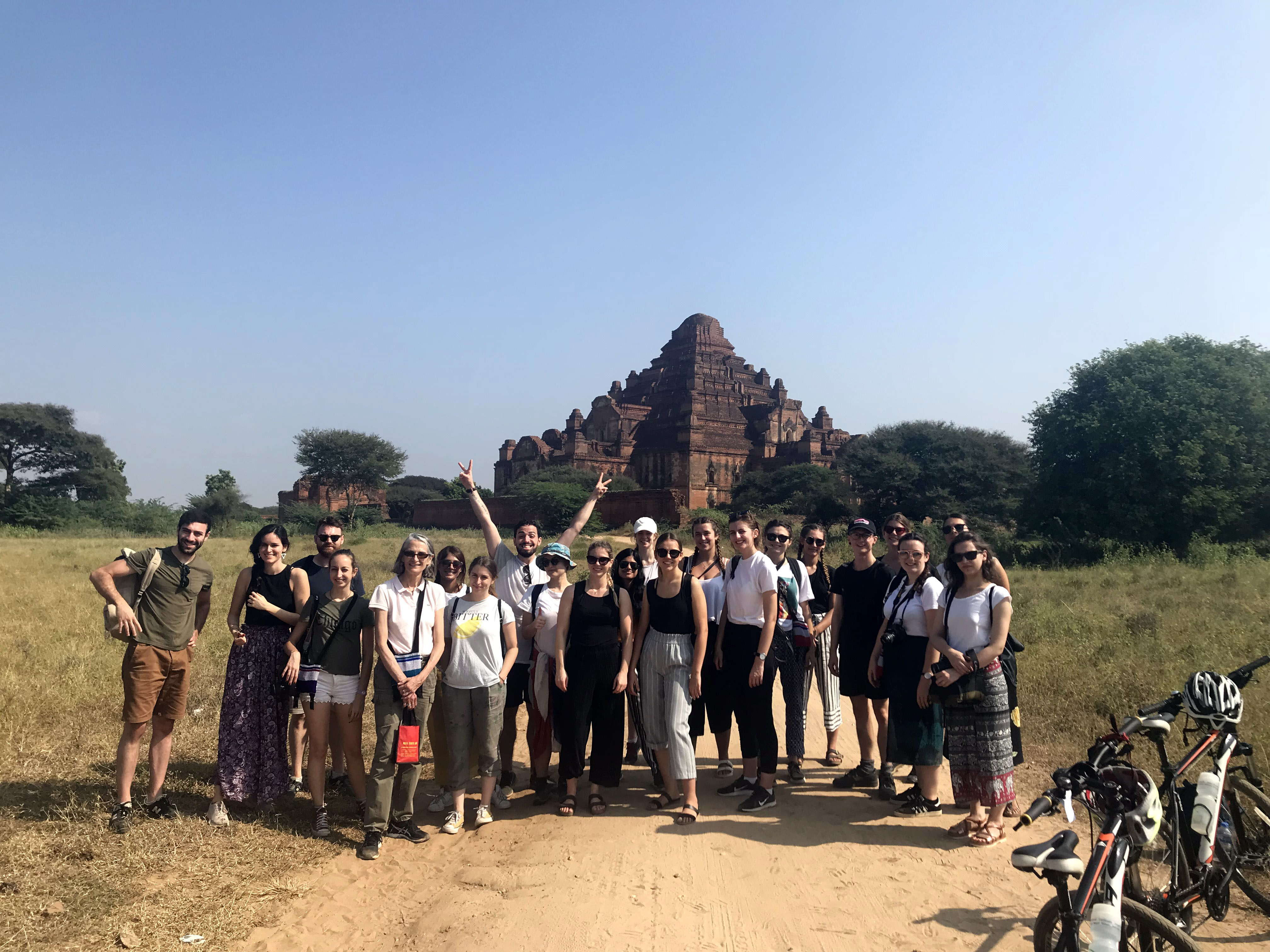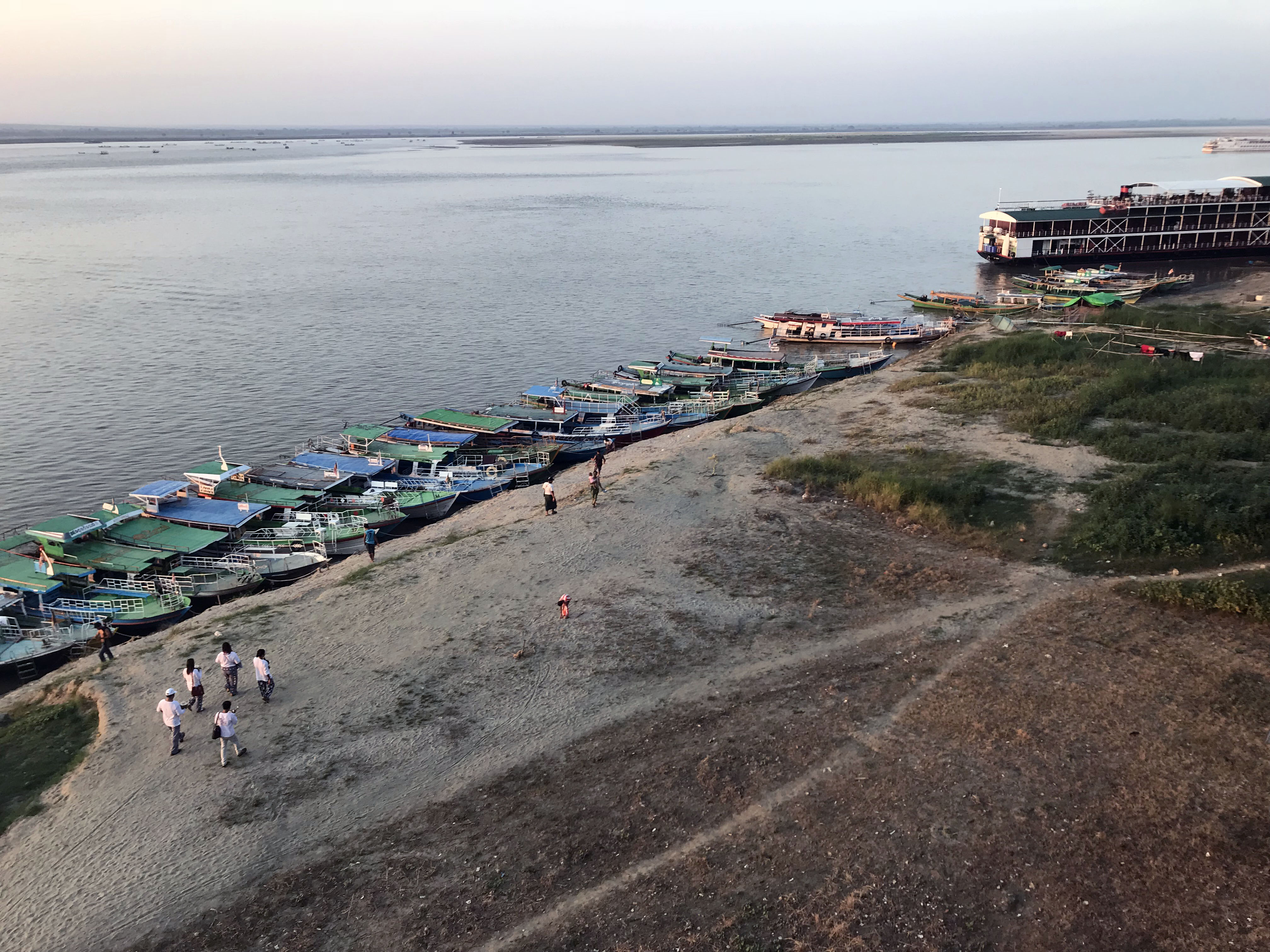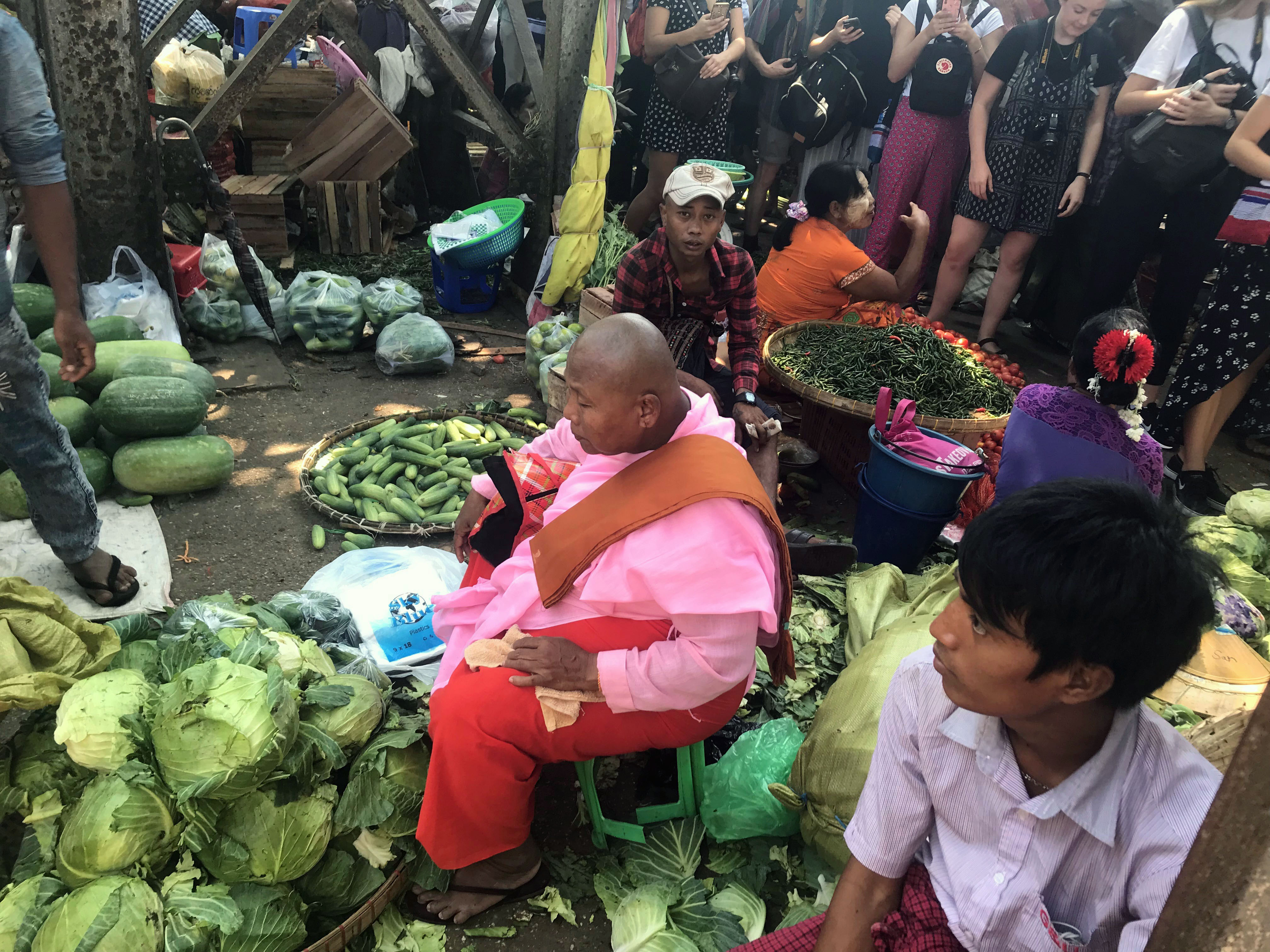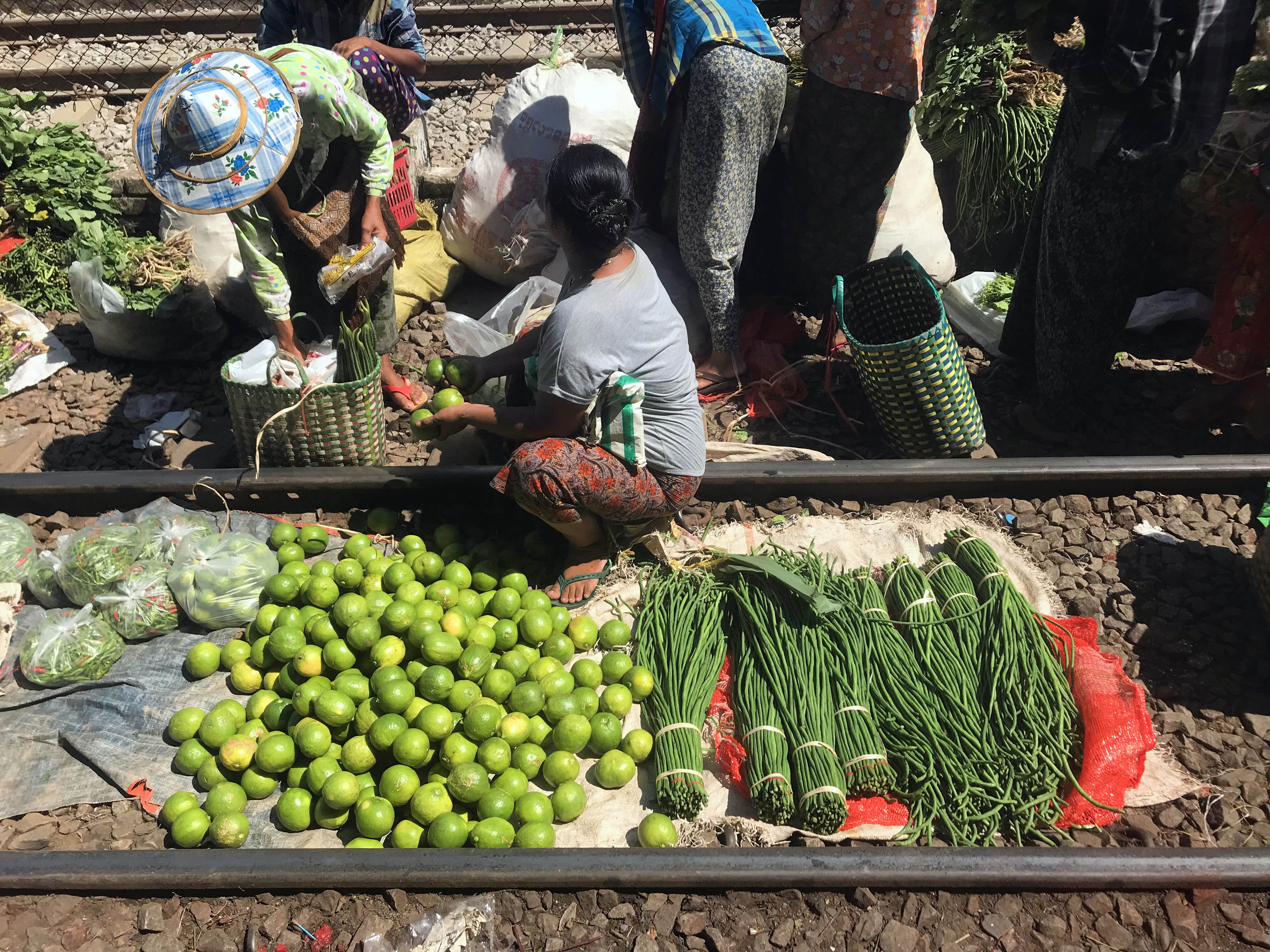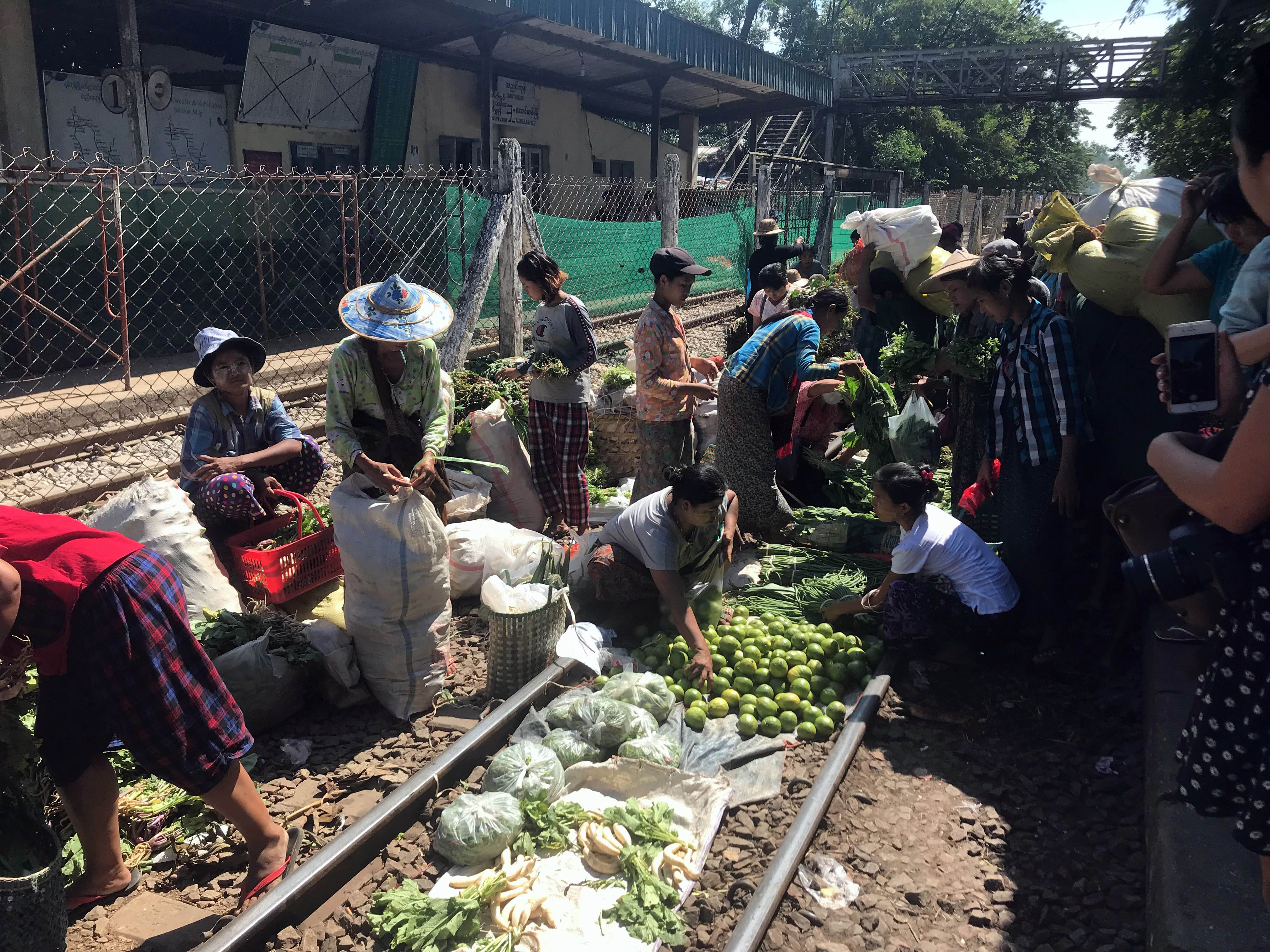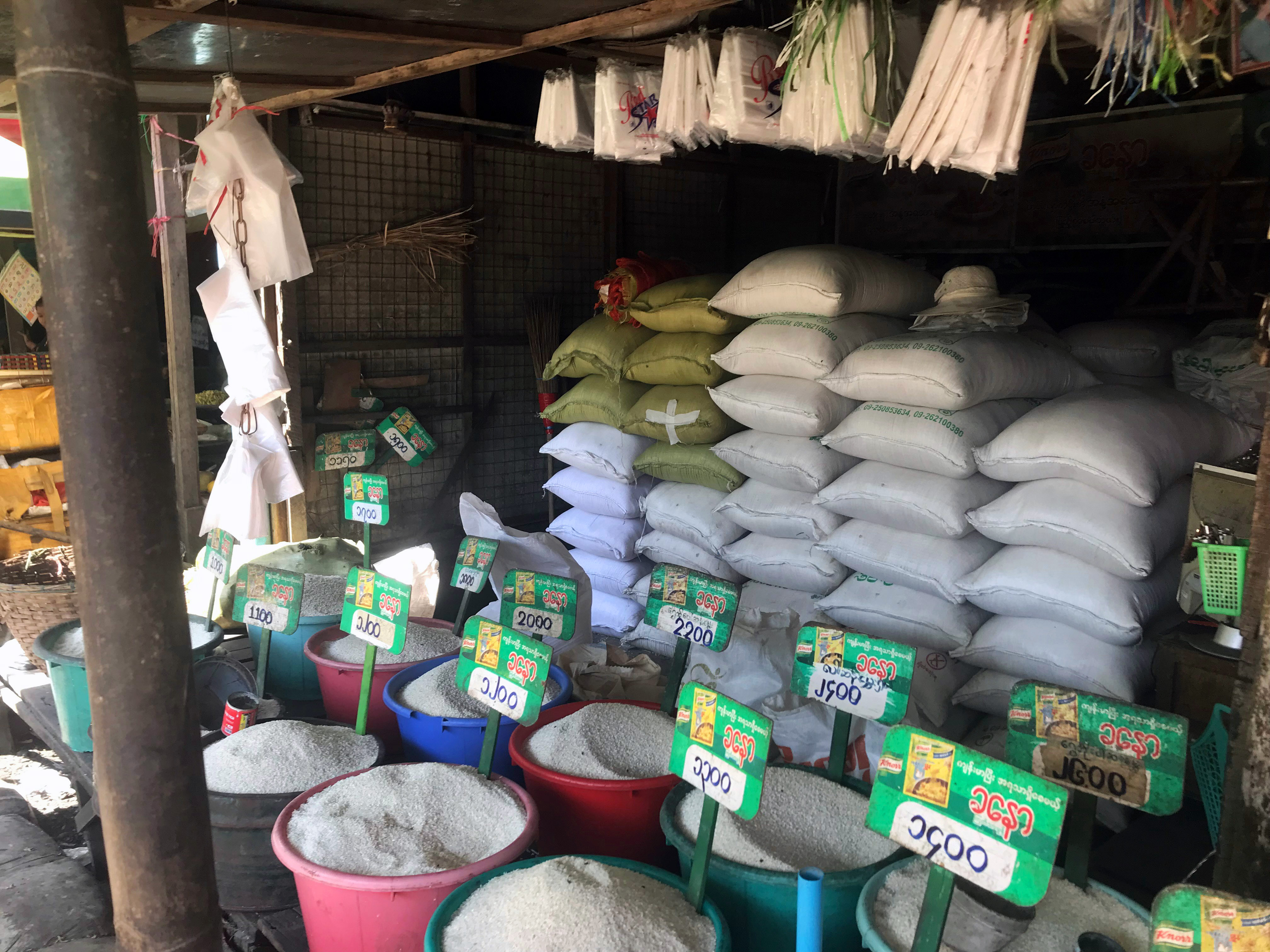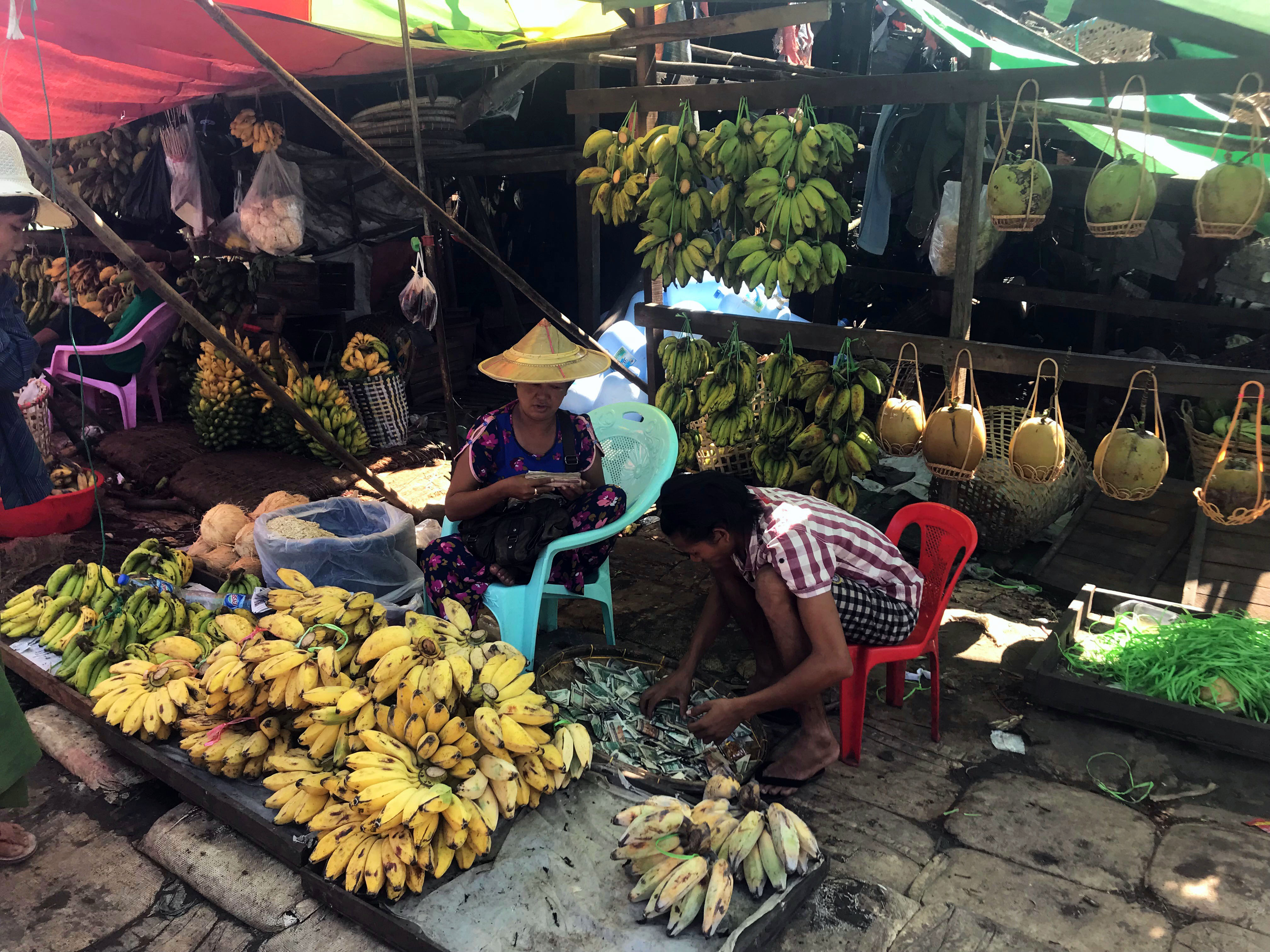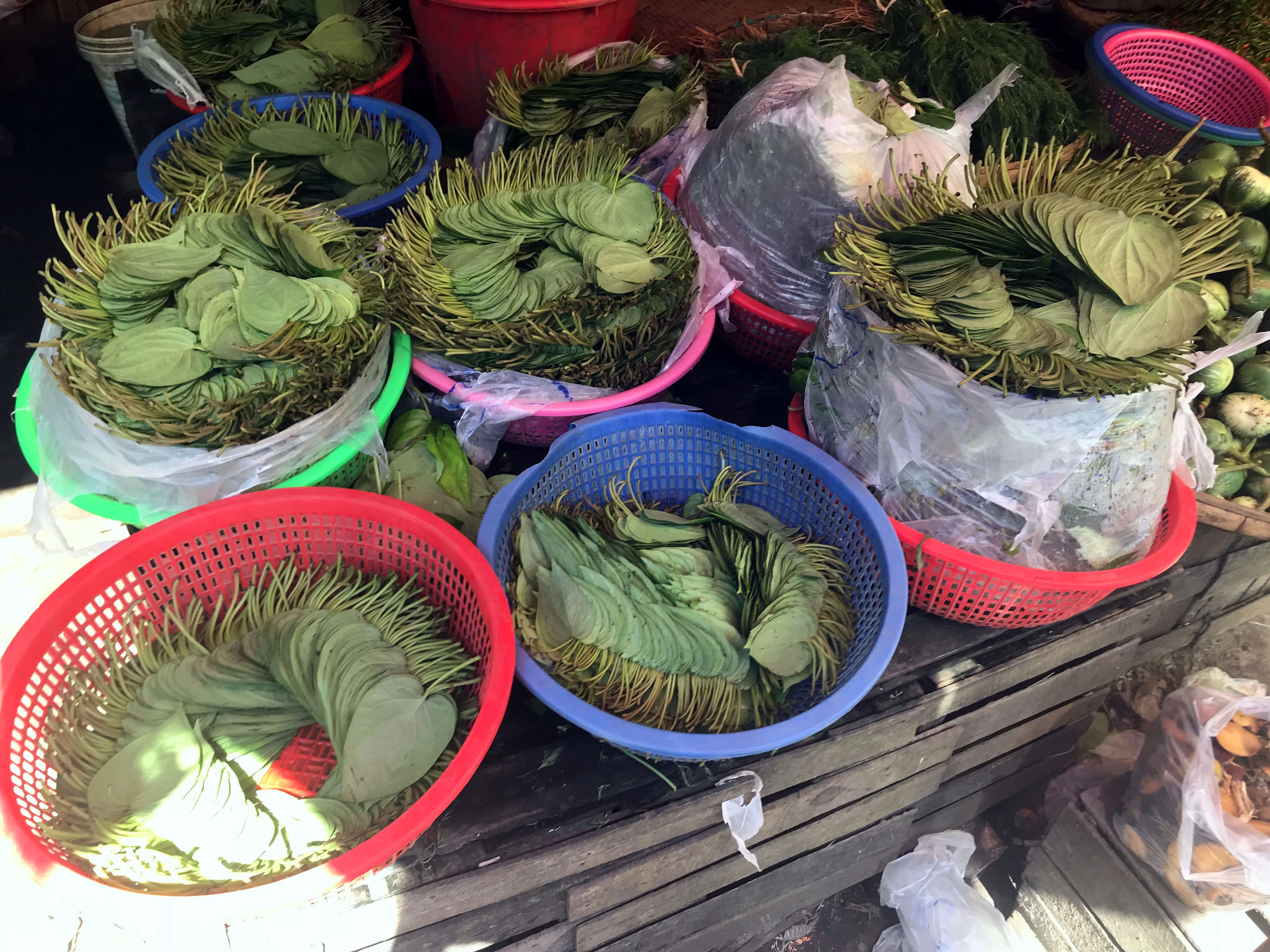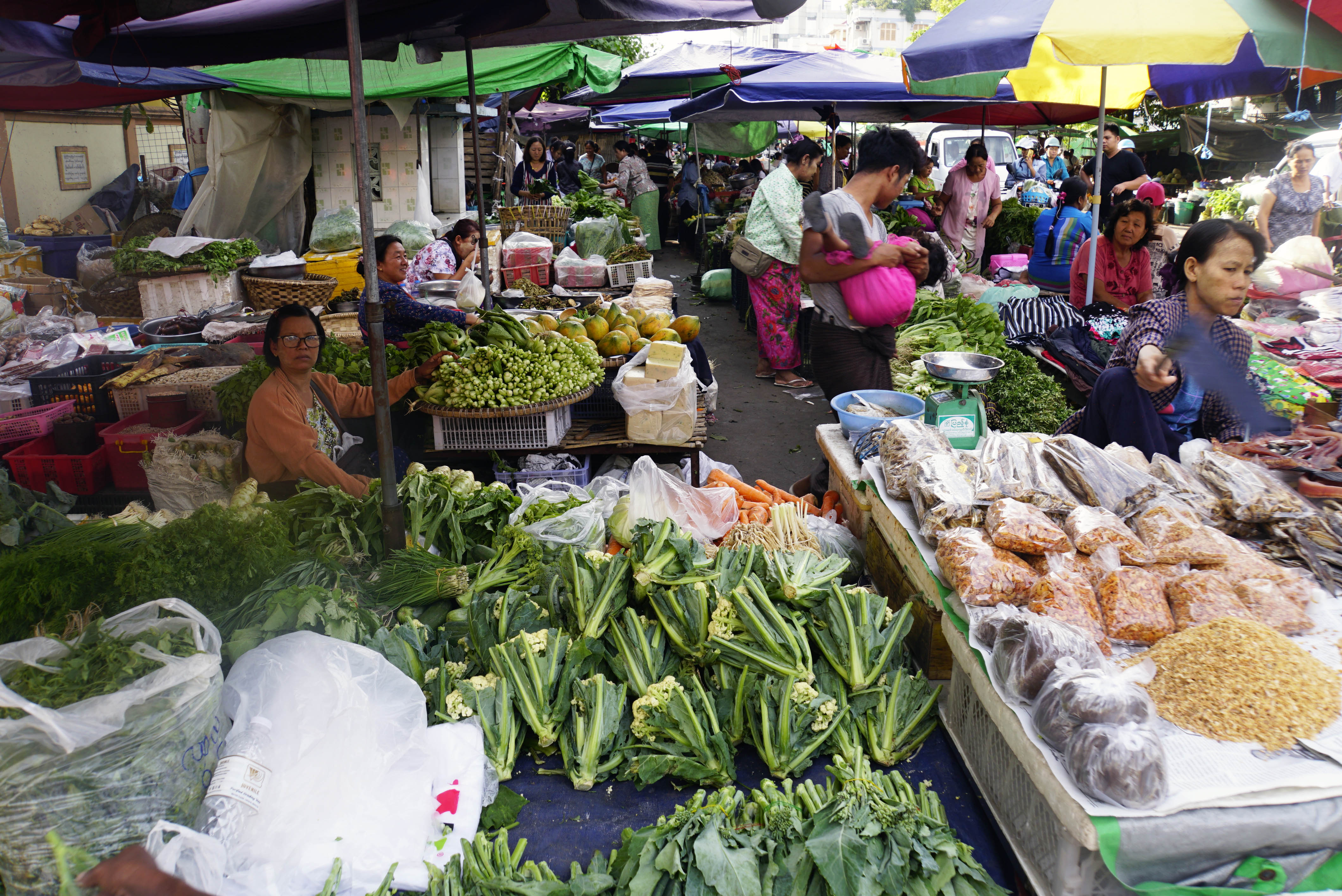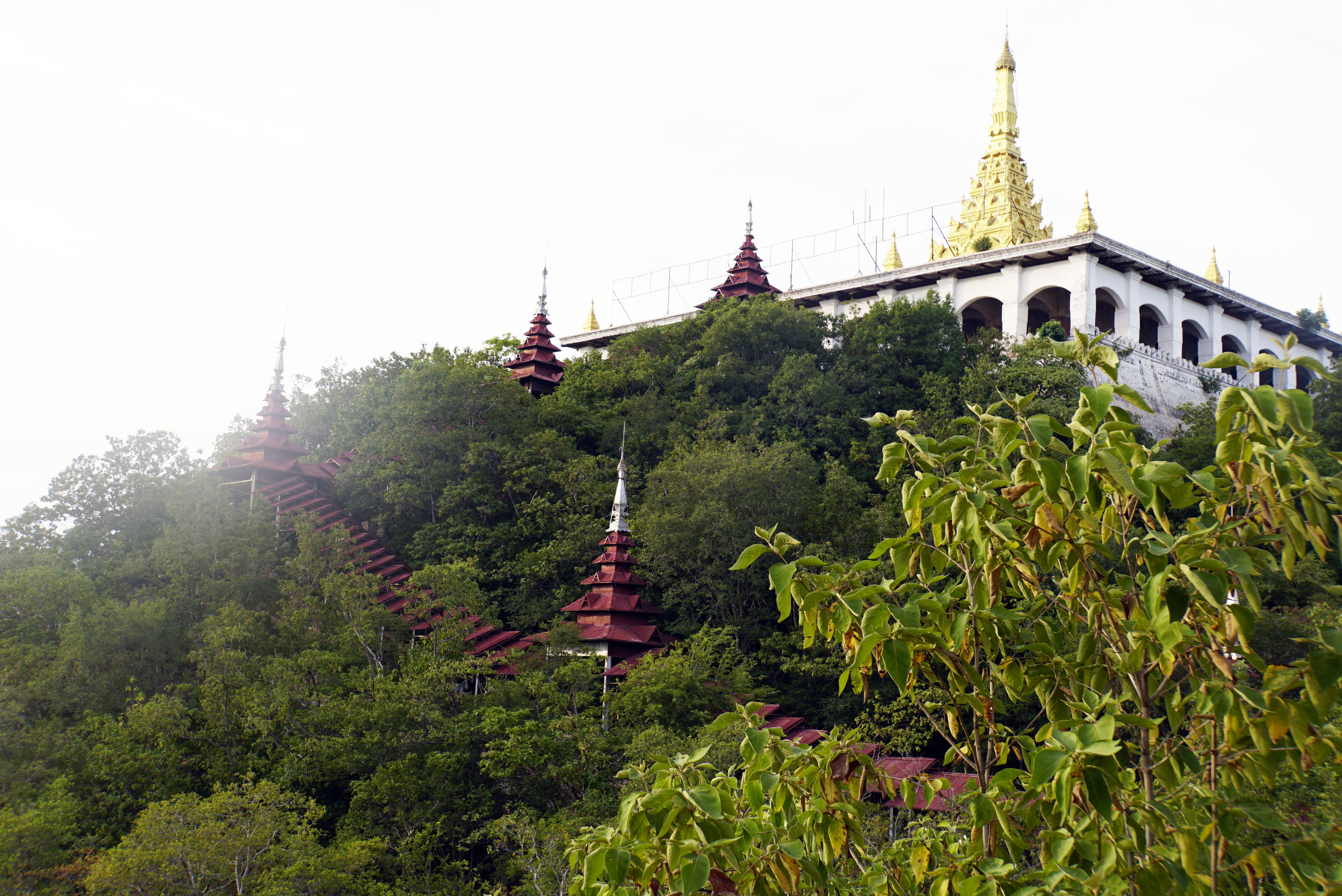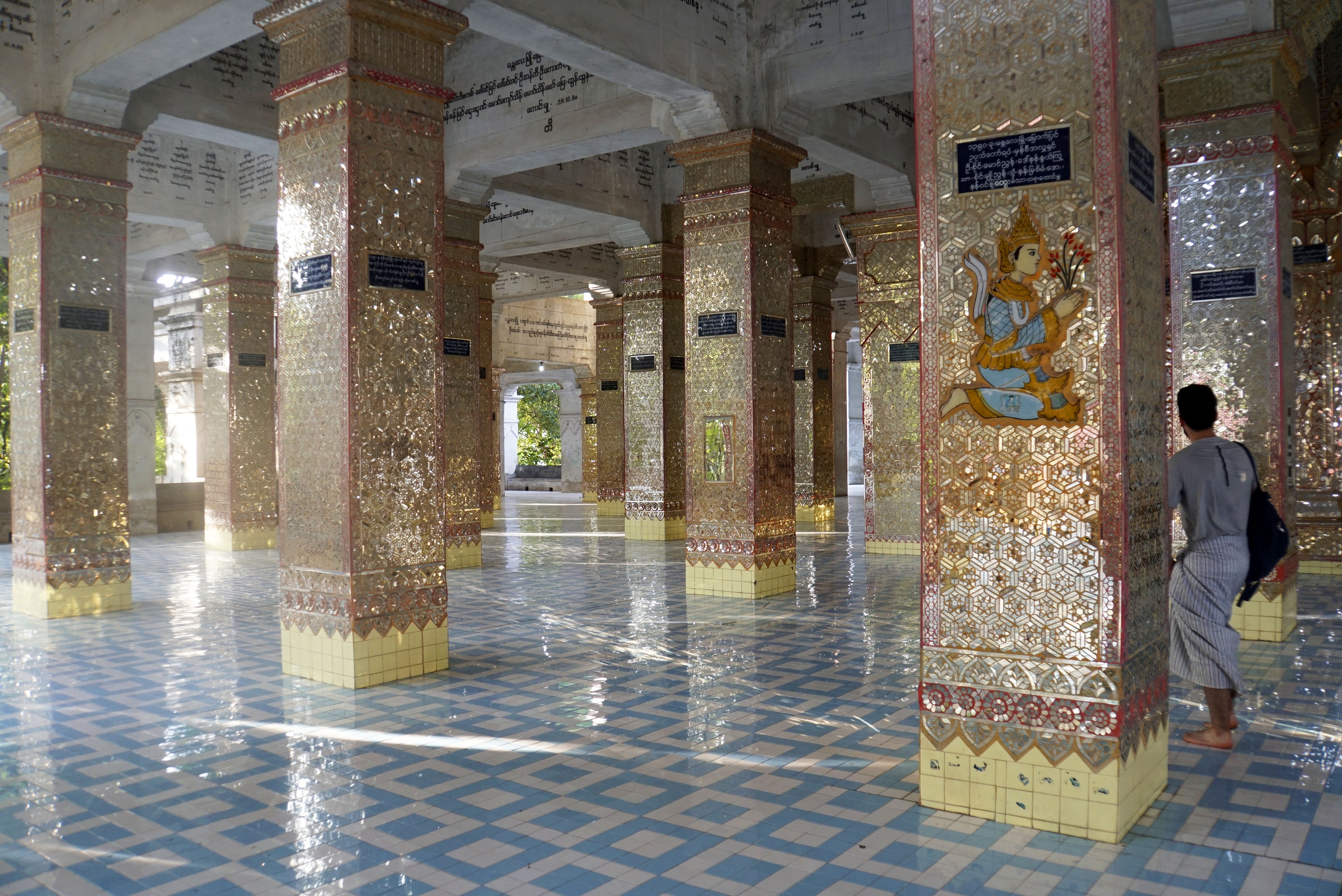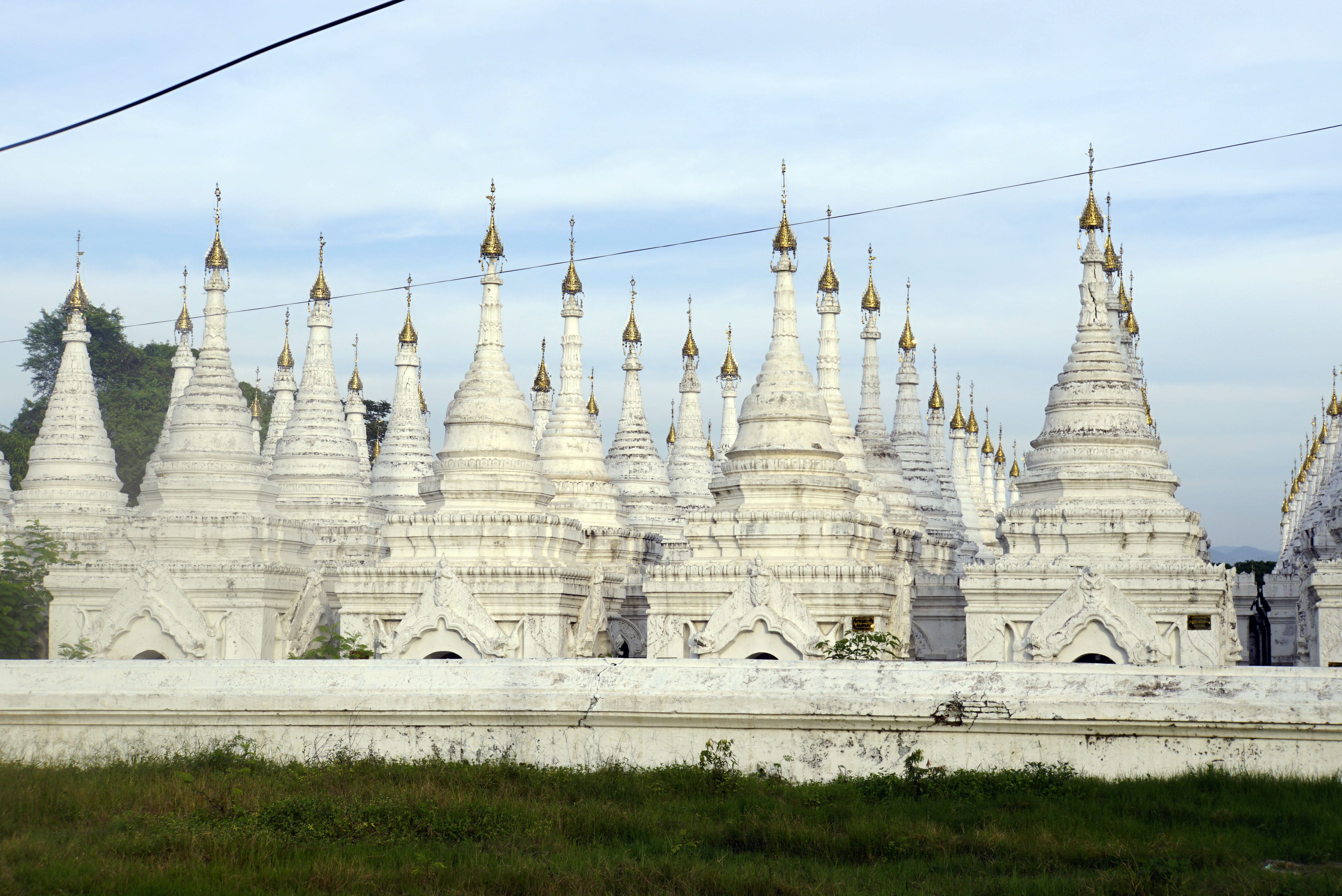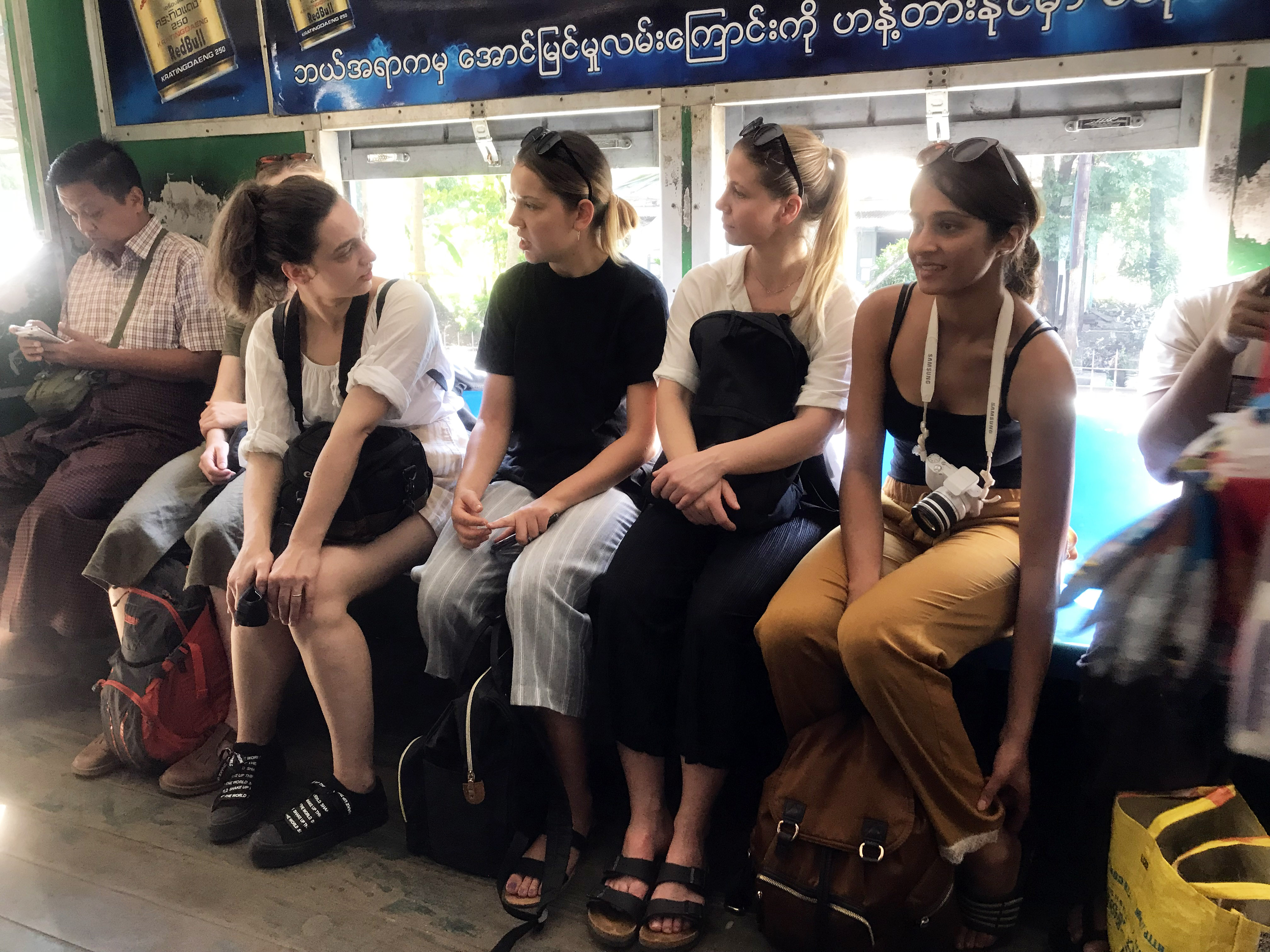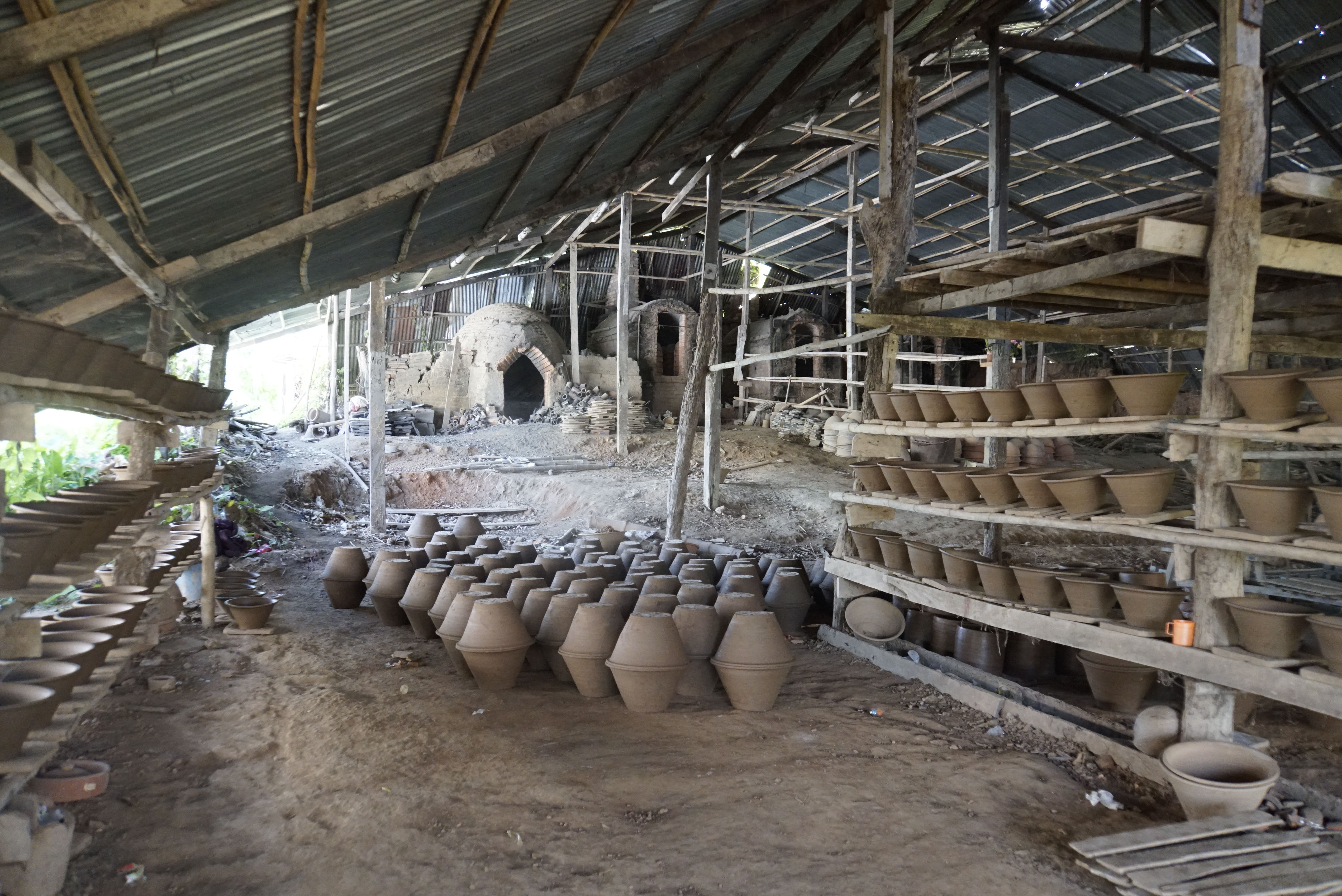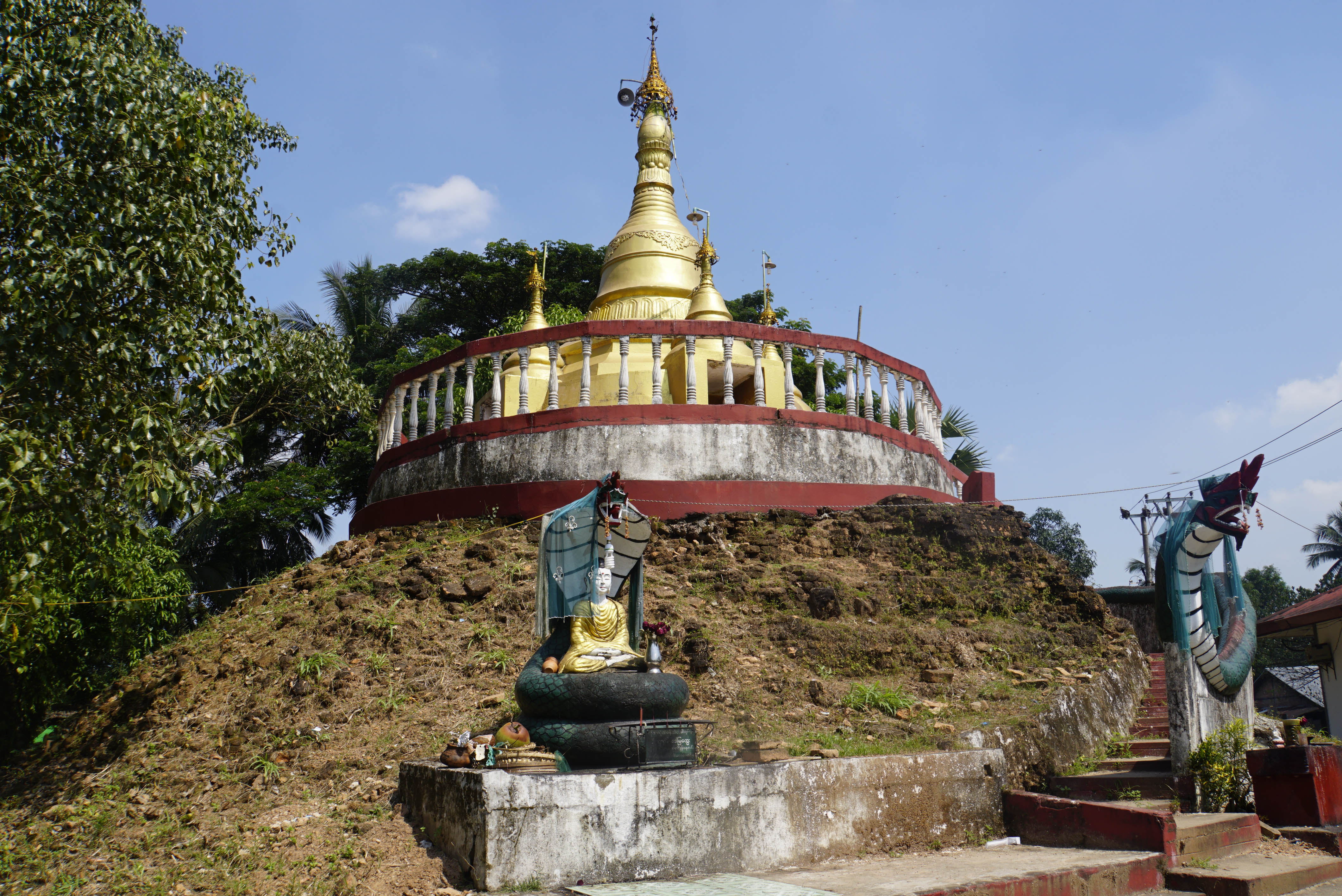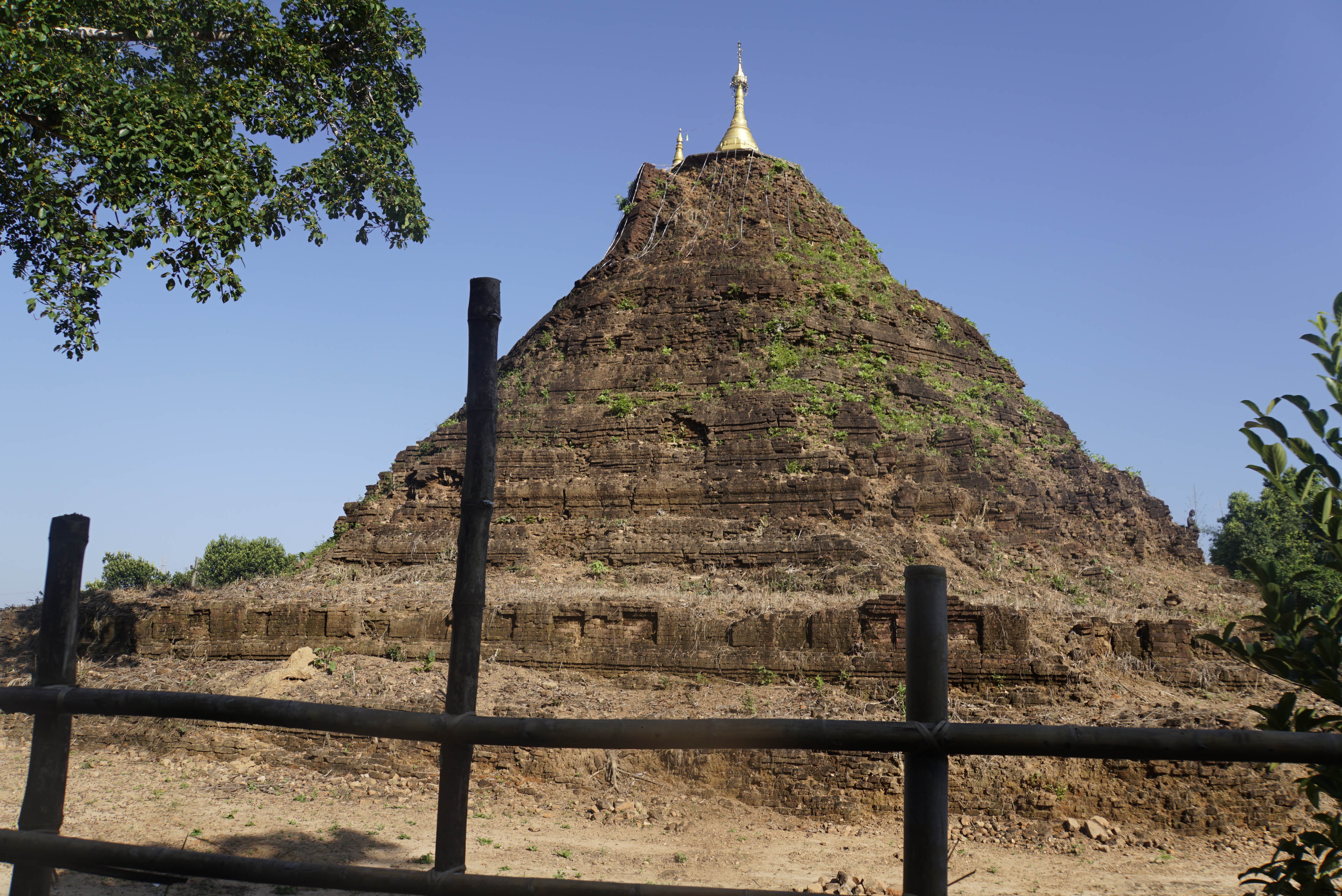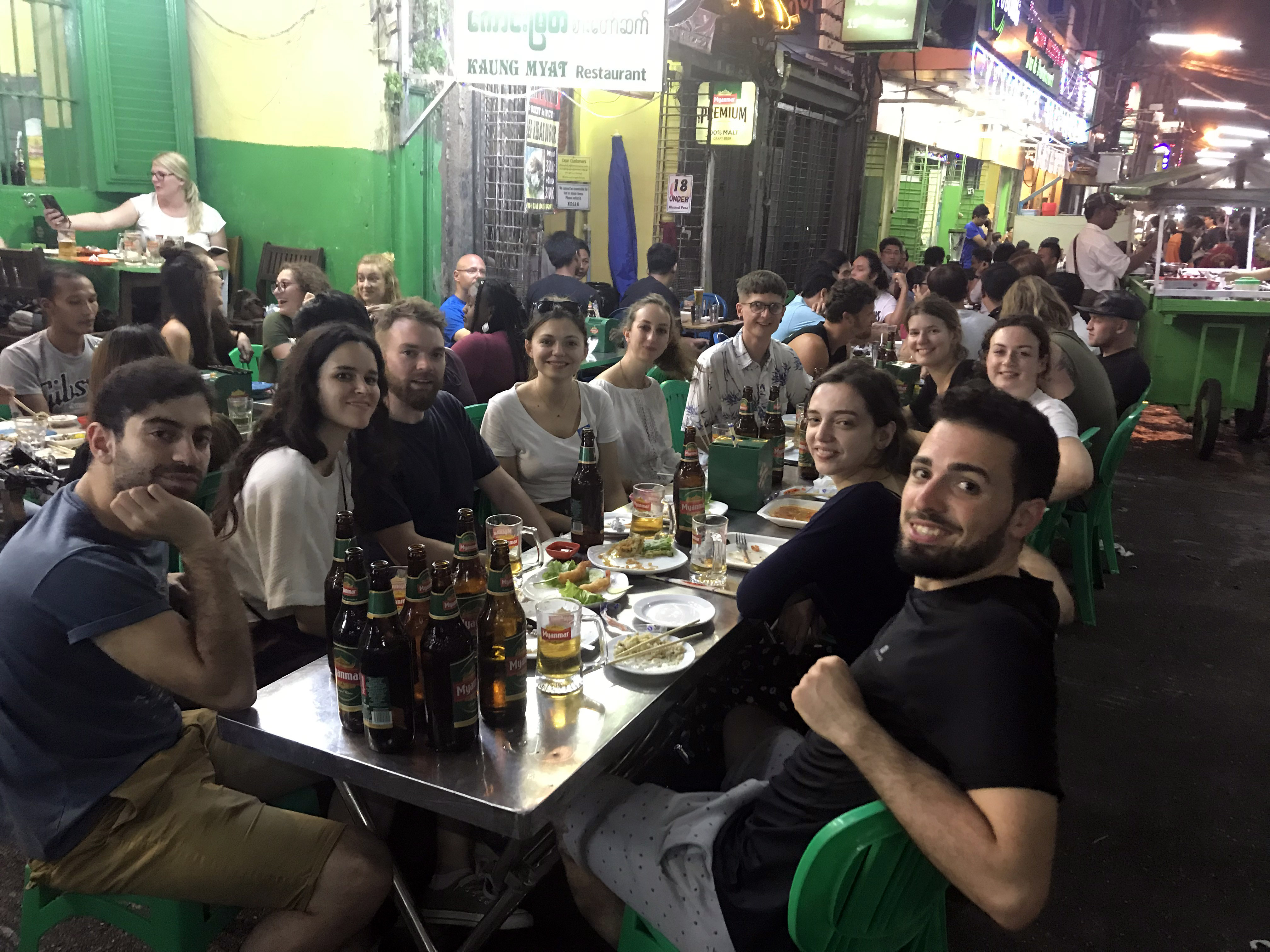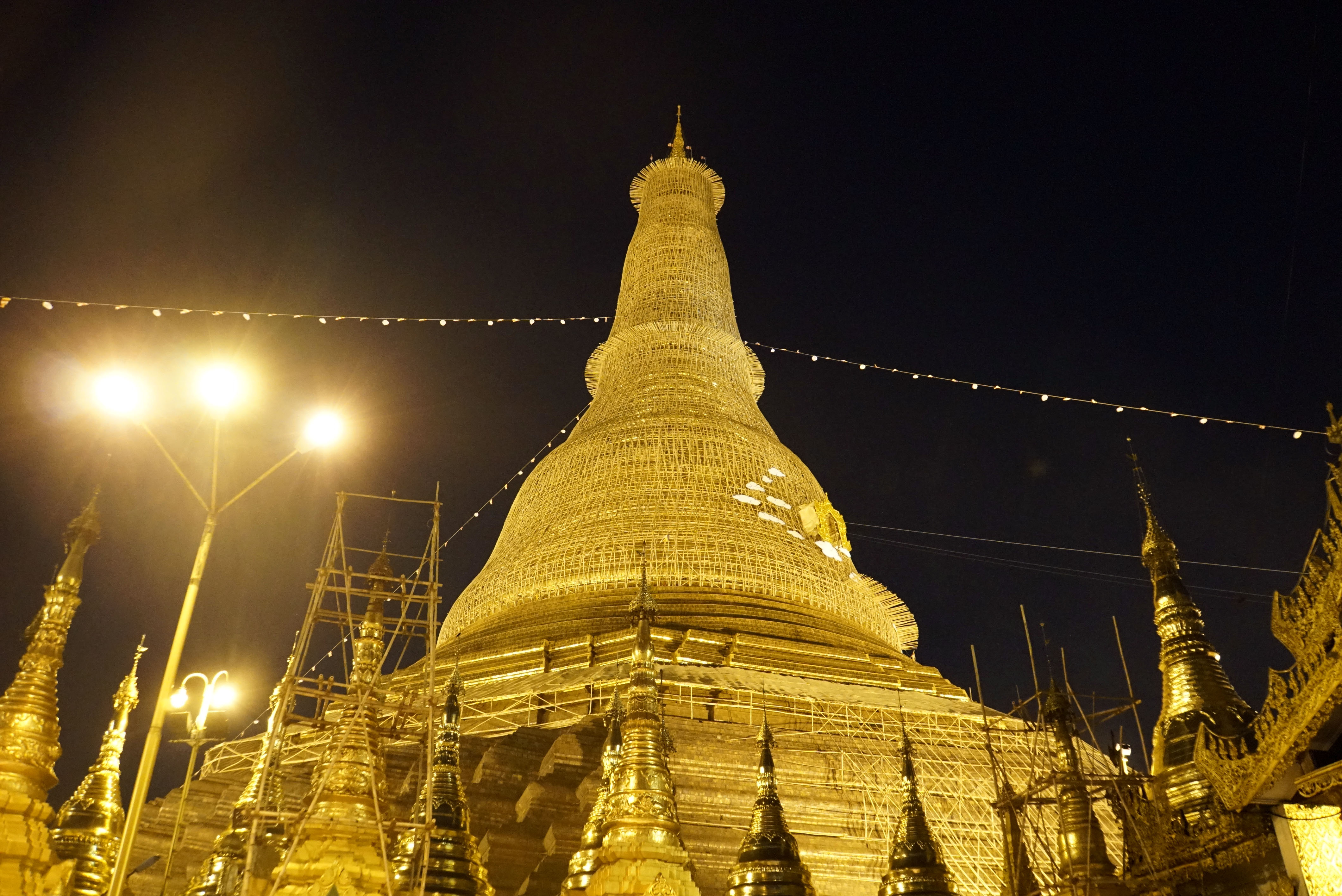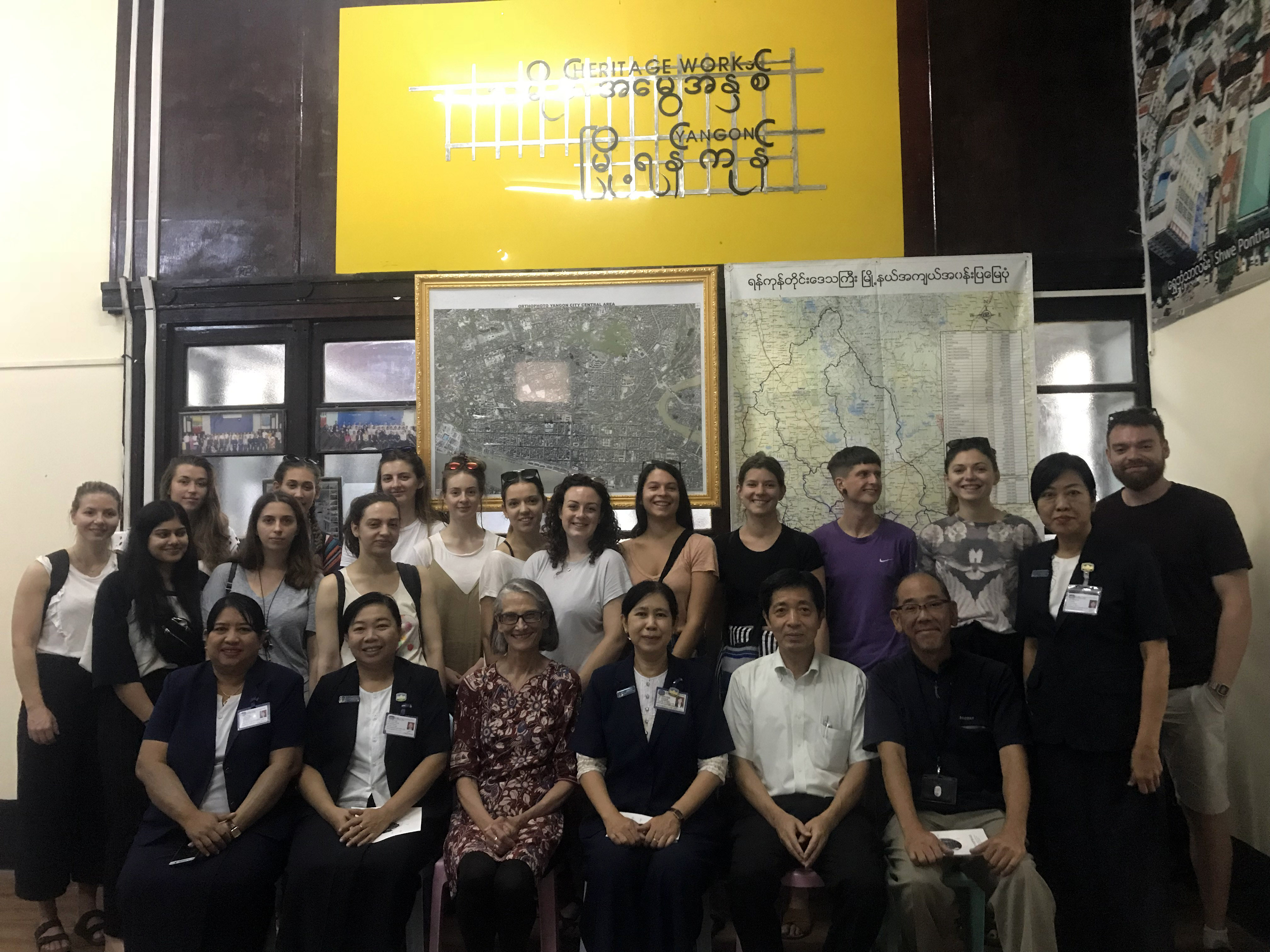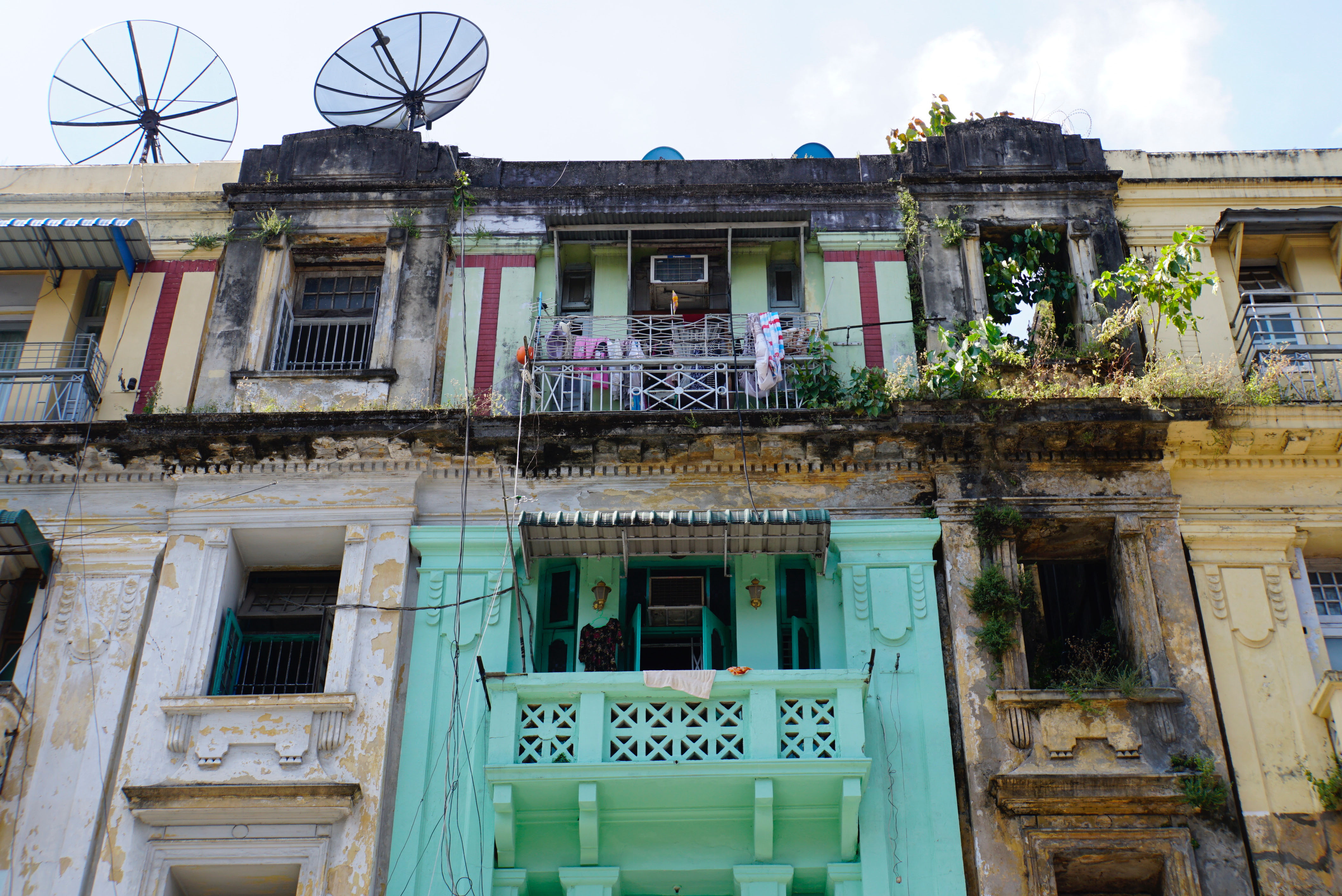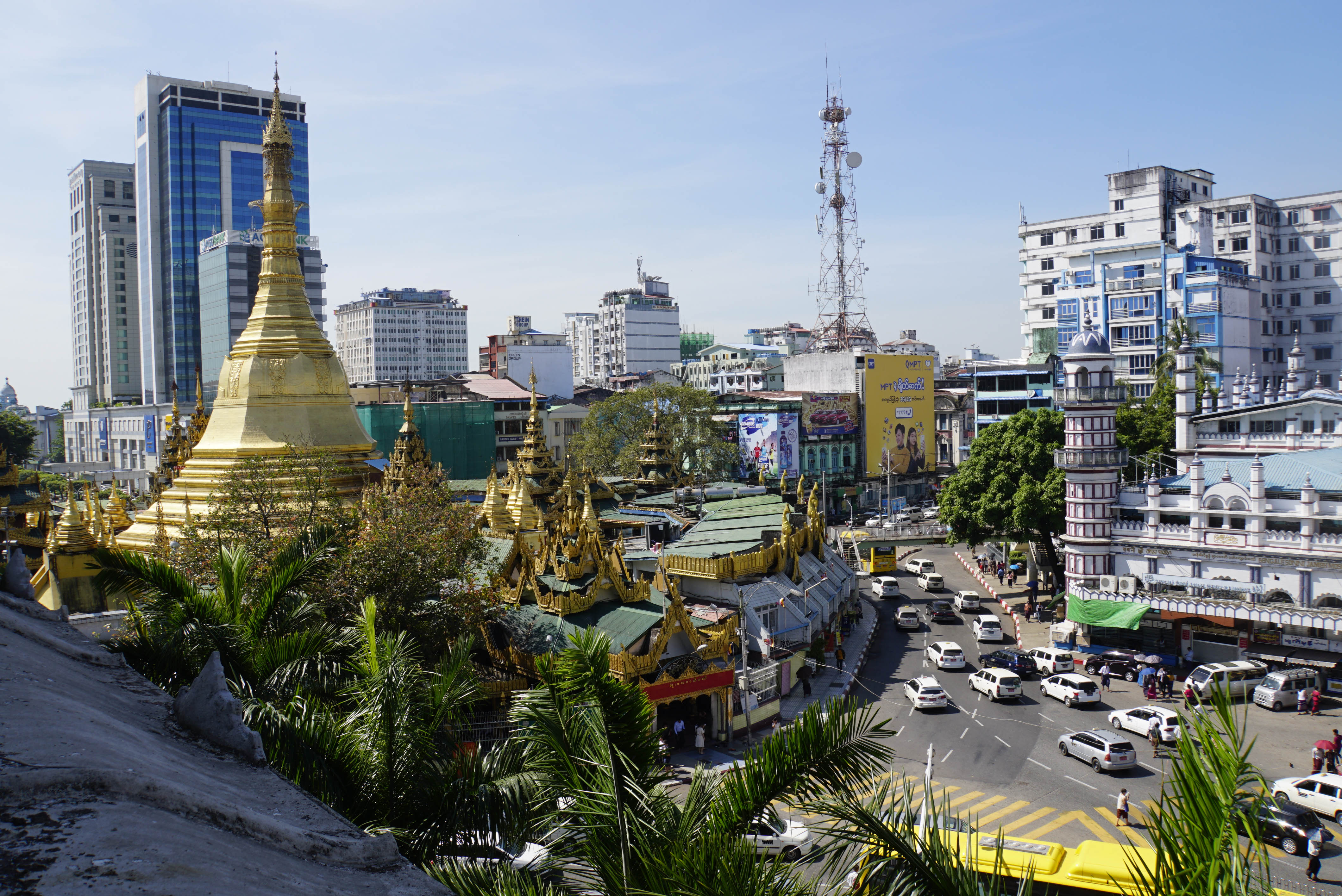Design Studio 18 ARCHIVE
Tutors: Lindsay Bremner, John Cook + Ben Pollock
Lindsay Bremner is an architect and Director of Architecture Research in the Faculty of Architecture and the Built Environment at the University of Westminster. She is Principal Investigator of the Monsoon Assemblages project.
2018/2019 Monsoon Assemblages Myanmar
Cosmopolitical Design in a Monsoonal River Basin
Overview
This is the third and final of three DS18 studios contributing to the research agenda of Monsoon Assemblages, a five-year long research project funded by the European Research Council (ERC). This project is investigating the impacts of changing monsoon climates and rapid urbanization in India, Bangladesh and Myanmar through mapping, simulation, design and ethnography. In 2016/17, DS18 worked in Chennai in south India, where an encroached wetland, the Pallikkaranai Marsh was the focus of the studio; in 2017/18 the studio worked on a number of sites in the shifting delta of Bangladesh threatened by climate change and urbanisation, and in 2018/19 it will work on the Ayeyarwady (sometimes spelled Irrawaddy) – Chindwin River Basin in Myanmar, a monsoonal ecology currently being rapidly transformed by climatic, industrial and agricultural pressures.
Myanmar
Myanmar is currently one of the most vulnerable countries in the world to climate change. Recent events such as Cyclone Nargis in 2008 that killed more than 130,000 people, heatwaves in 2010 and large goods in 2015 have had disastrous impact on lives and the economy of the country. Less dramatic but more treacherous changes such as sea-level rise, salination of water sources and slowly rising global temperatures are pushing many to migrate to cities. Coupled with the more anthropocenic politics of mining, deforestation, use of pesticides and dams, these changes are altering the aquatic ecologies of Myanmar’s river systems and the lives dependent on them.
It is these entangled relationships between human, nonhuman, mineralogical, fluvial and climatic dynamics that we will be investigating in this year’s studio.
Cosmopolitical Design
Human history is the history of our entanglements with other species and materialities. Cosmopolitical design seeks to make explicit the agency of nonhuman entities – other species, particles, minerals, earthly forces, in the composition of a common world. With this in mind, we will begin the year by each selecting a non-human entity found Ayeyarwady – Chindwin River Basin (a sh species, dolphin, gold, jade, cyanide, fertiliser, rice, pots, bricks, dams, boats, pagodas etc.) to be treated as a design consultant throughout the year. We will develop experimental cartographies and simulations of its river, challenging conventional maps that depict rivers as single lines, by depicting them as materials, gradients, ecologies and flows inhabited by a multitude of living entities. We will then design an instrument to augment e.g make visible, audible, touchable, to amplify, this entity’s perspective of the river to individual human perception. In the second semester, we will design a public building where the interests of this entity become catalysts of design, social transformation and collective self care in one of the cities we visit on the eld trip.
Field Trip
In November we will embark on a field trip to Myanmar. It will start in Yangon, where we will engage with a number of organisations about our research and explore the city, its river frontage, and the Twante canal, a piece of colonial infrastructure built by the British to connect Yangon to the Ayeyarwaddy.
We will travel by overnight bus to Bagan, the capital city of the ancient Pagan Kingdom, famous for its temples, pagodas and monasteries. From there we will take a river boat to Mandalay, Myanmar’s second largest city, situated in the dry zone on the banks of the Ayeyarwaddy and where the Chinese influence in Mayanmar is most keenly felt. Students will be required to gather data of relevance to their entity in some way while on the field trip through e.g. scanning, sampling, measuring, walking, eating etc.










